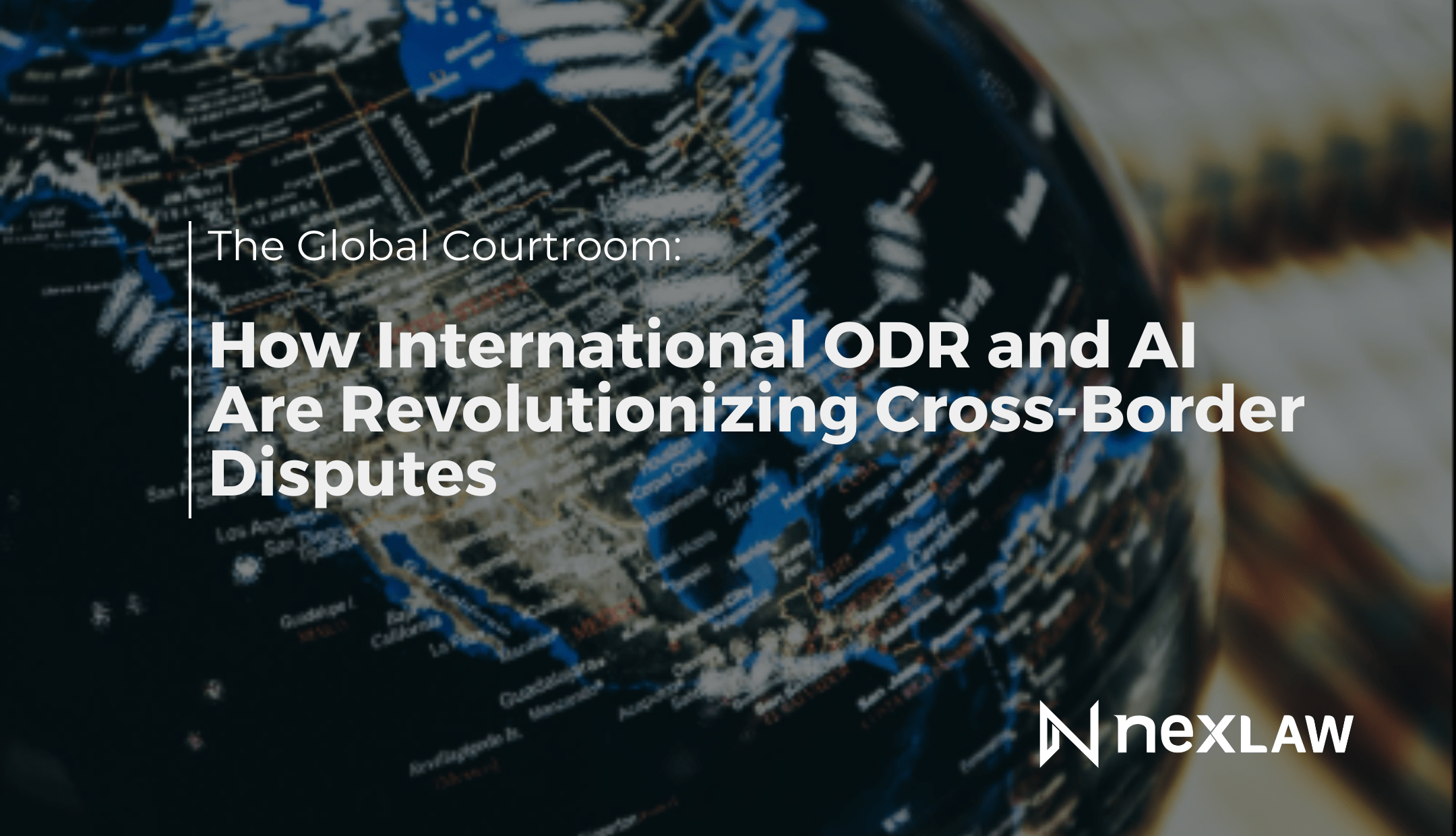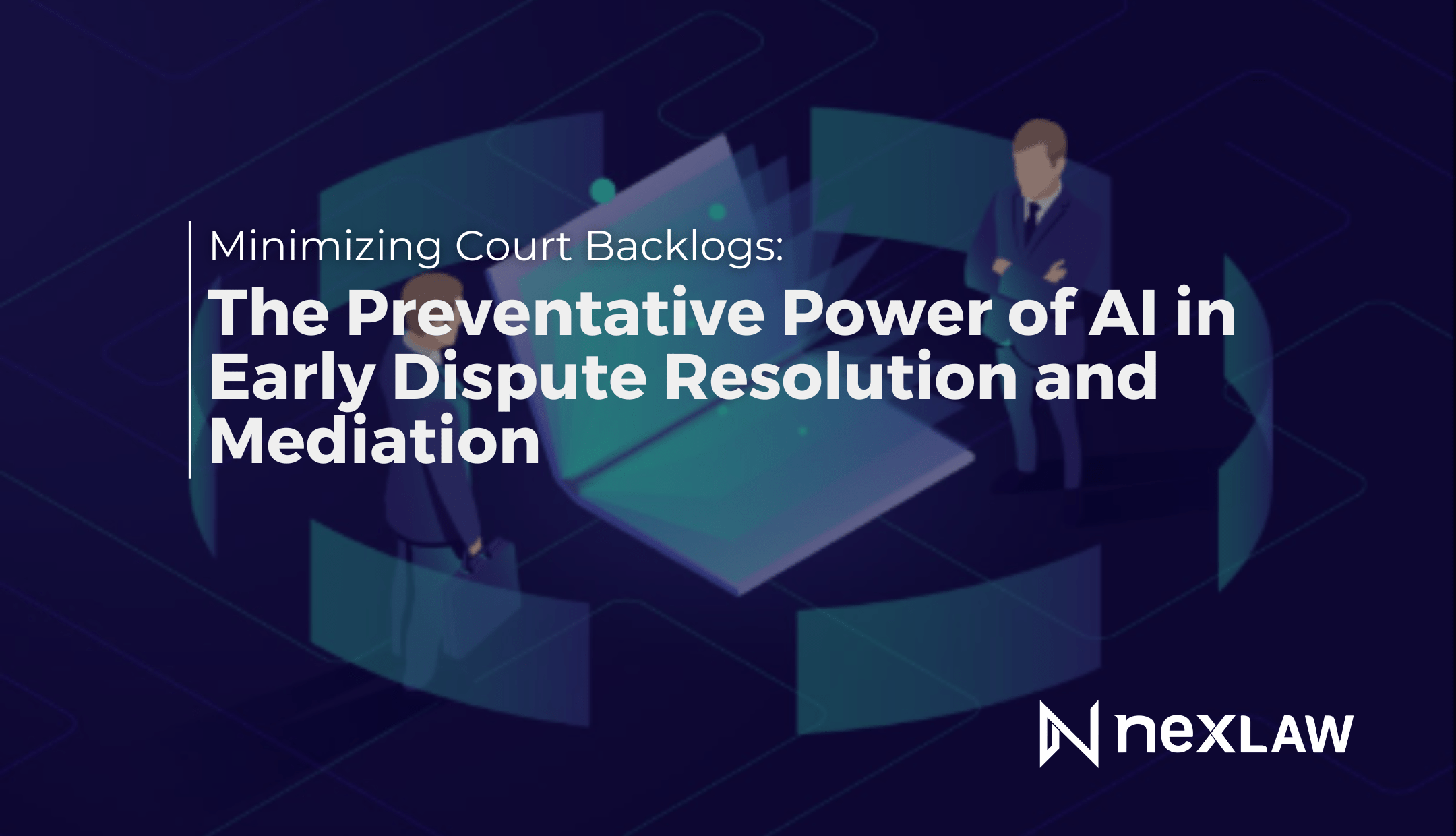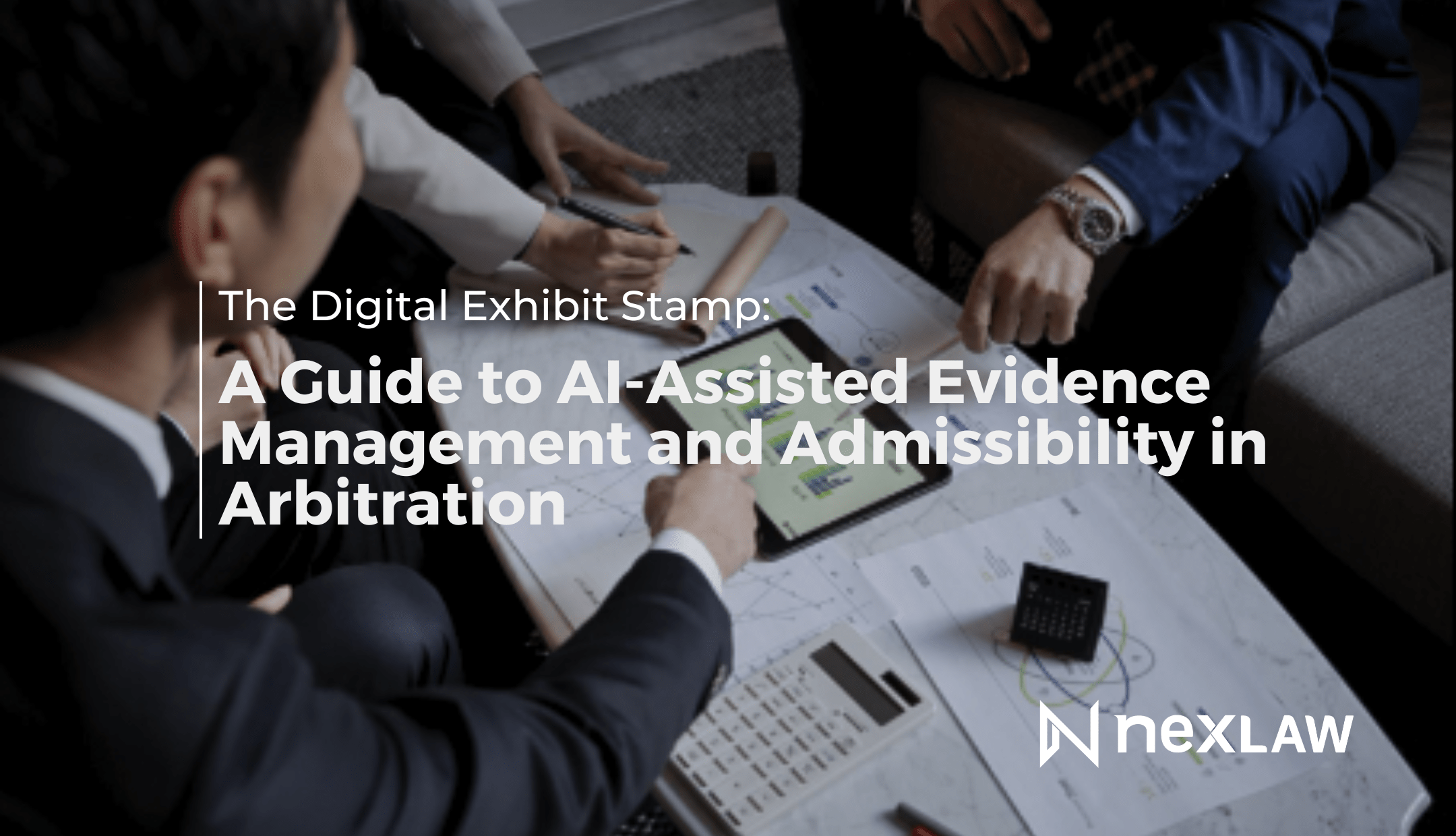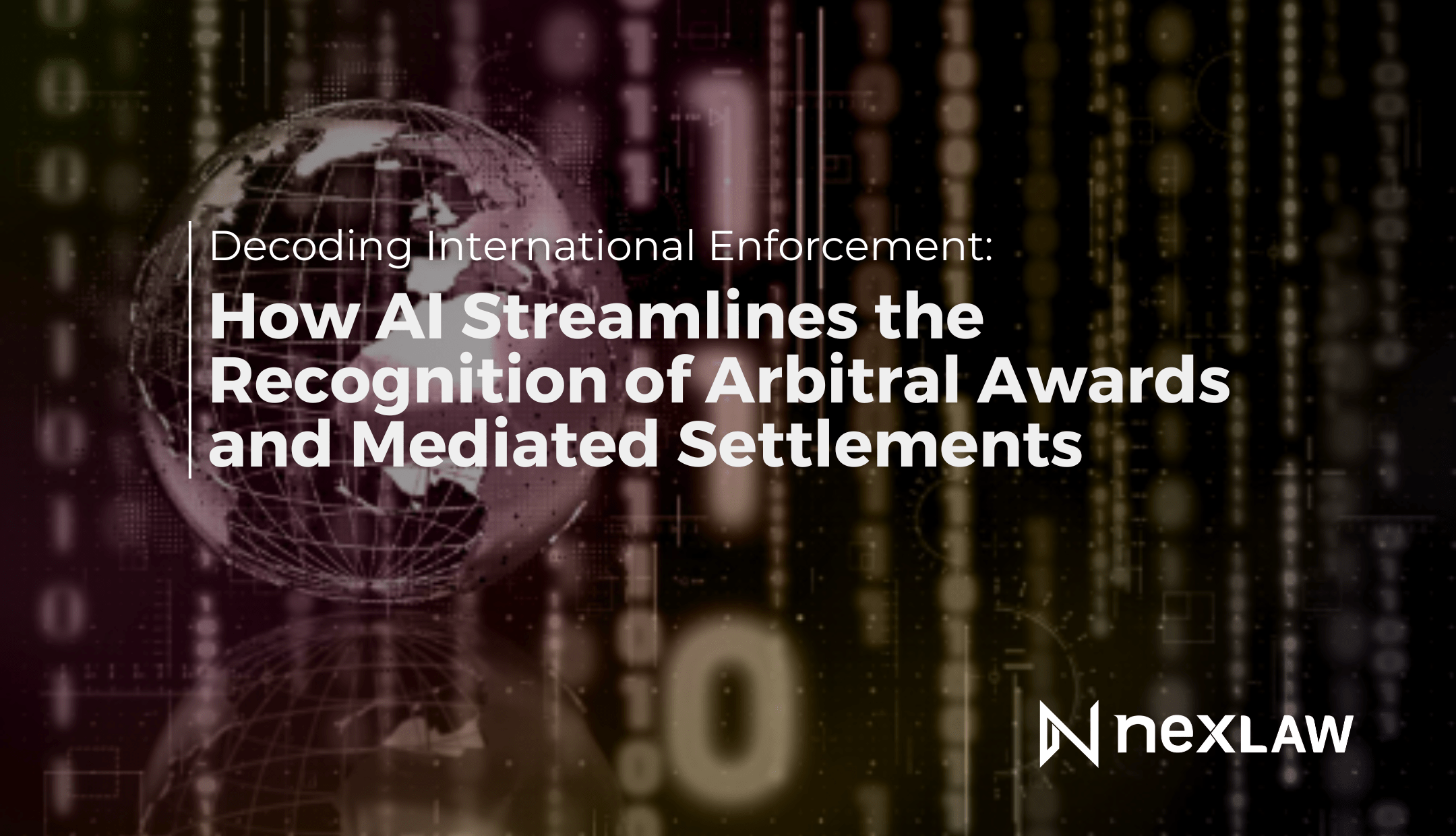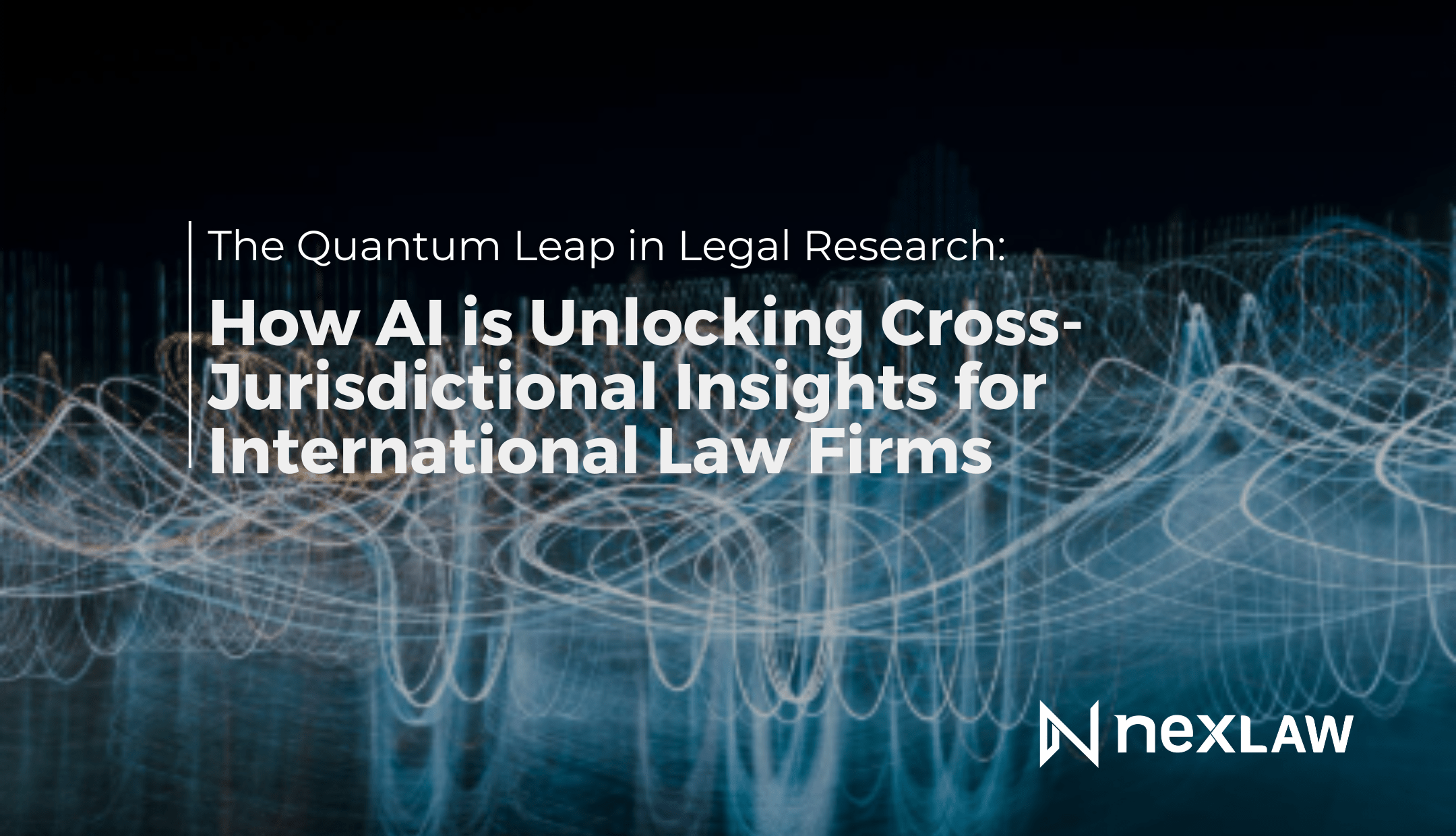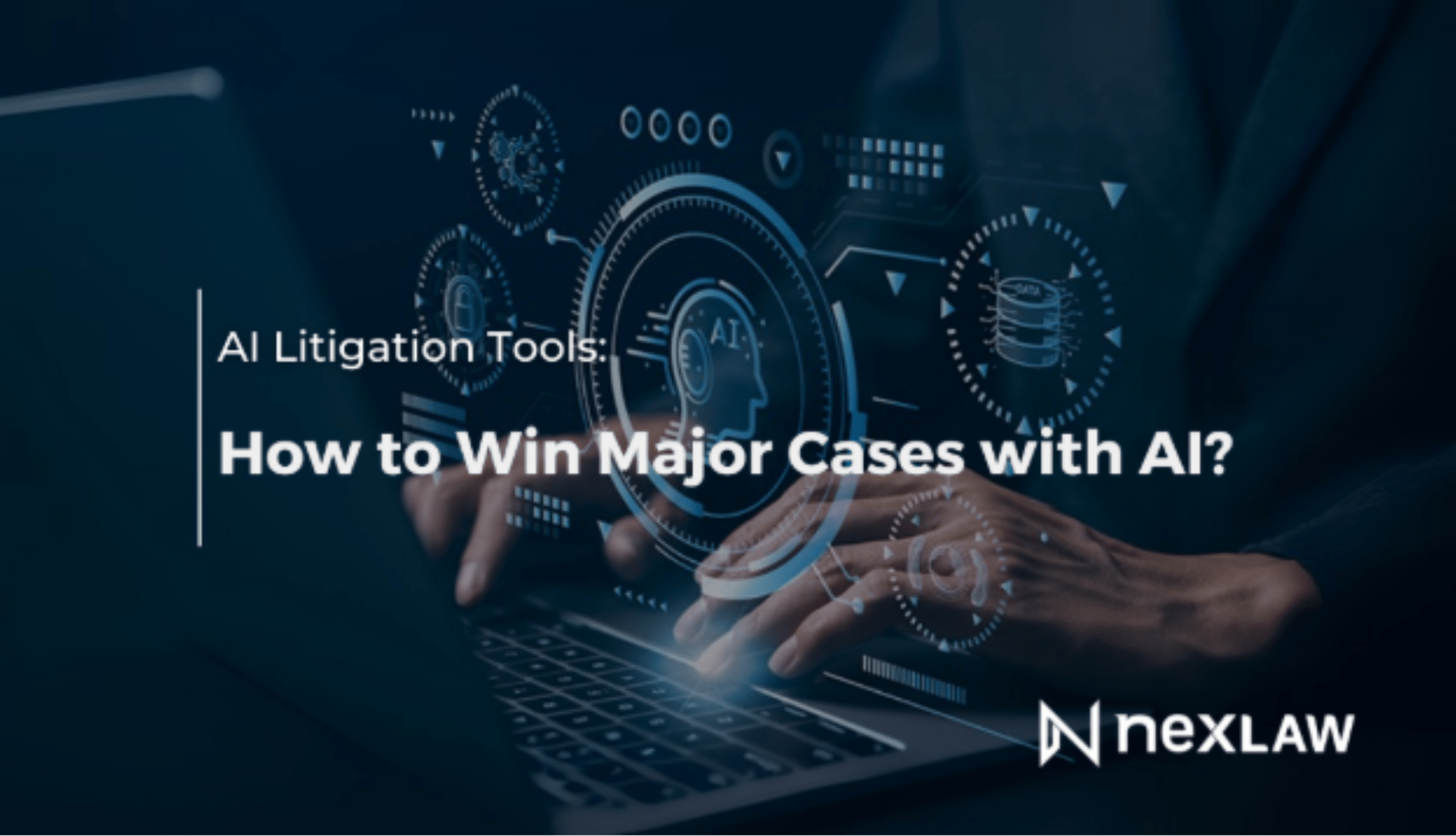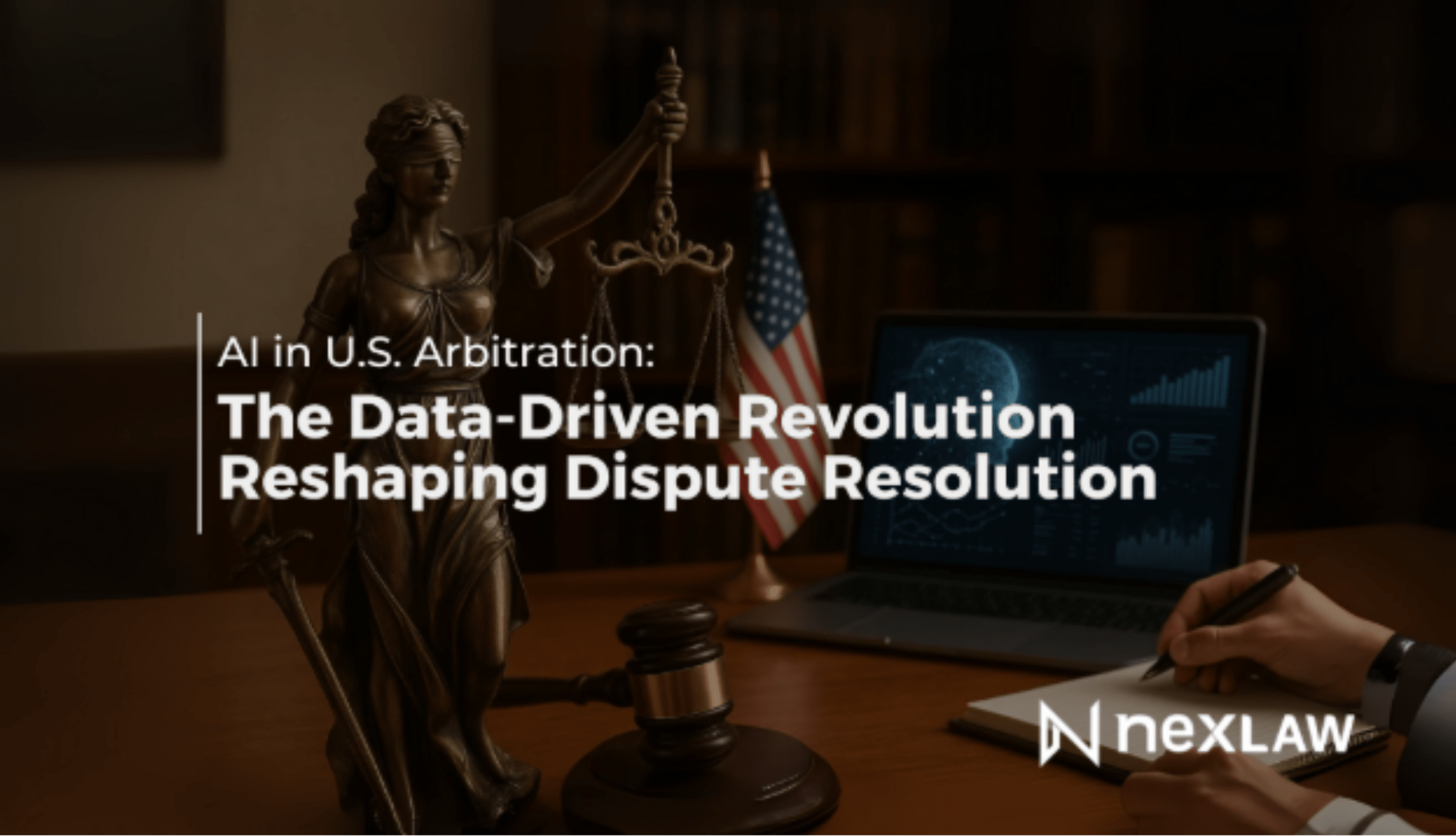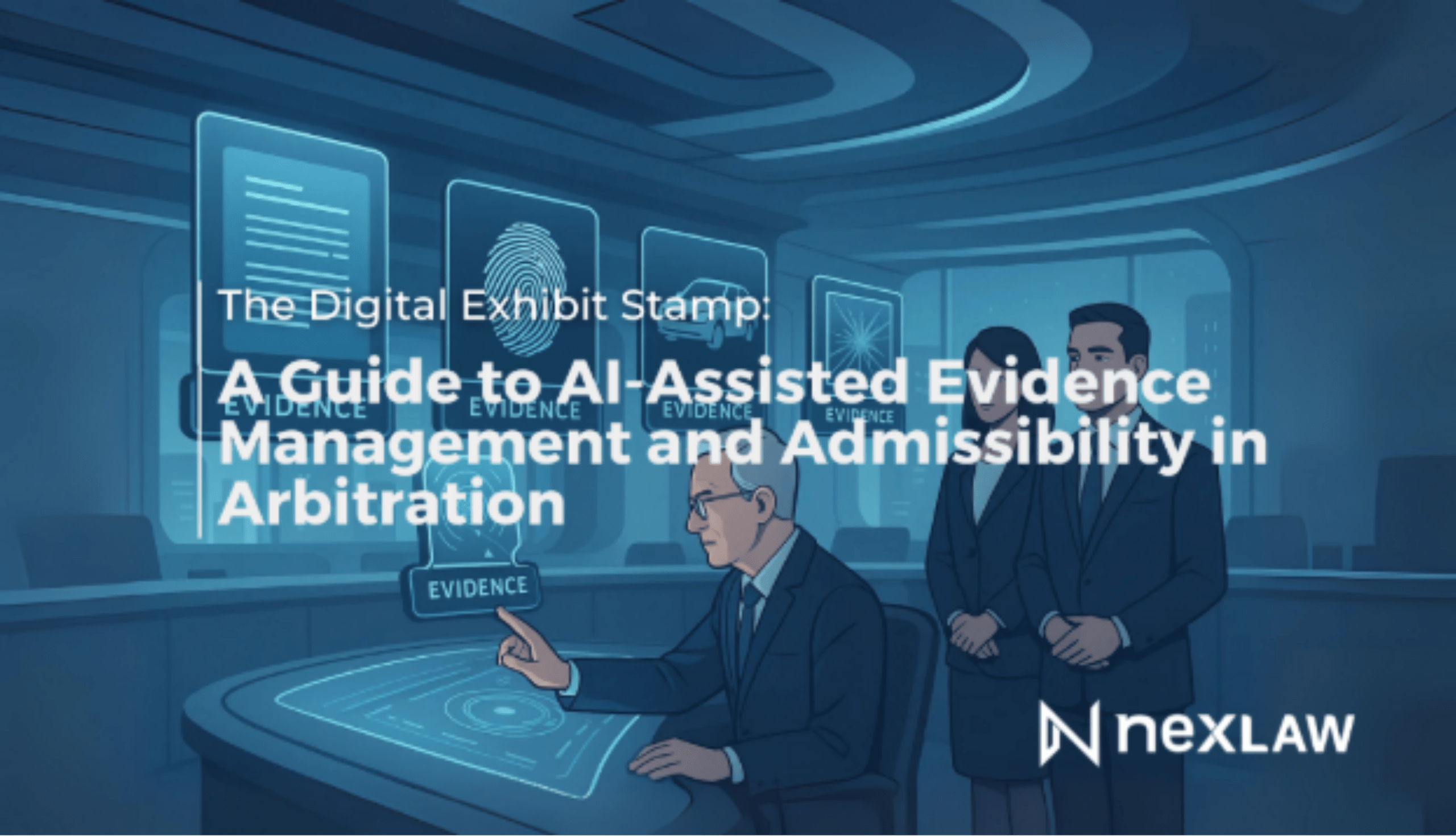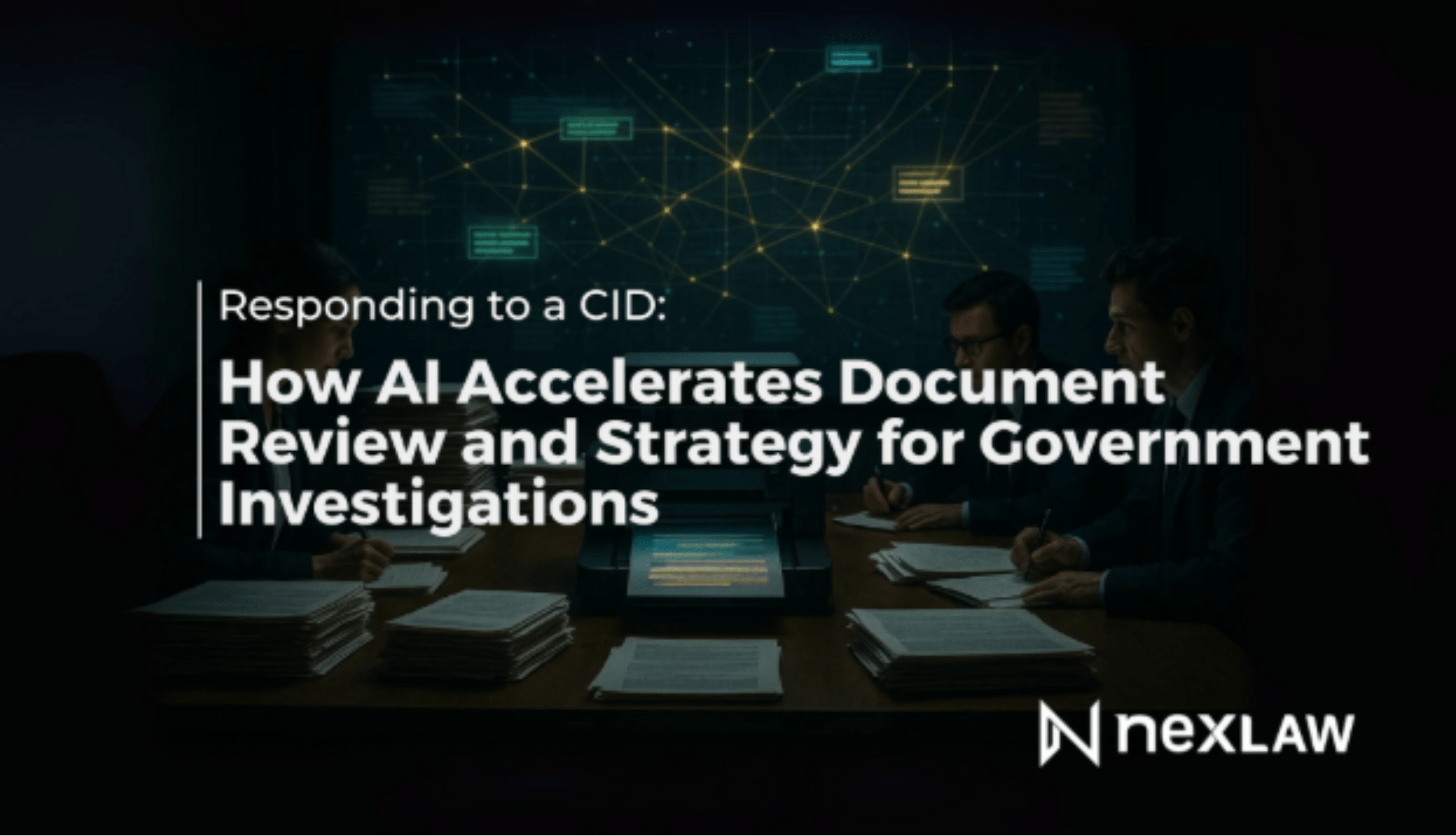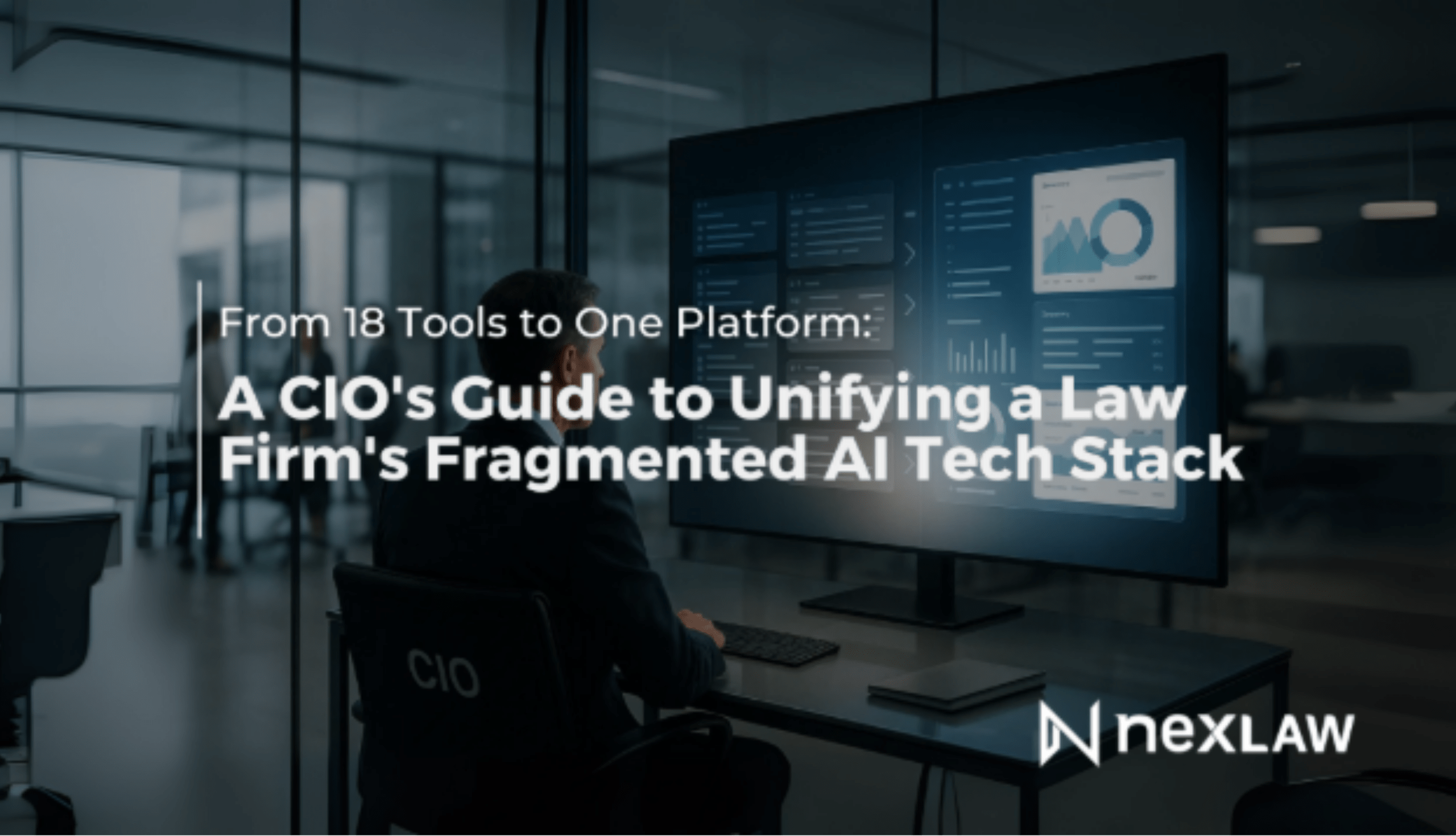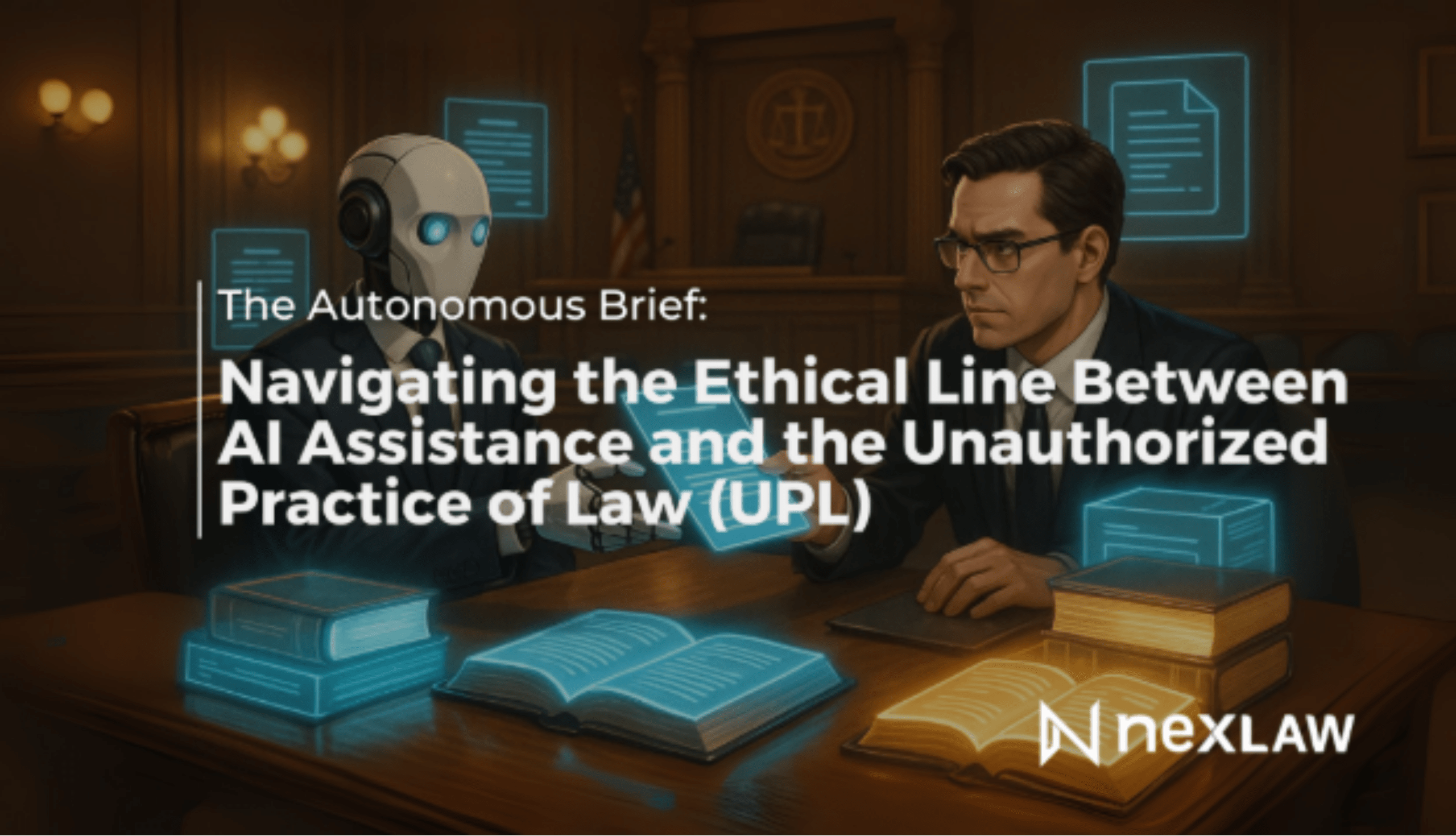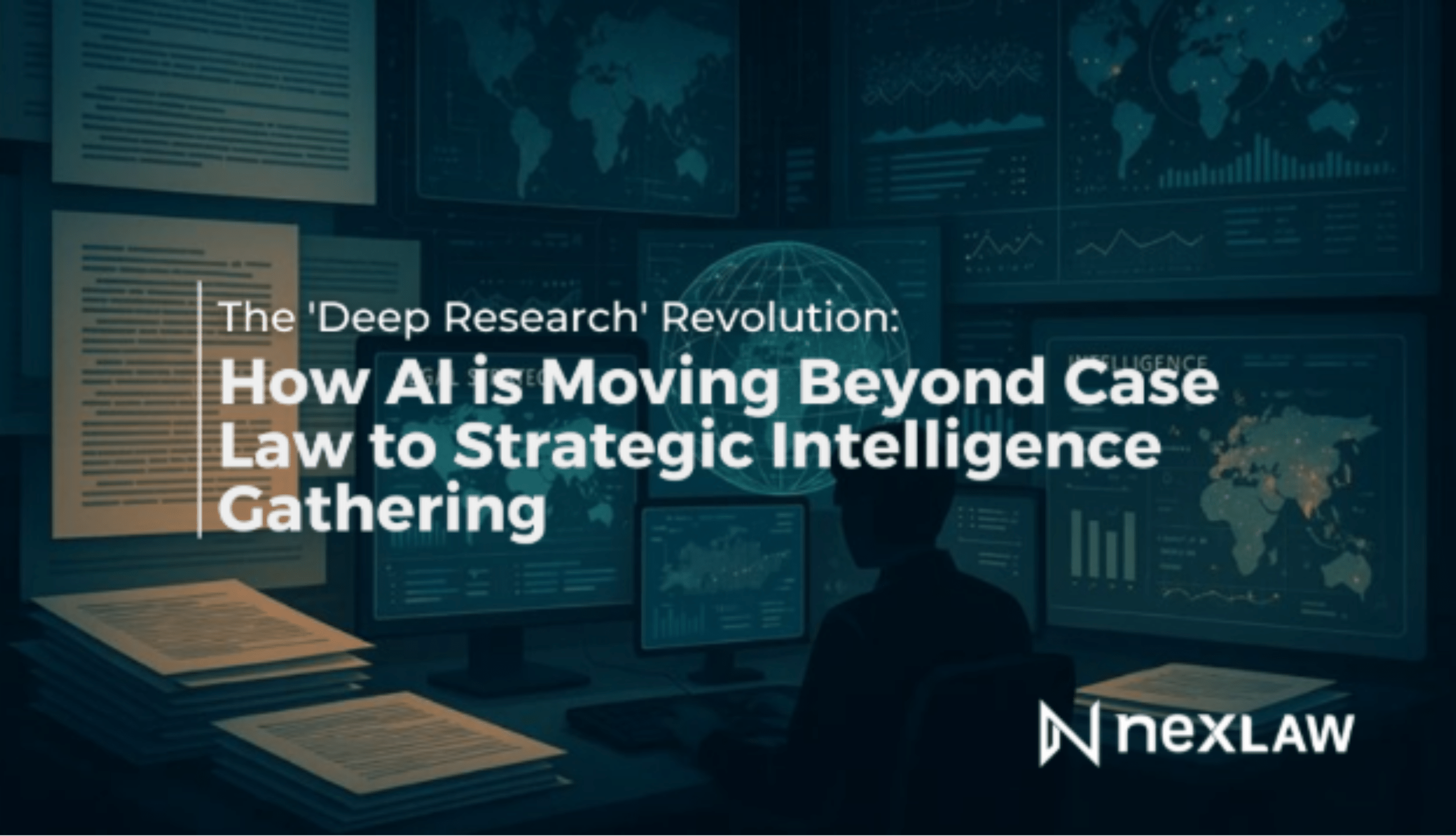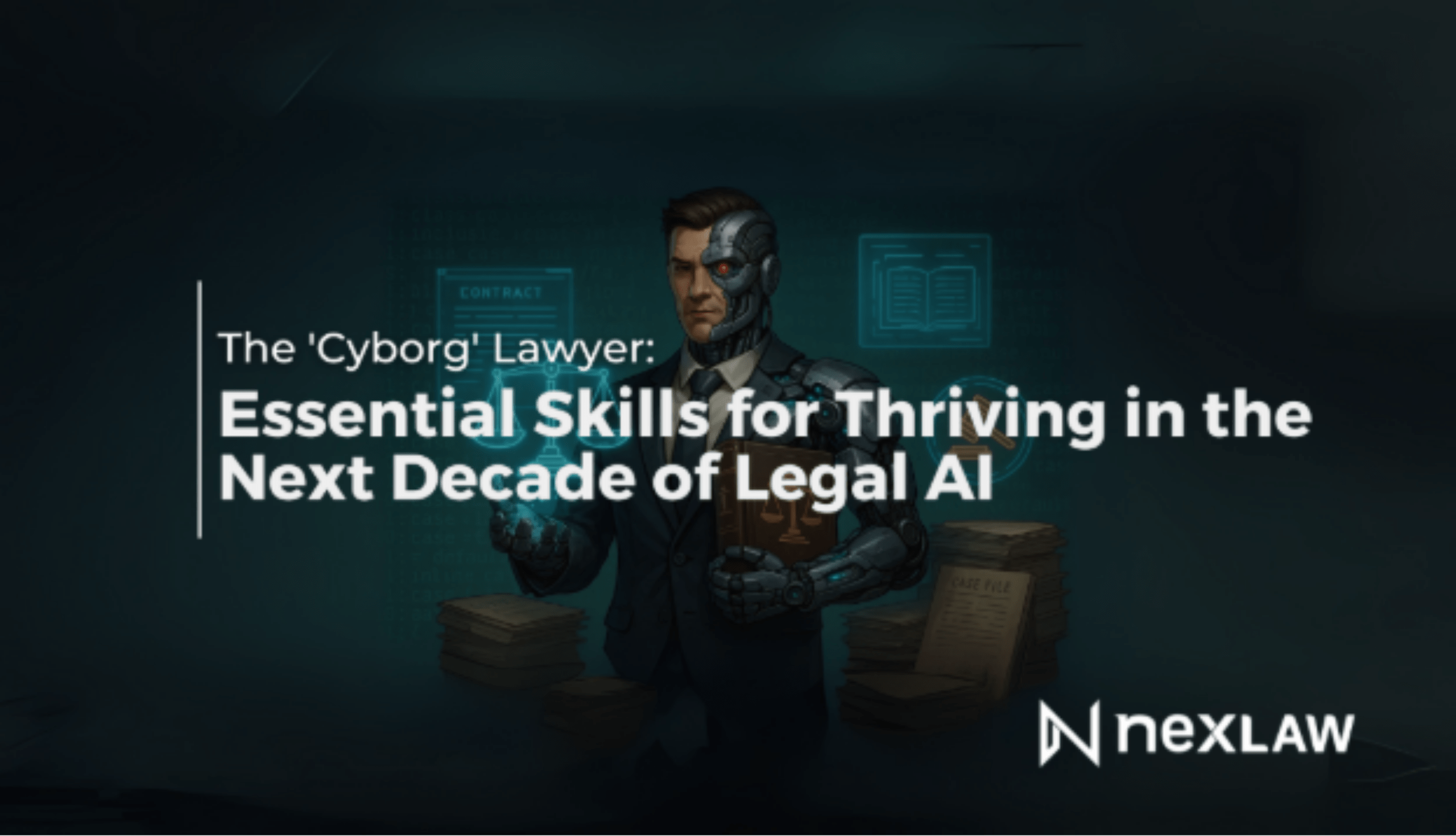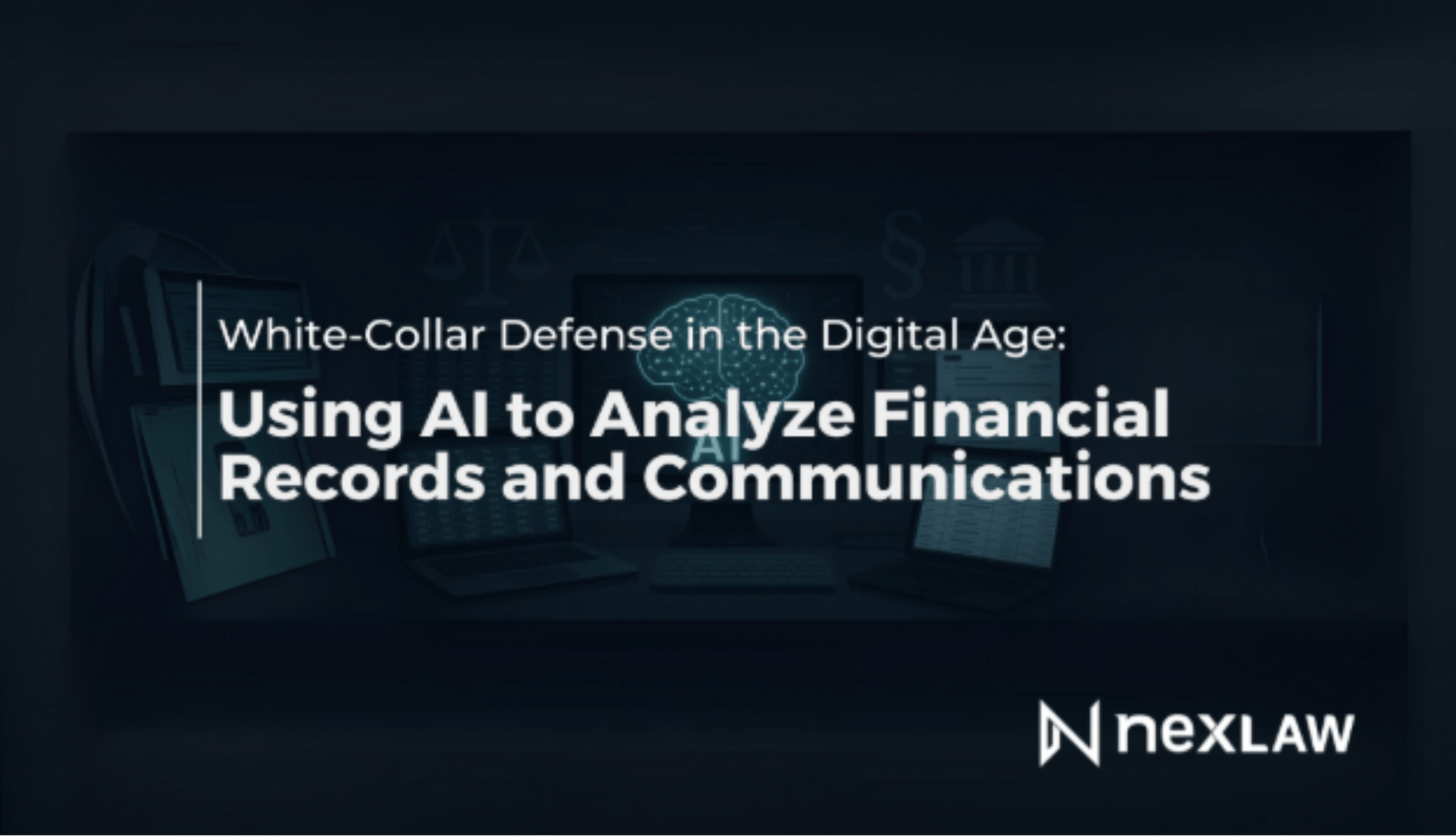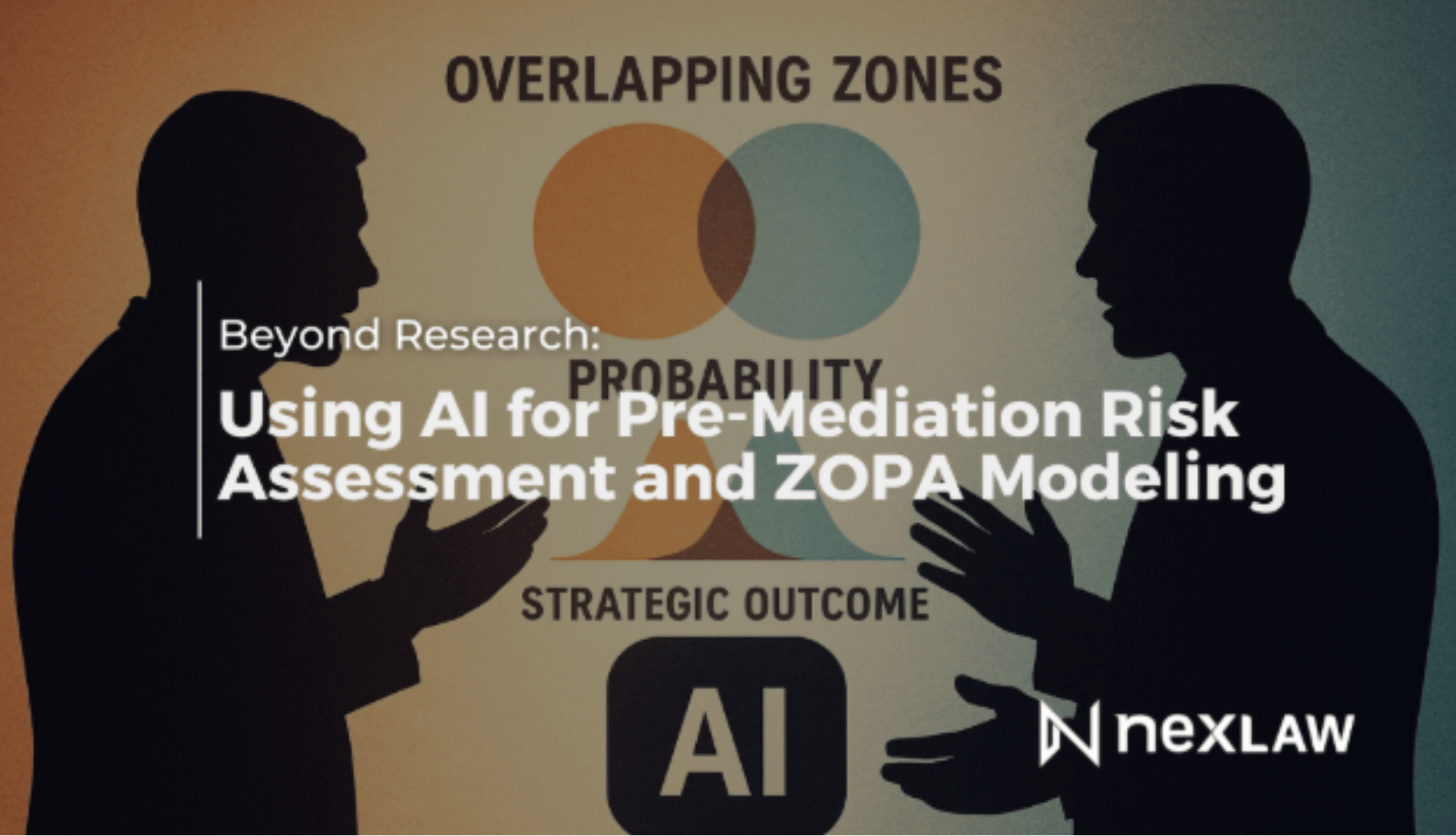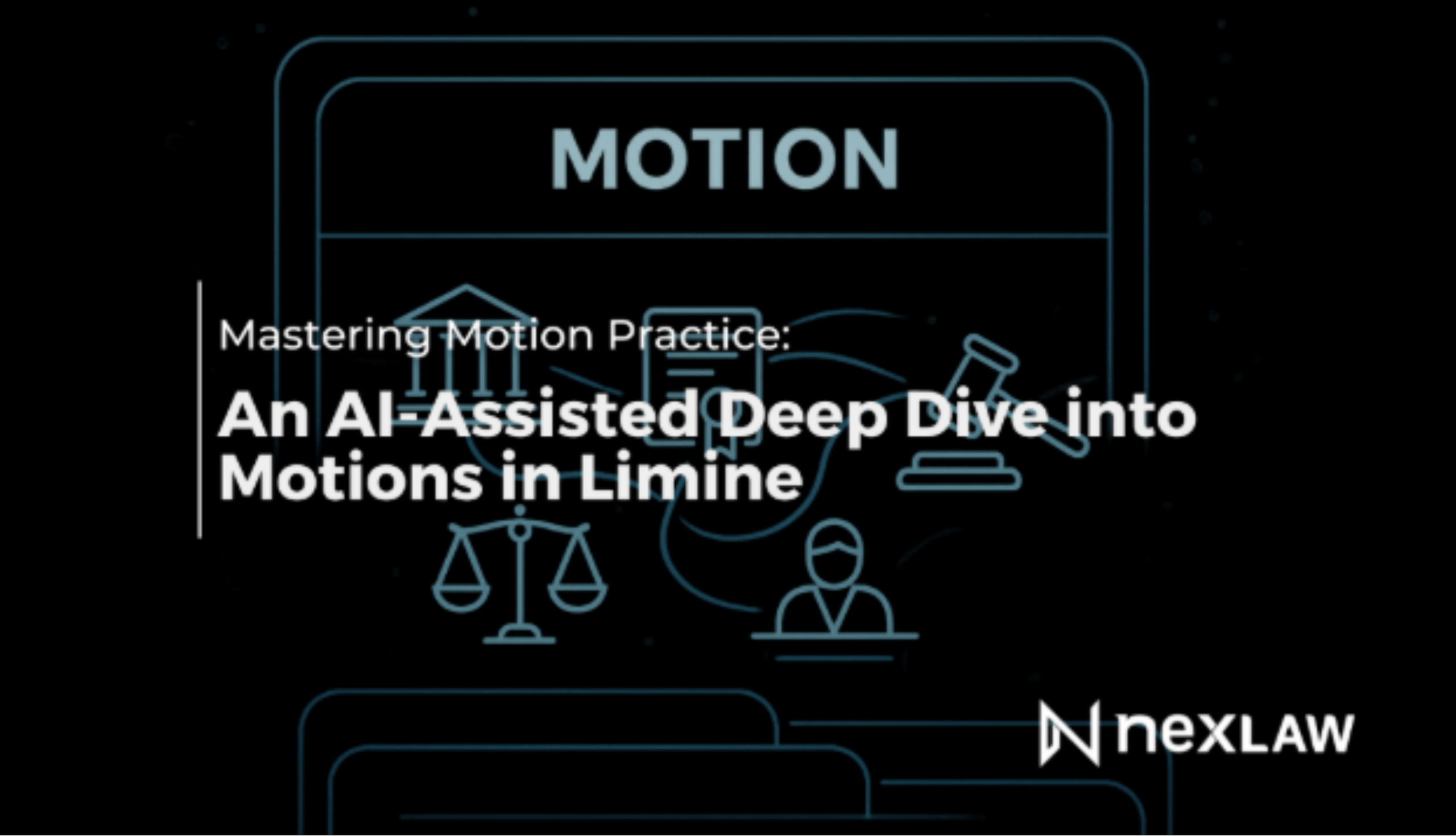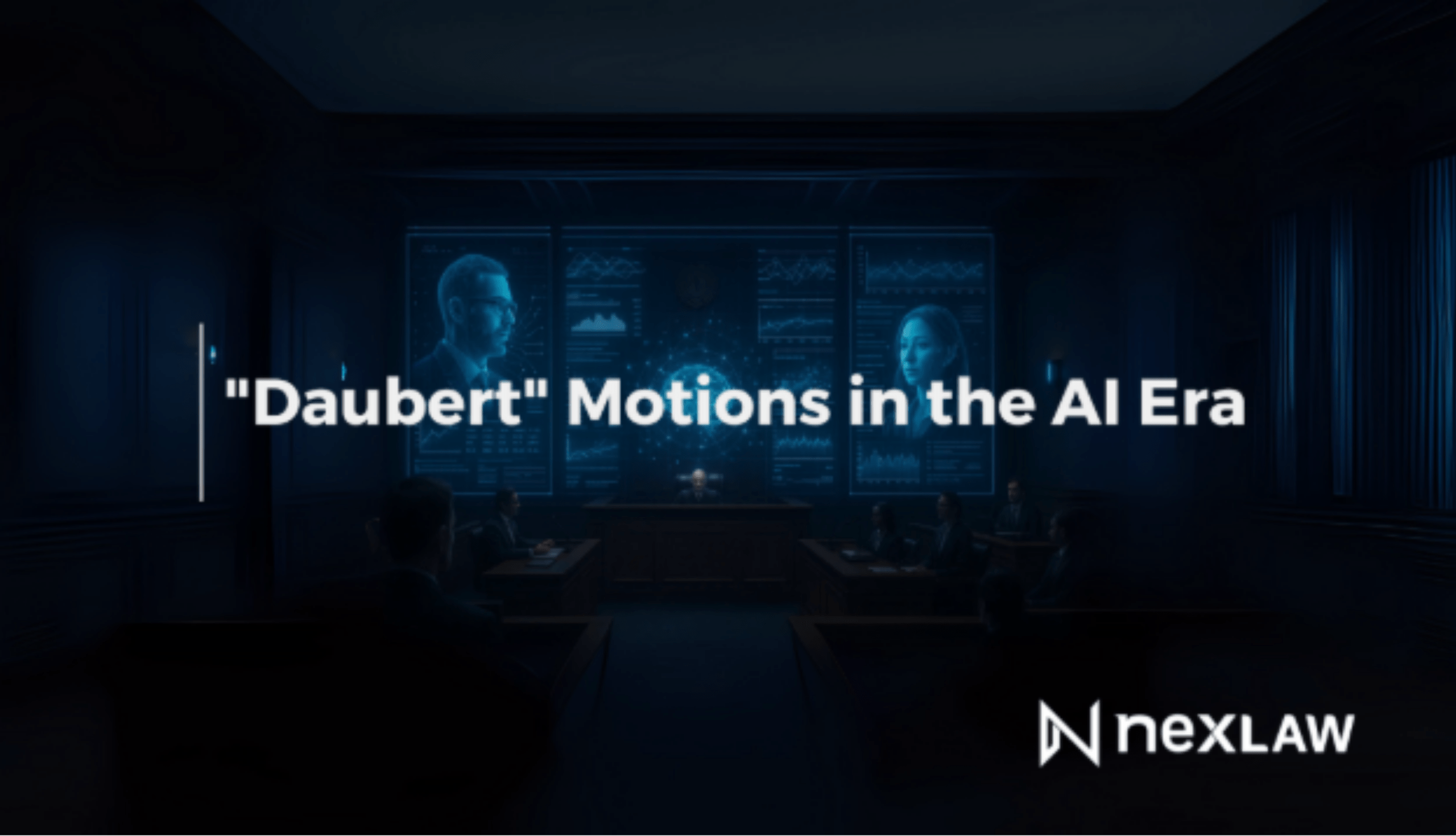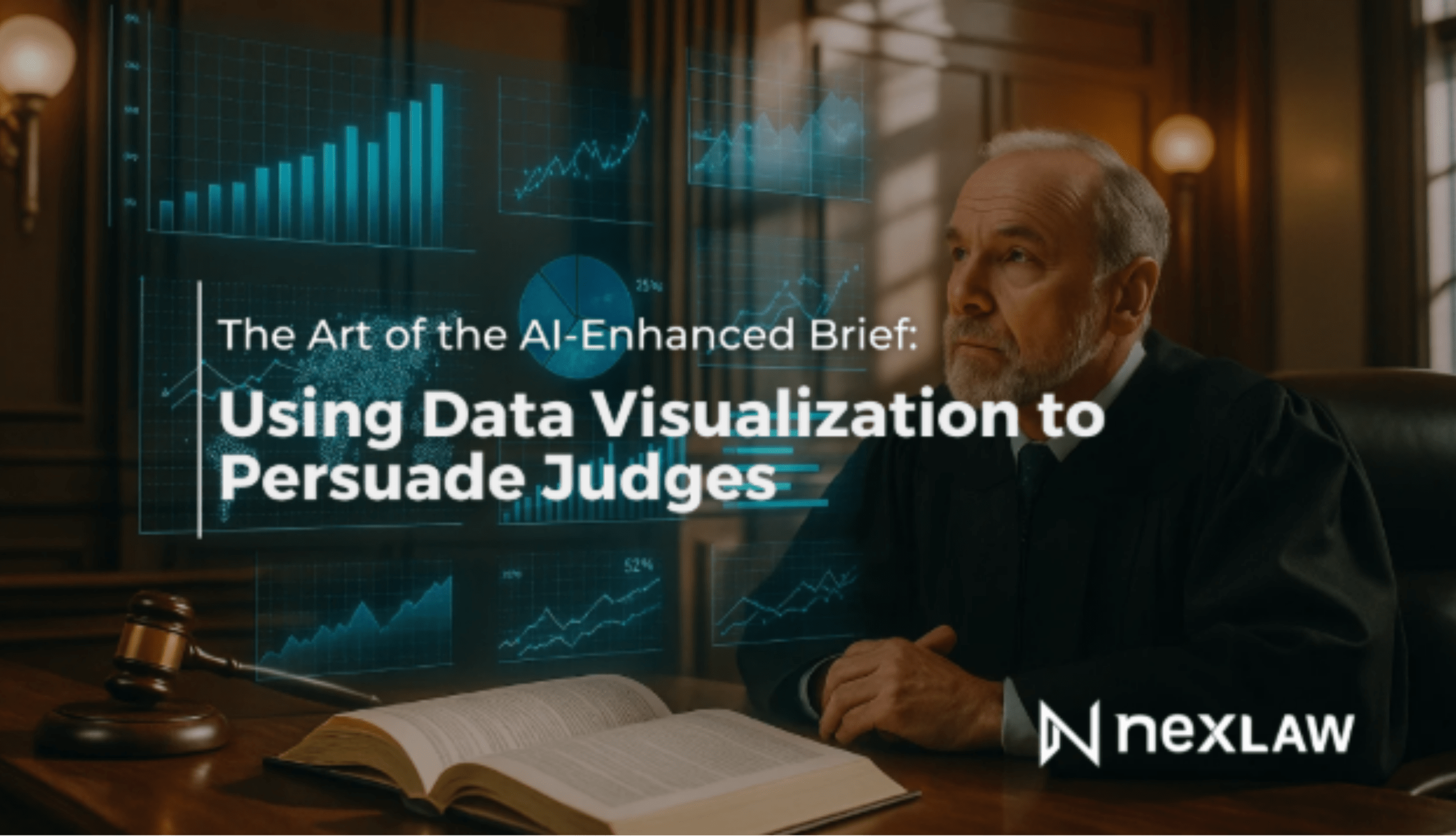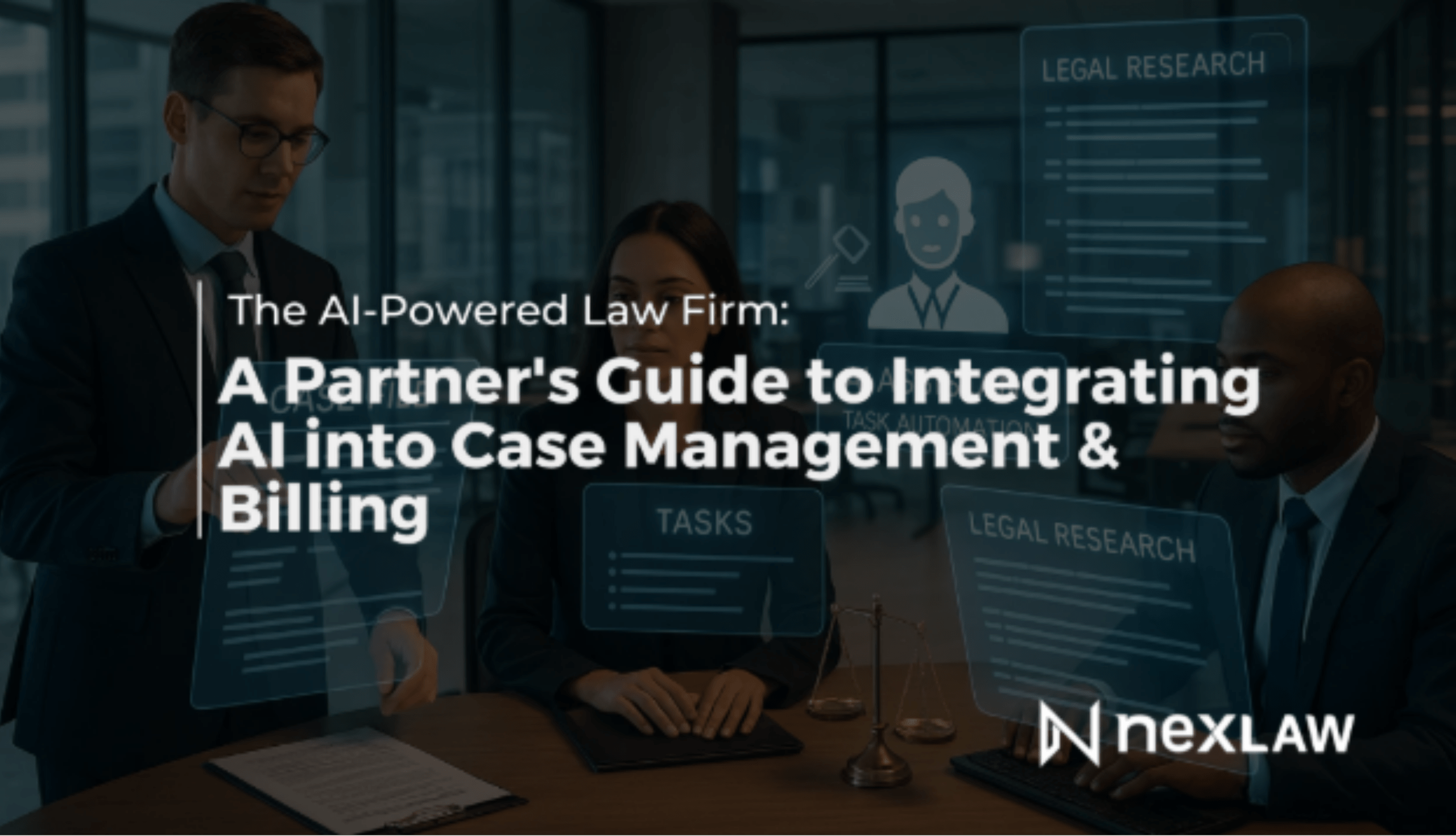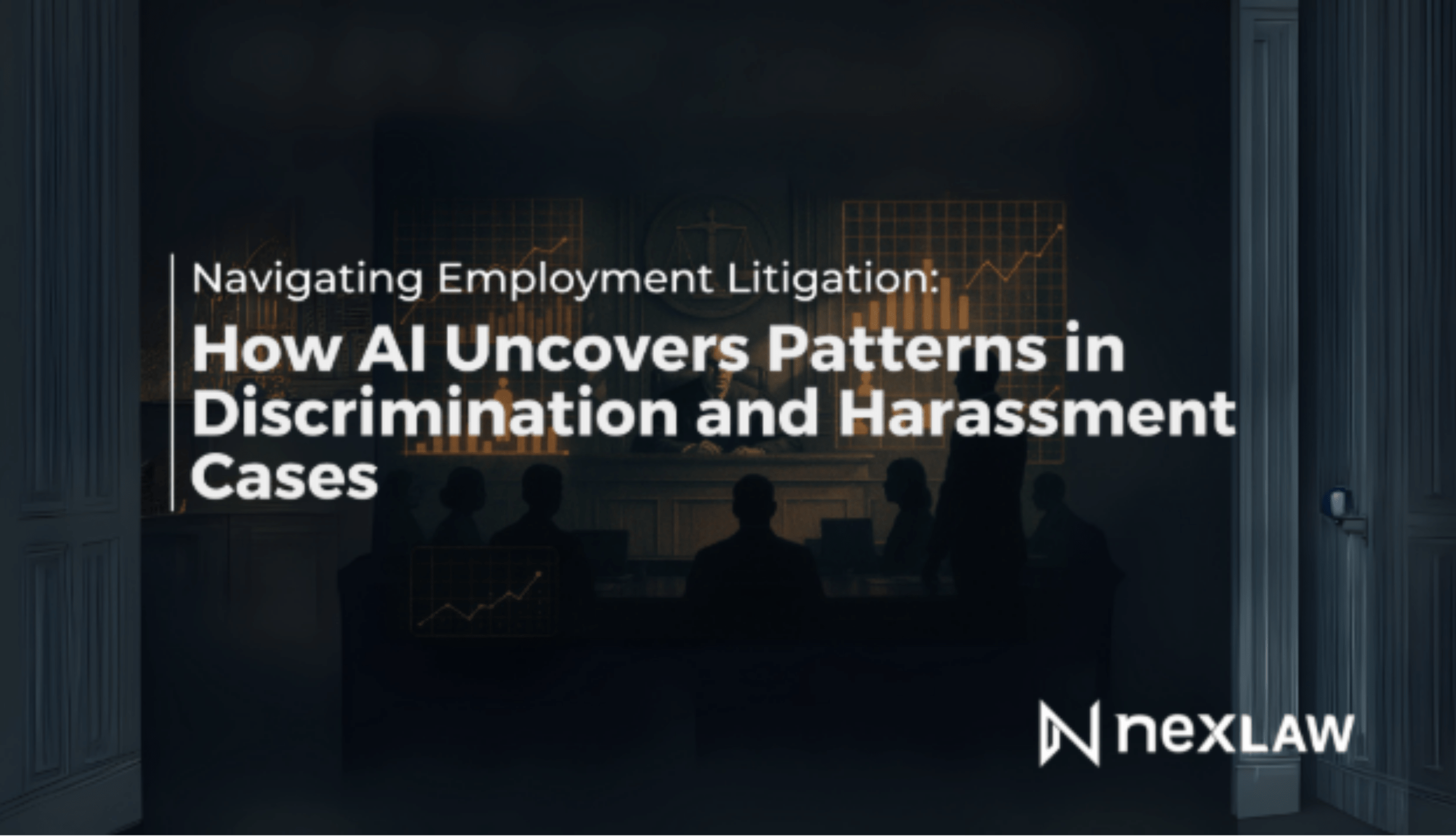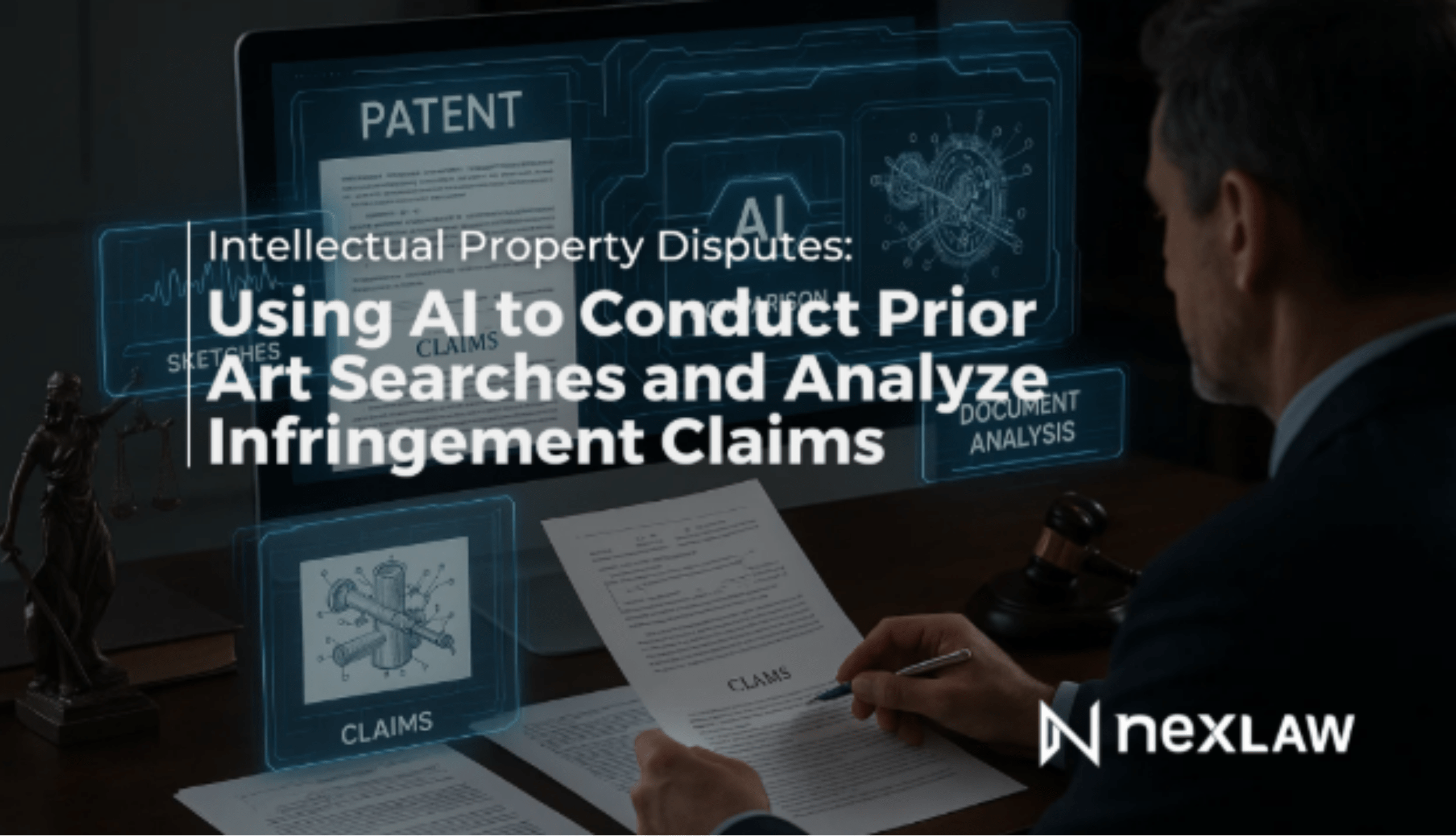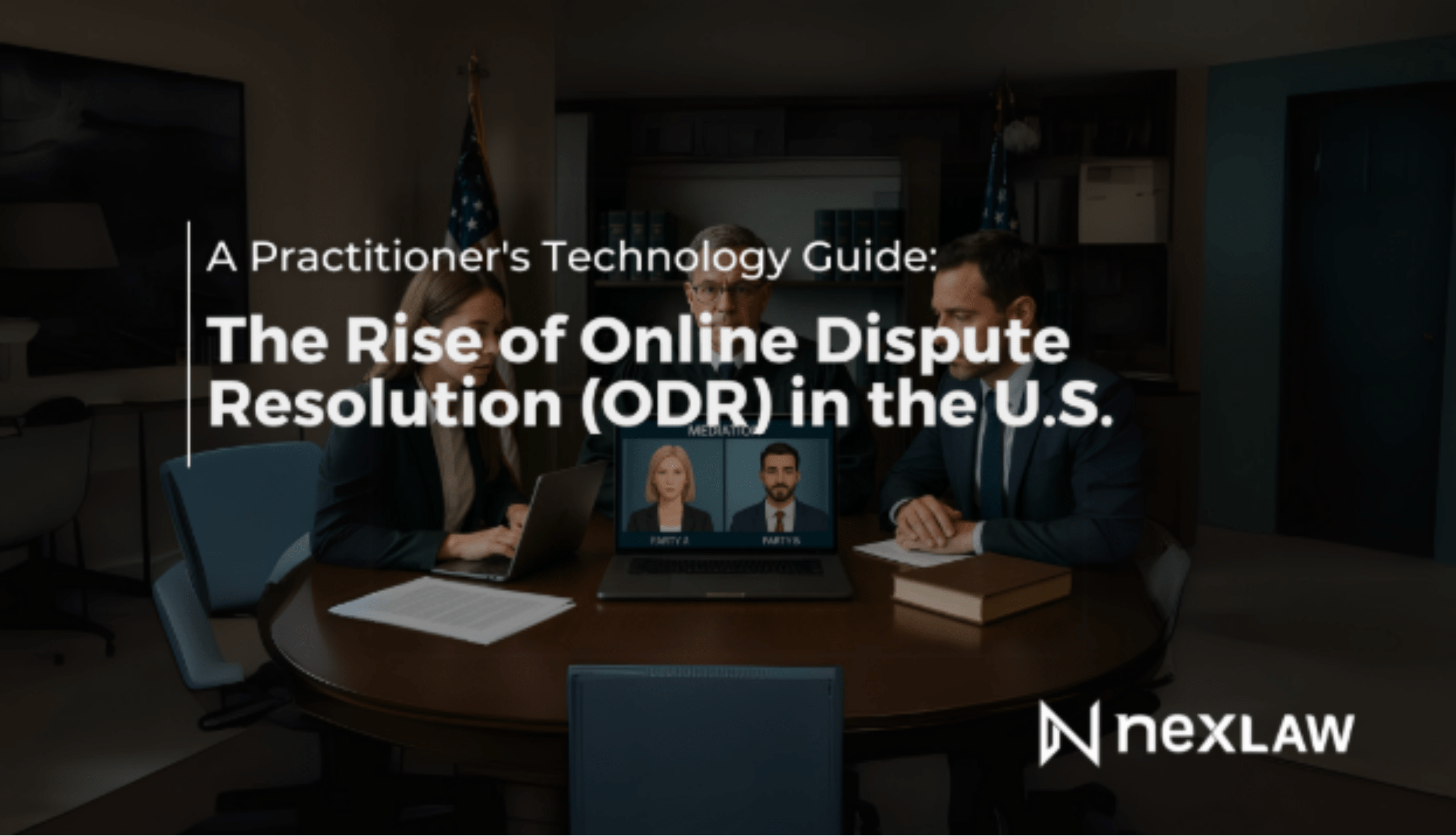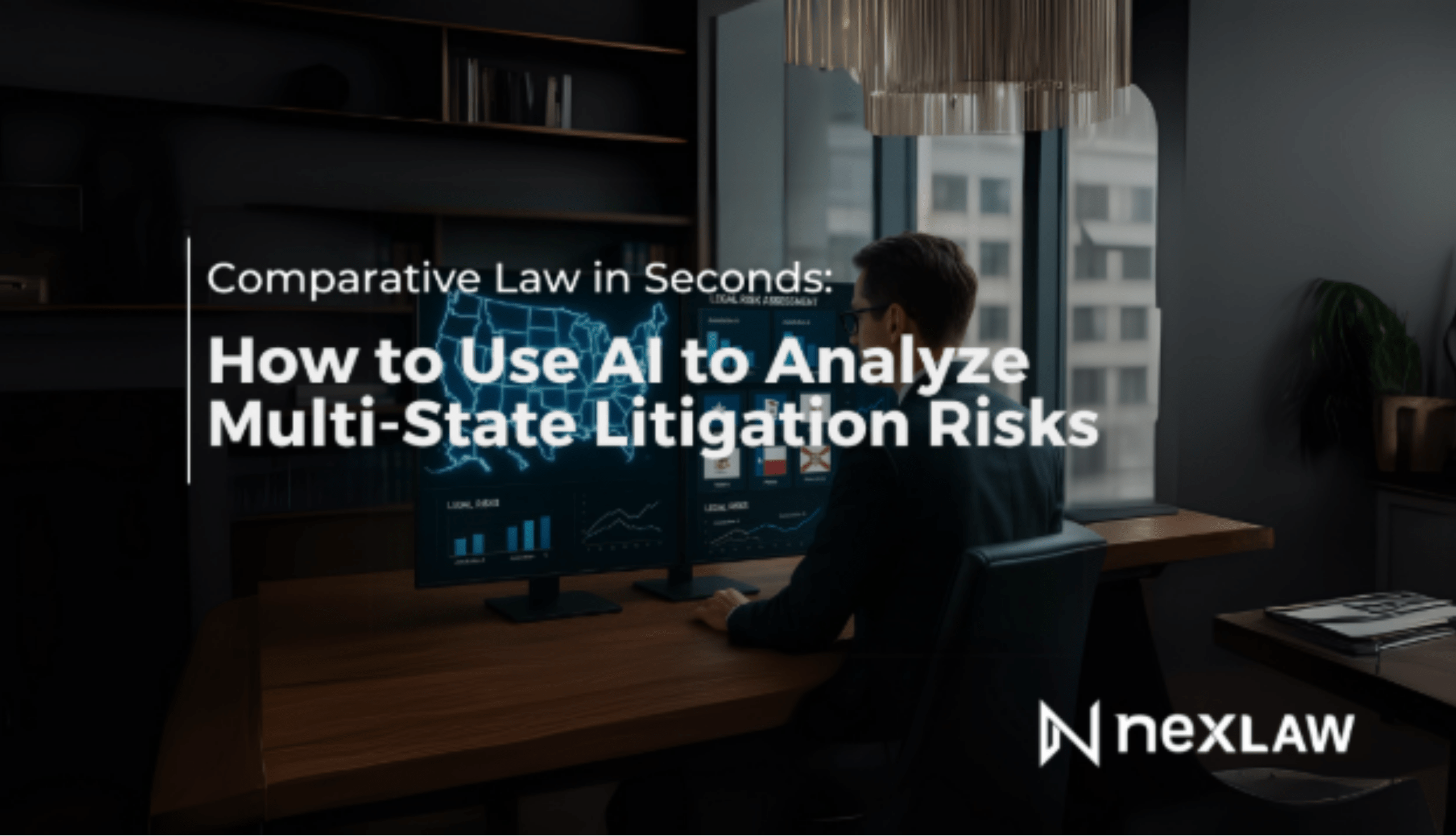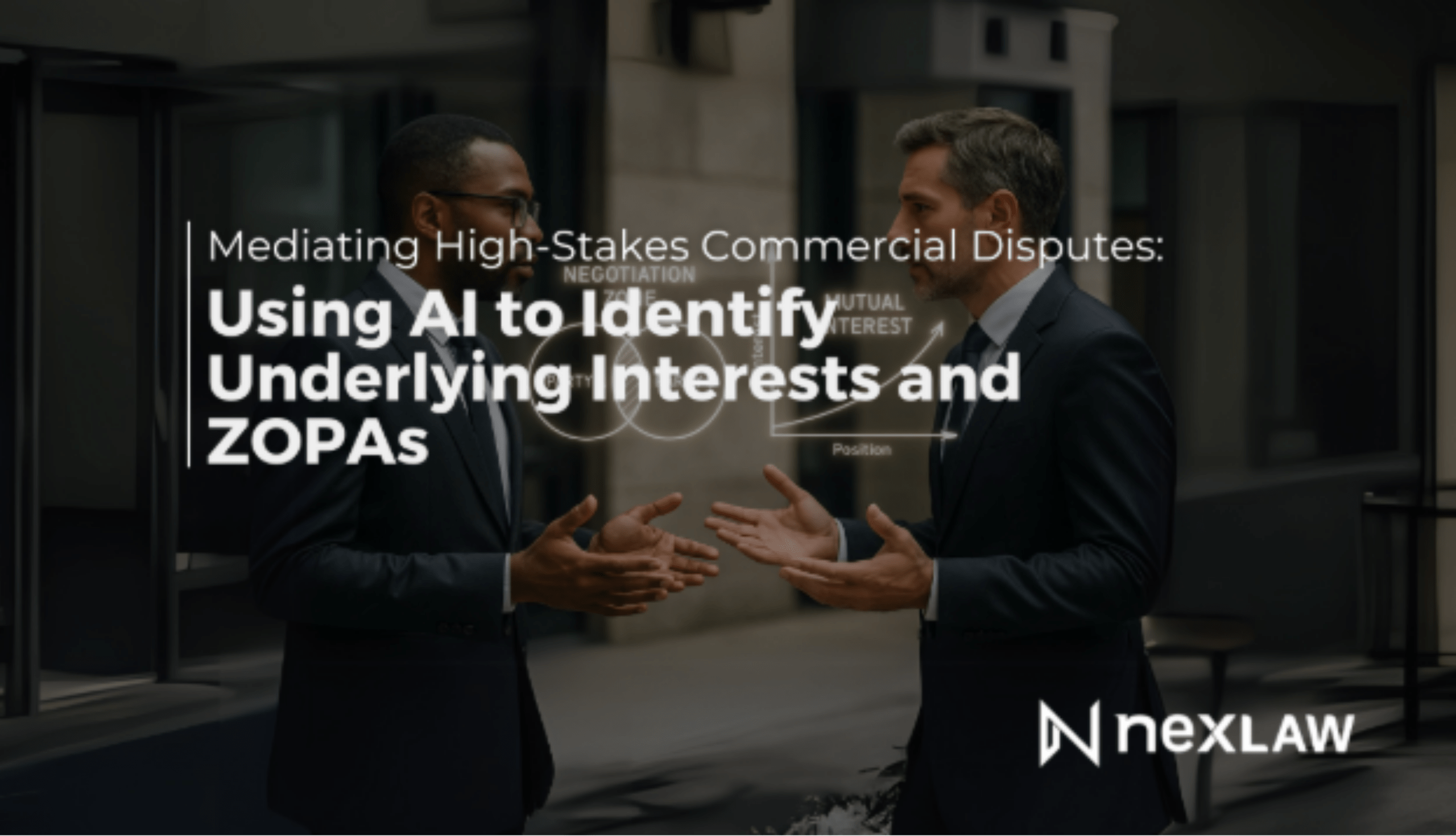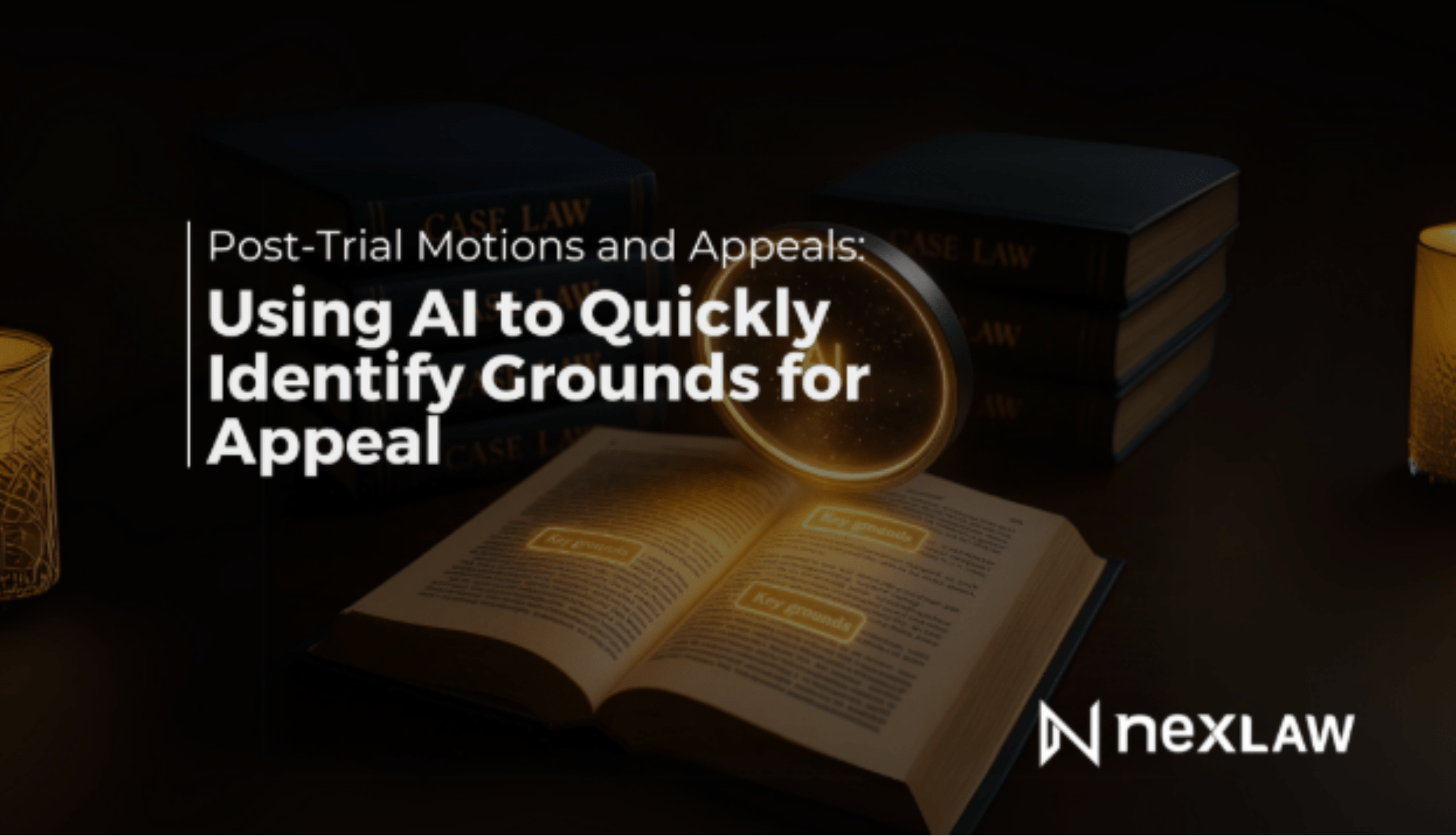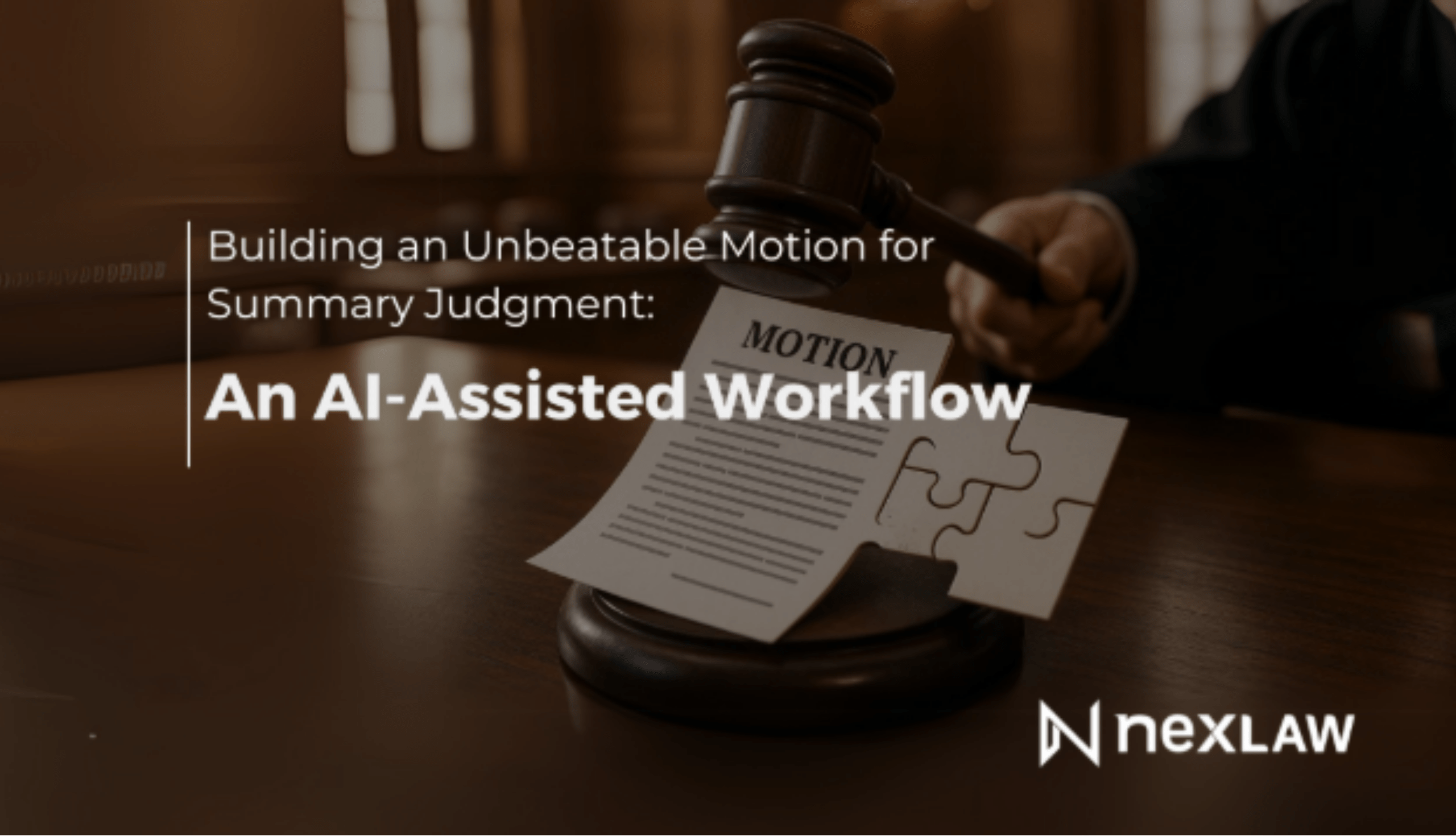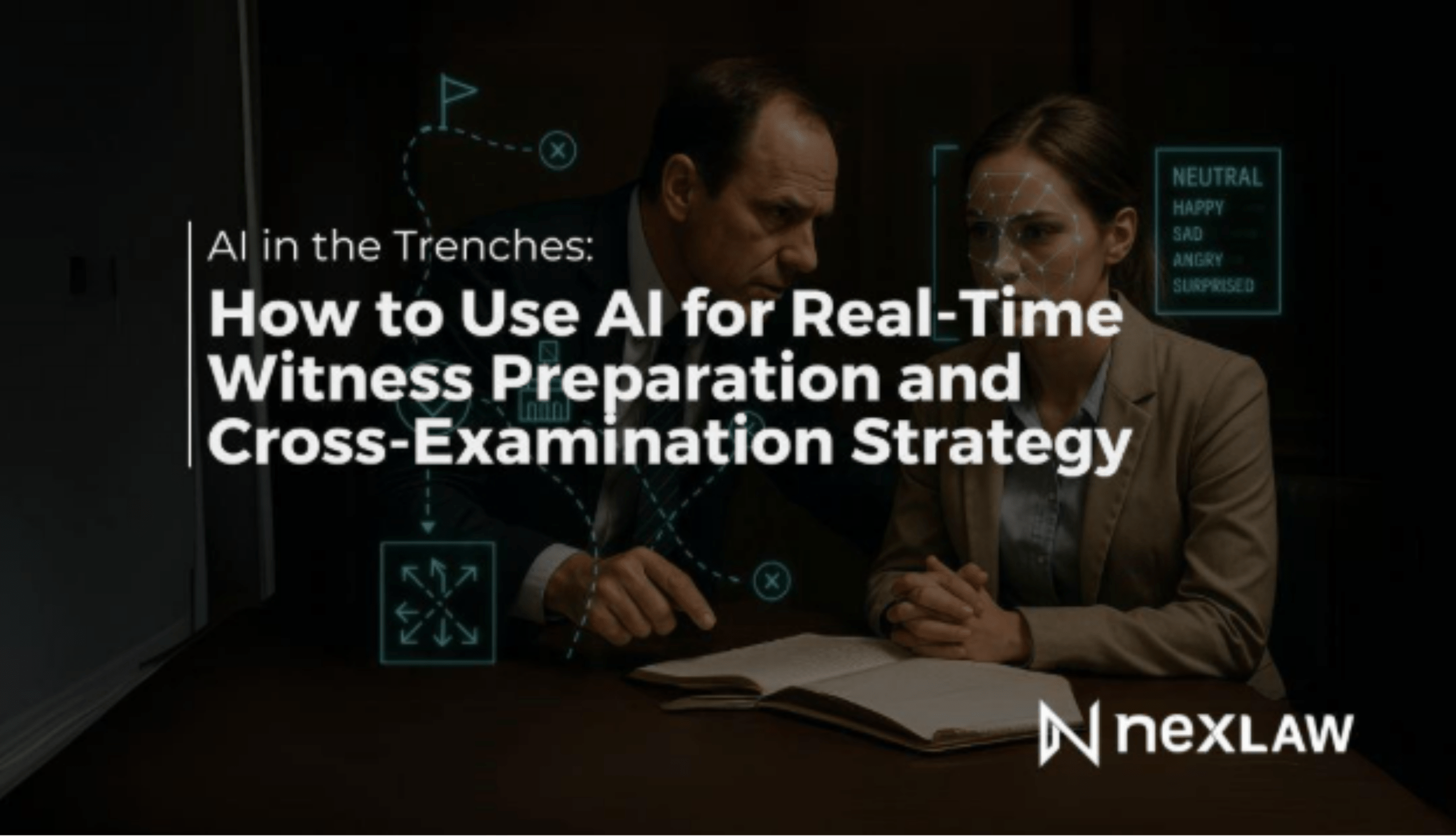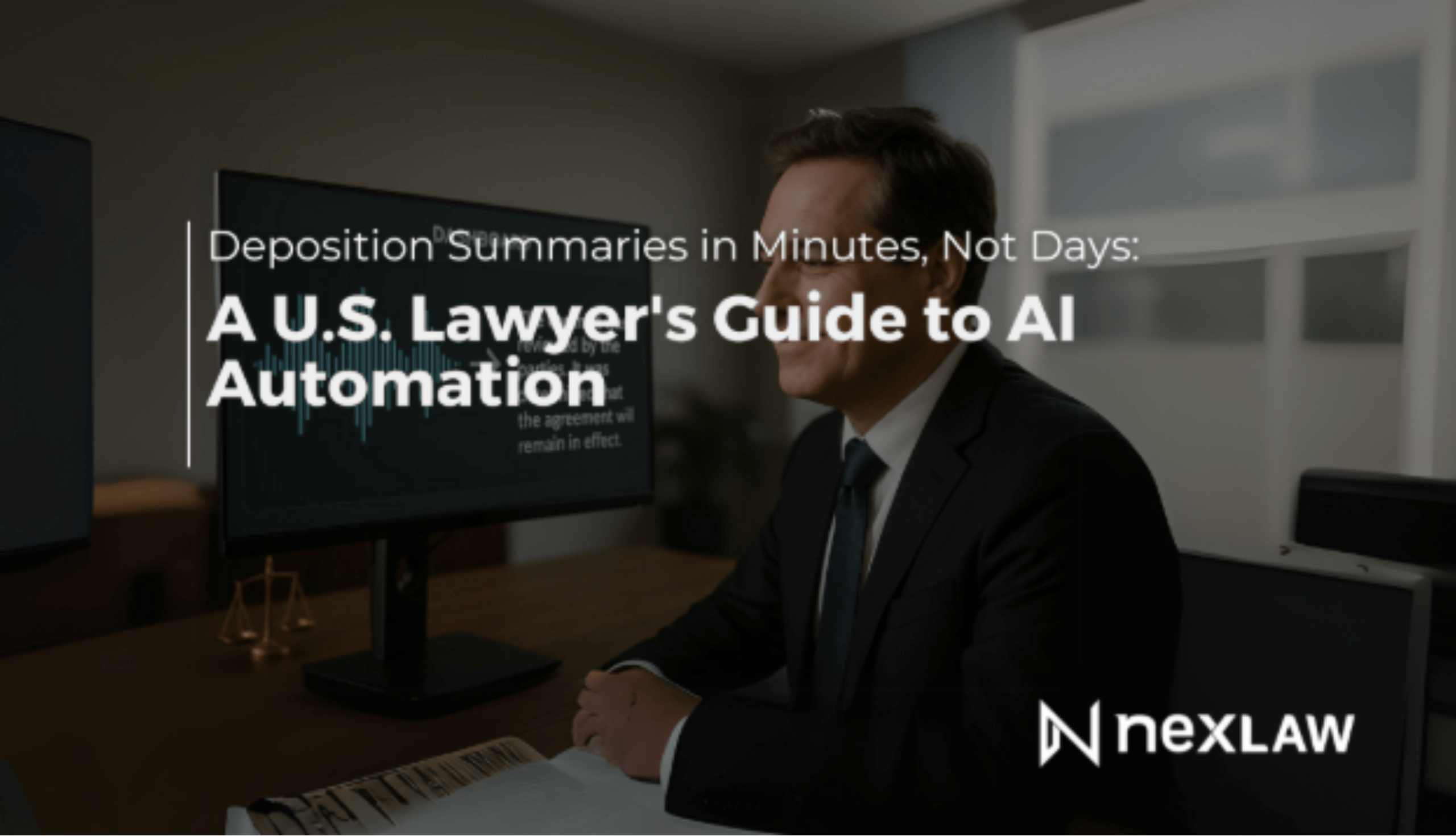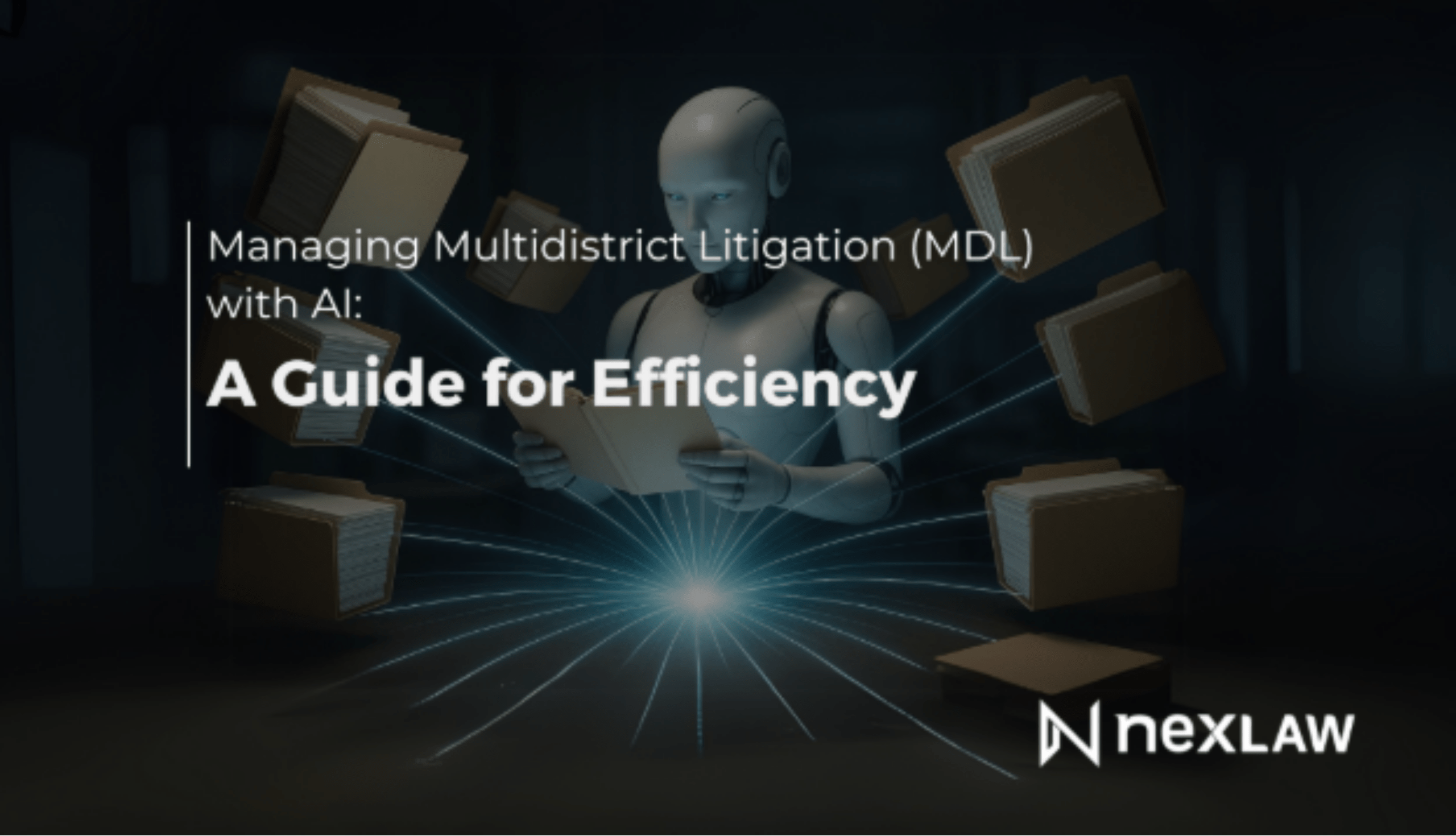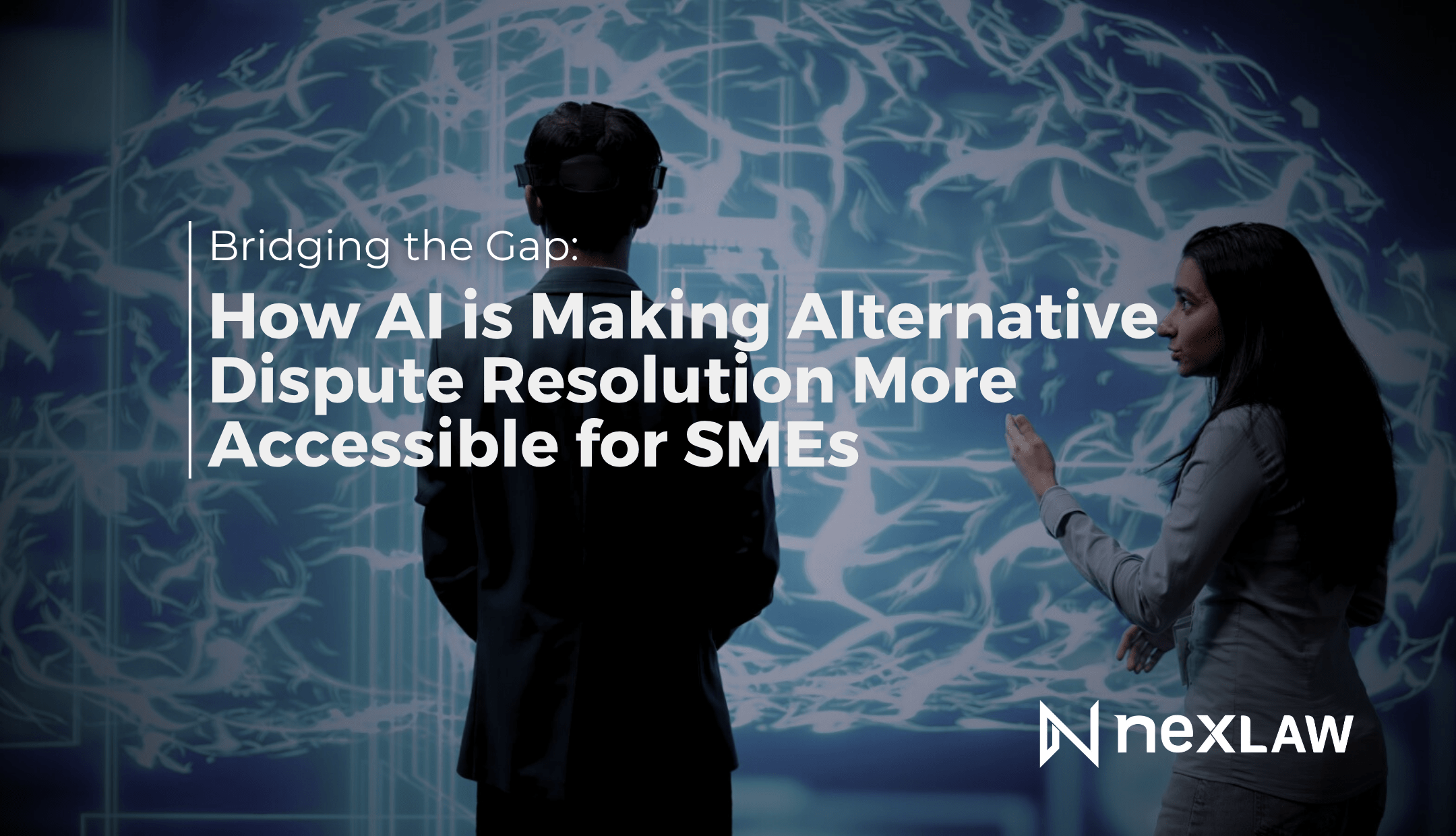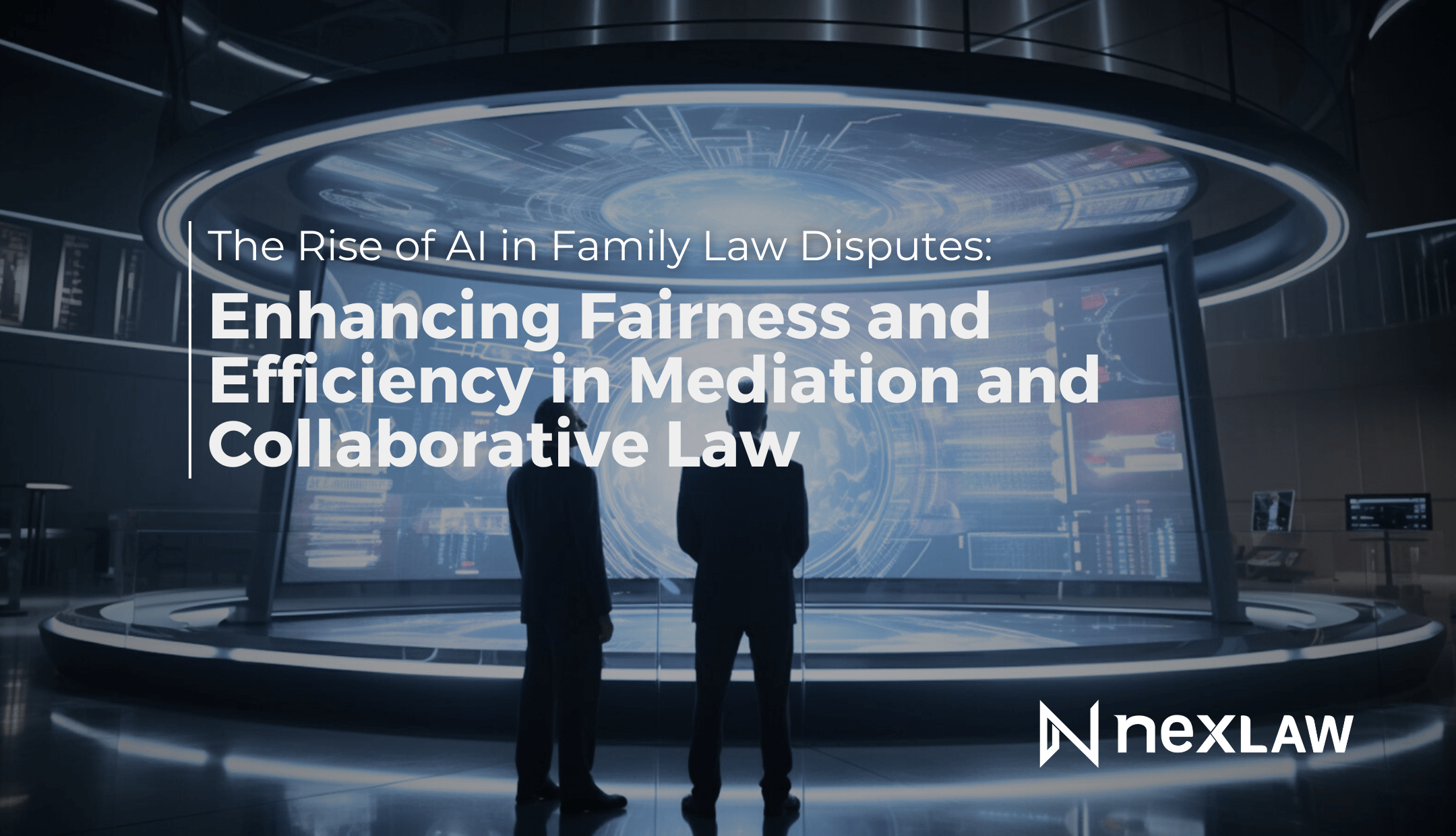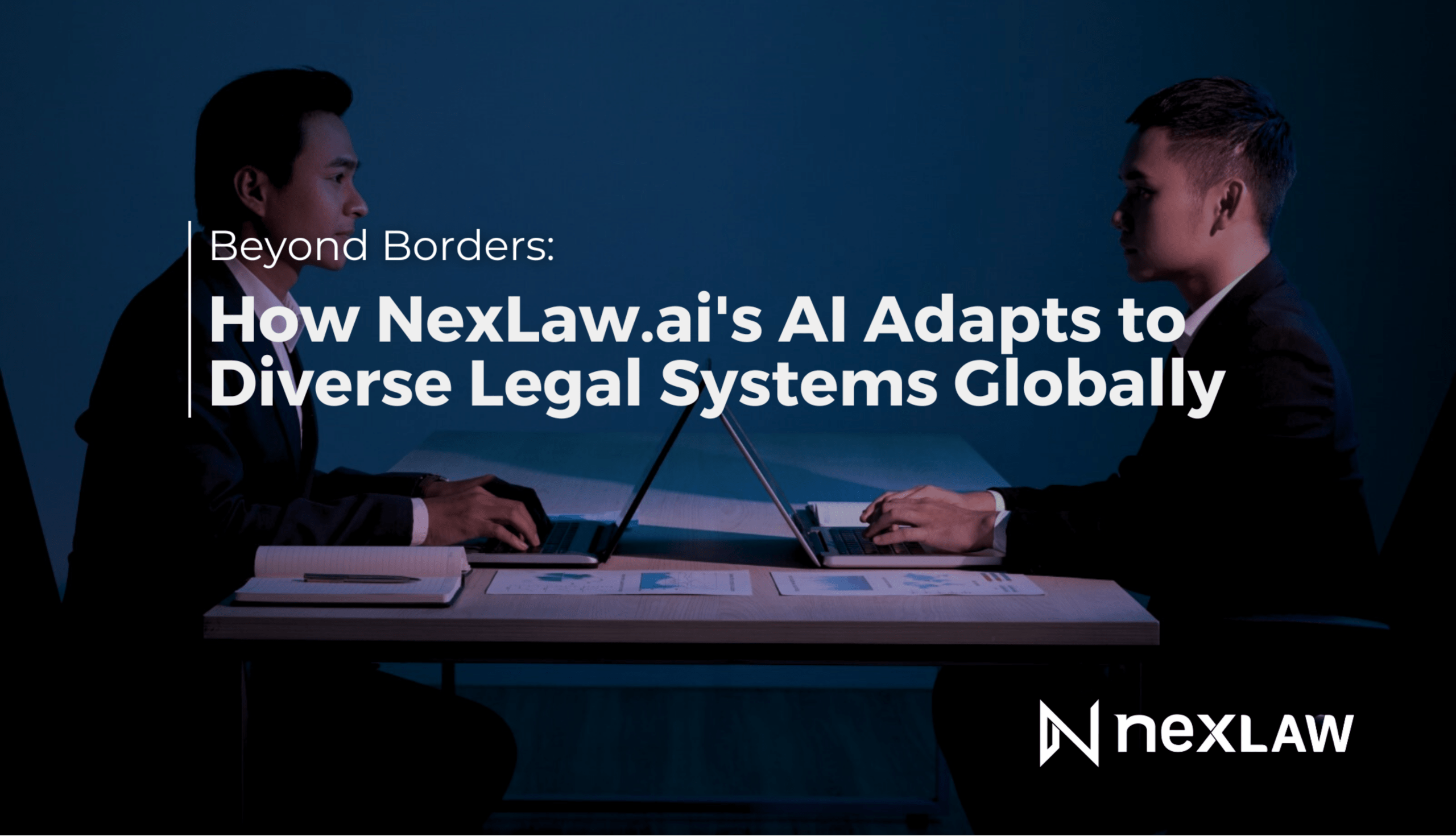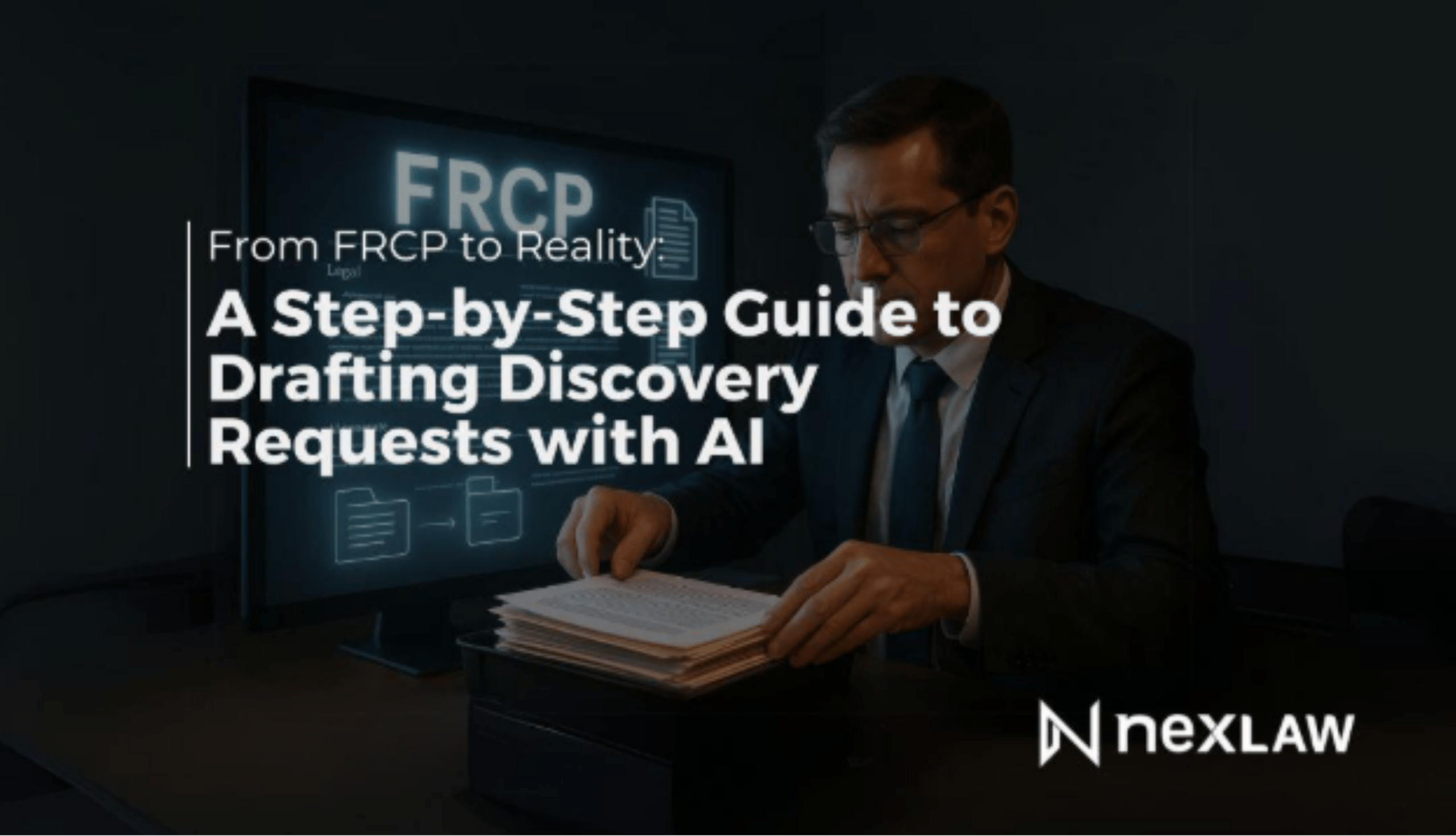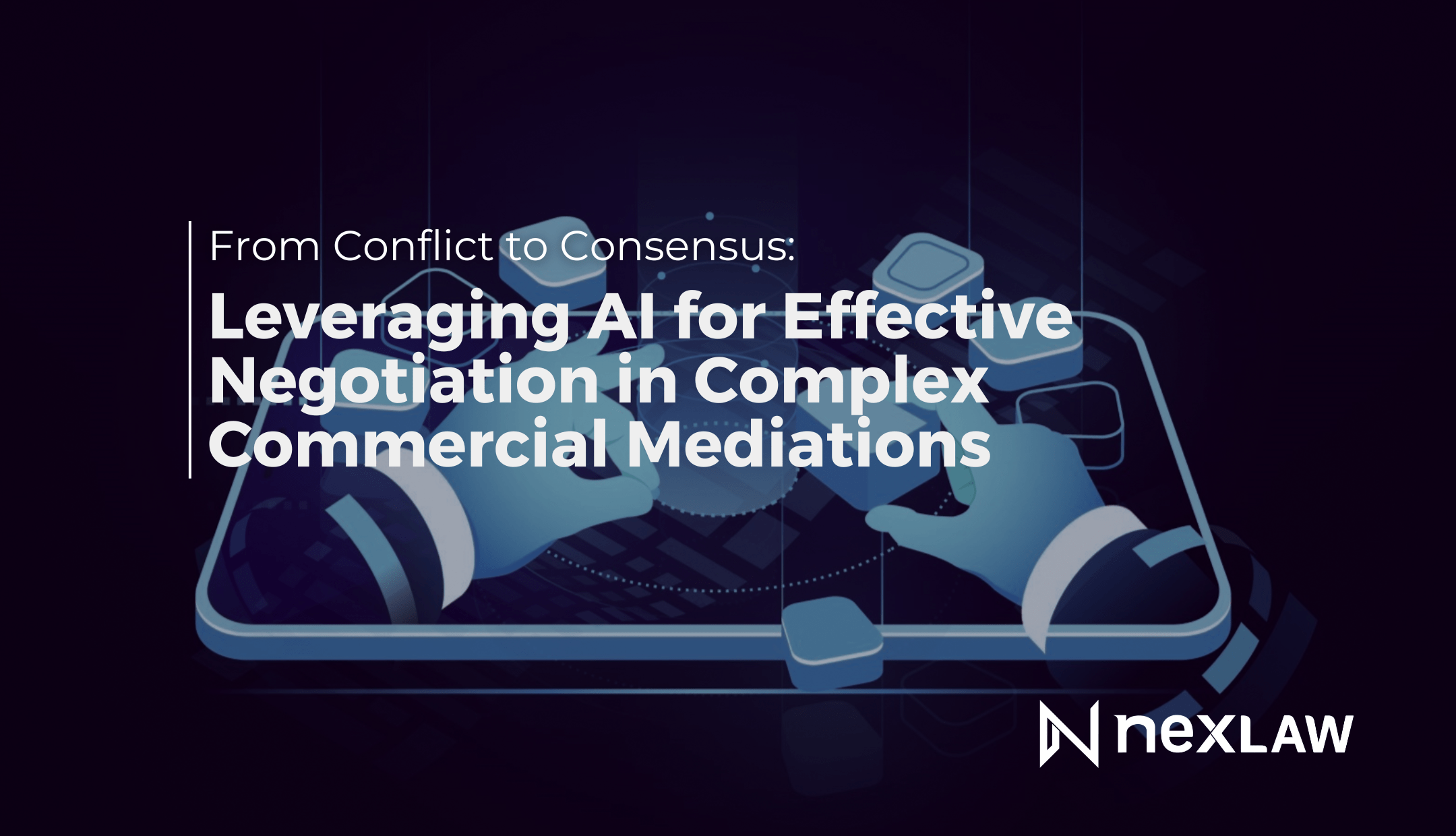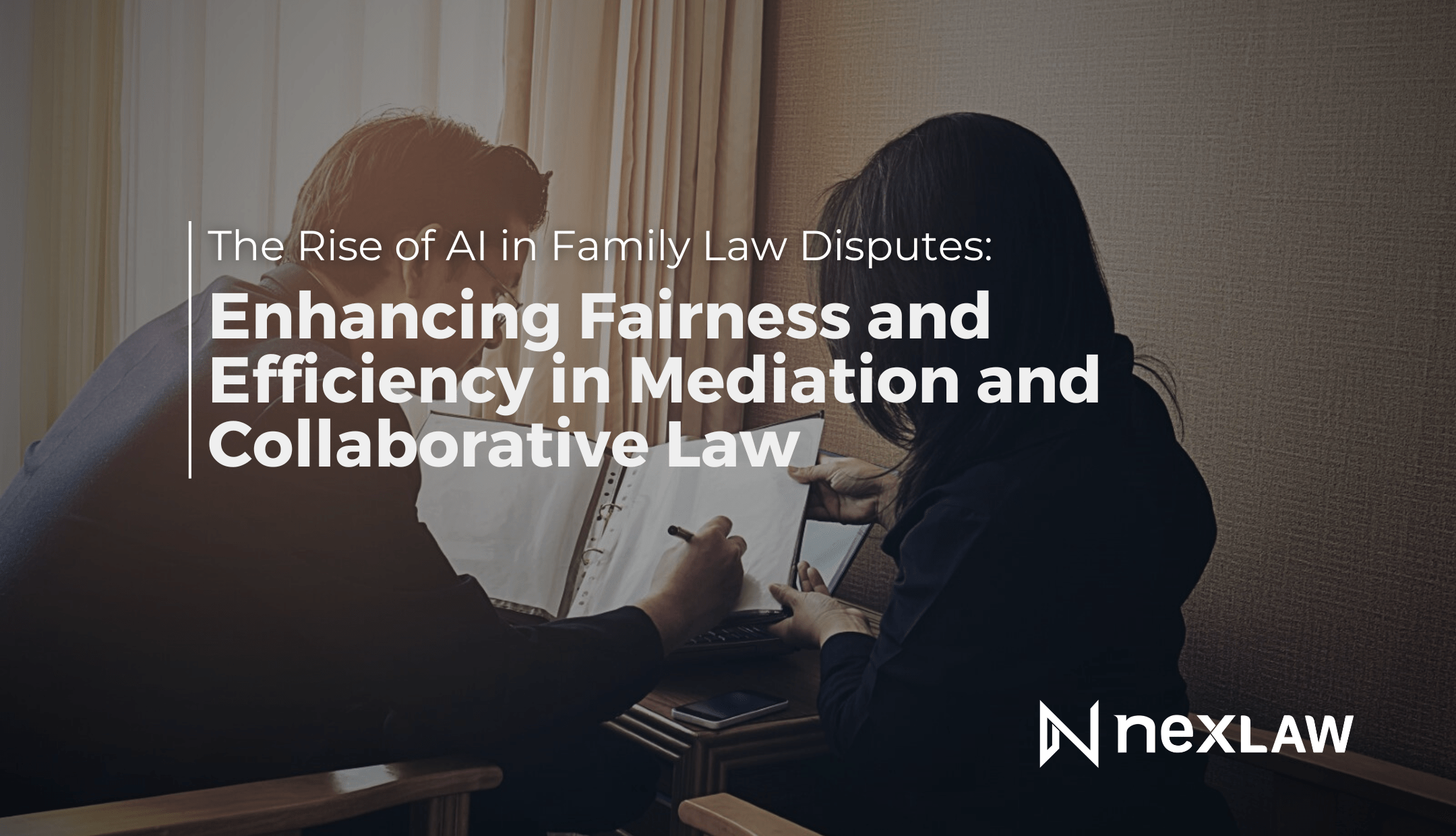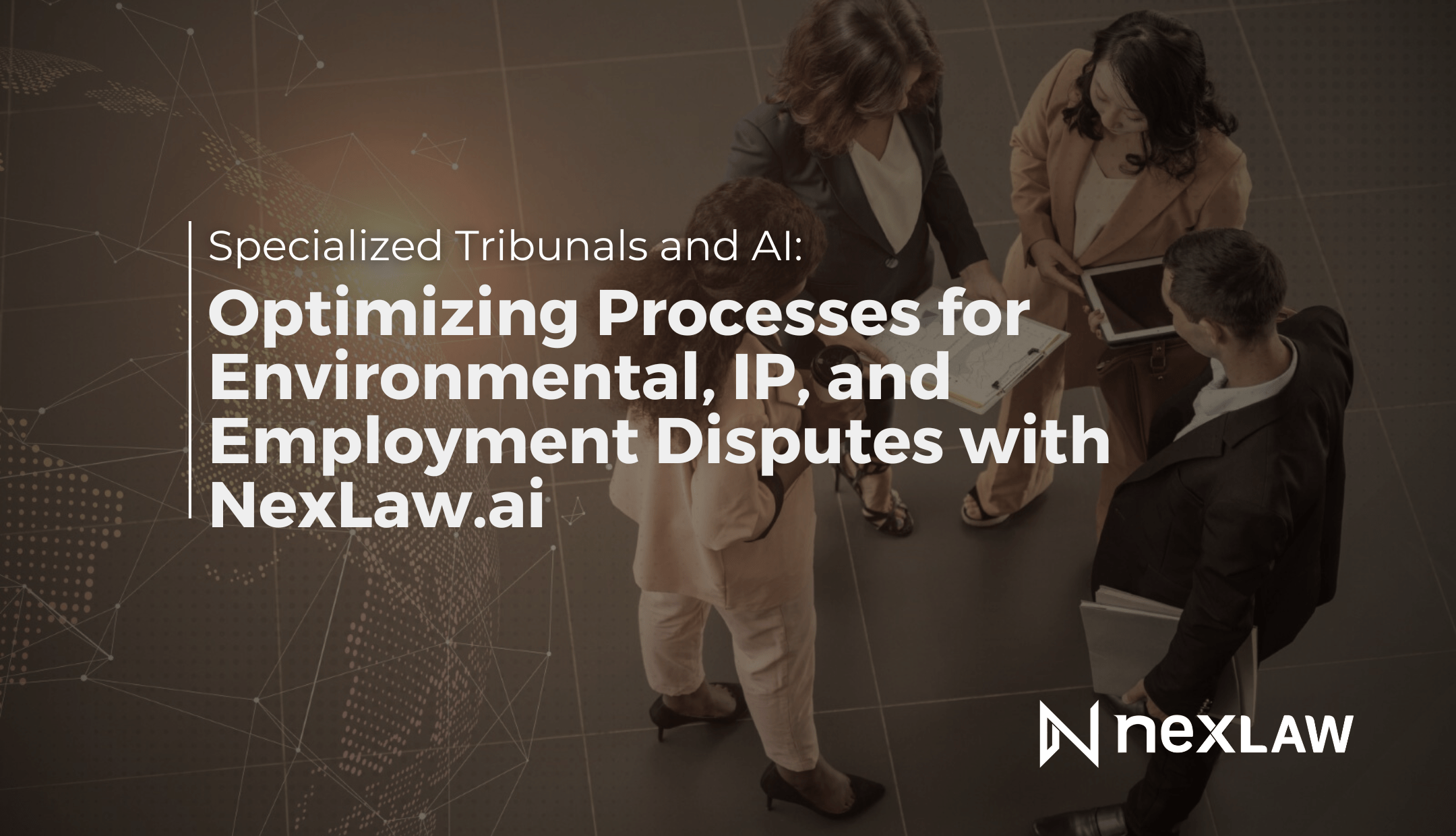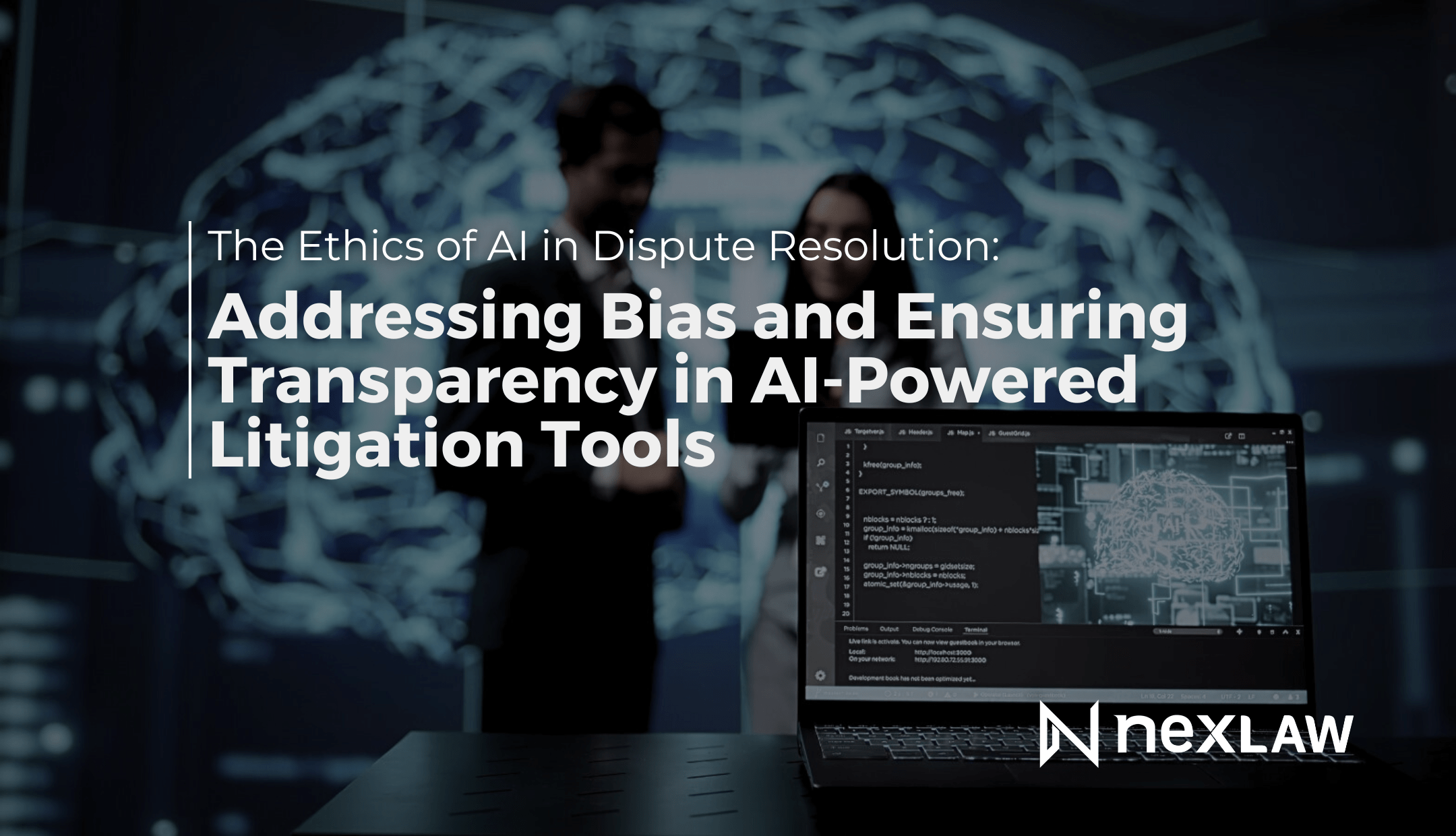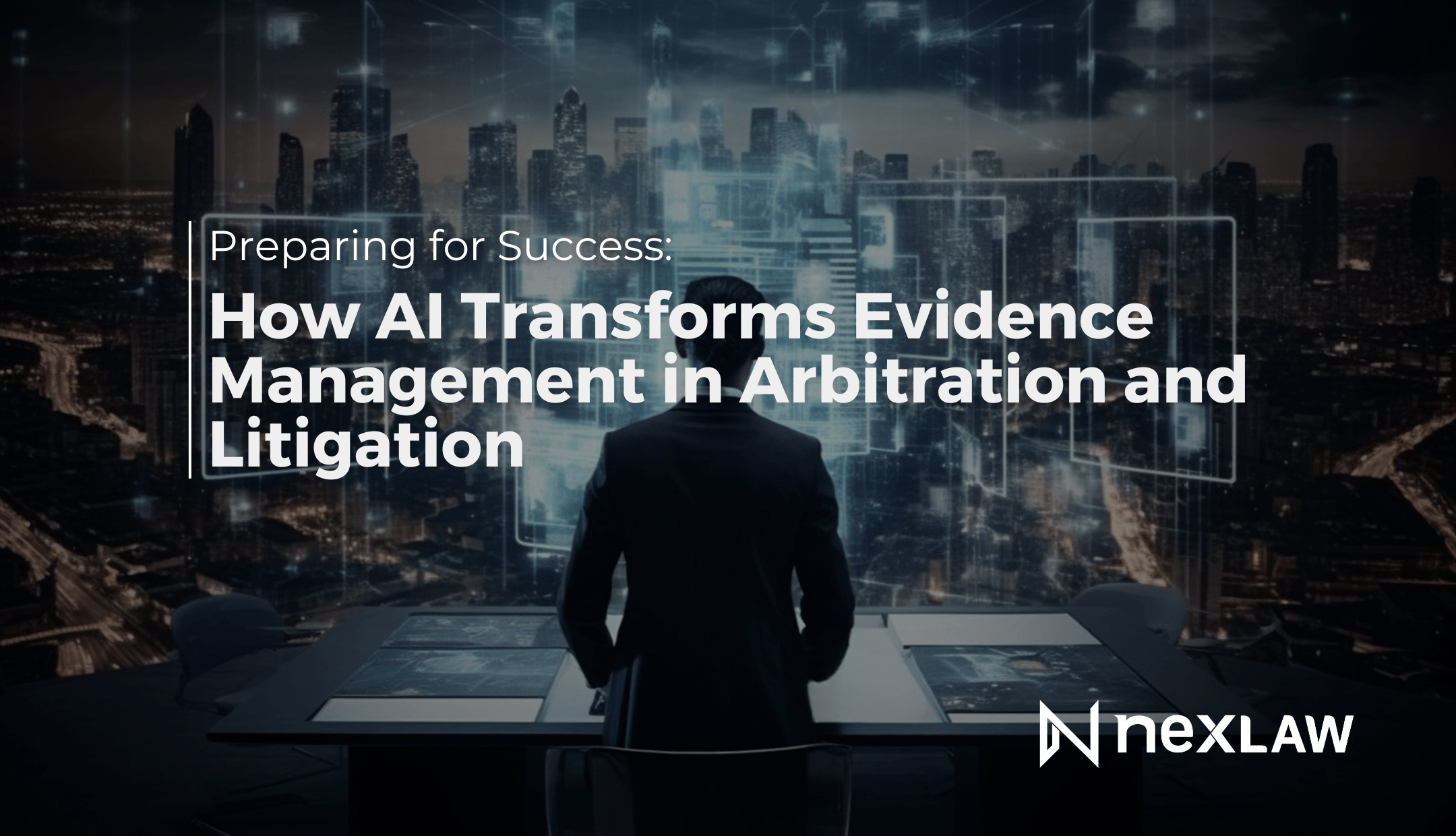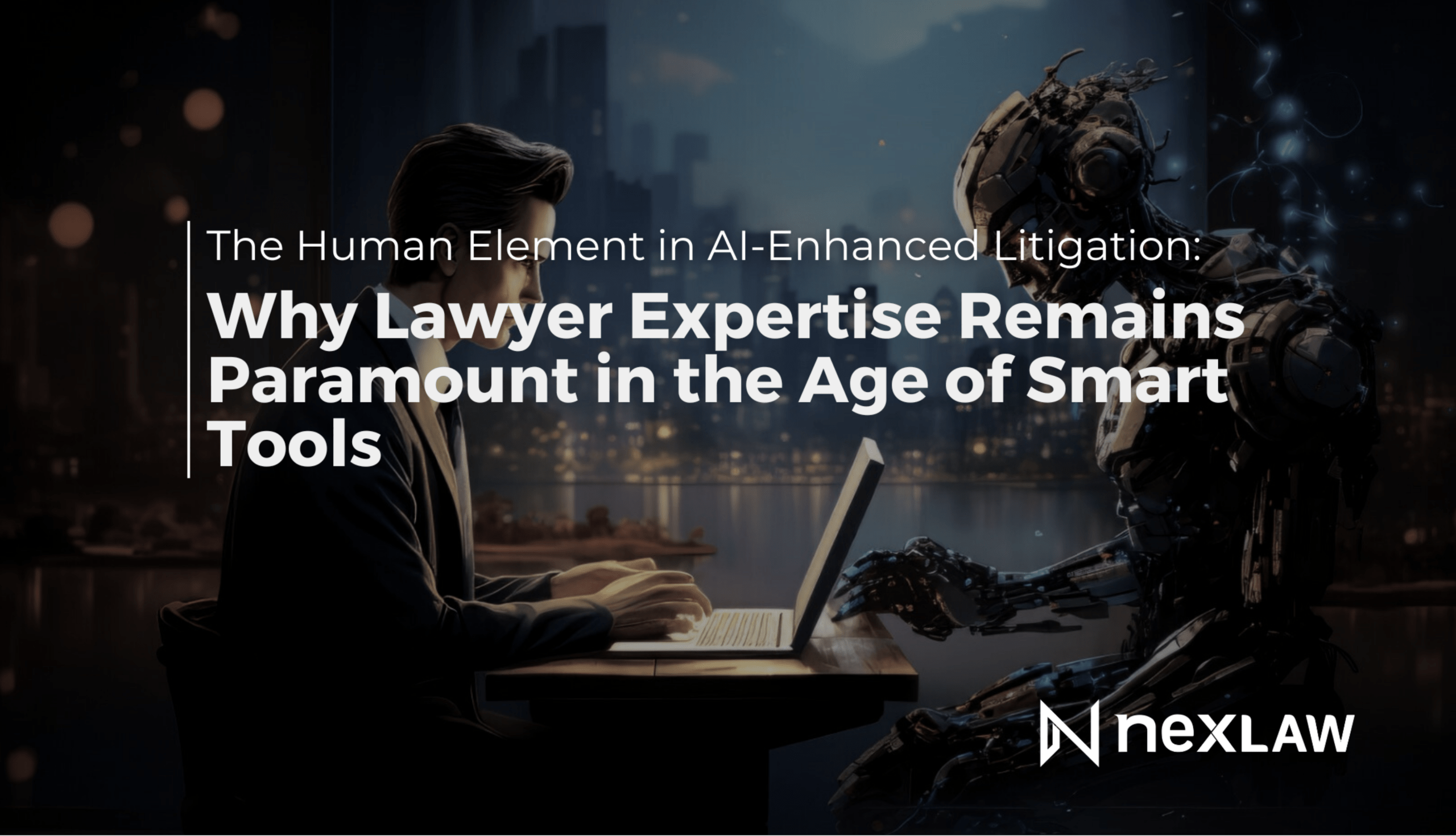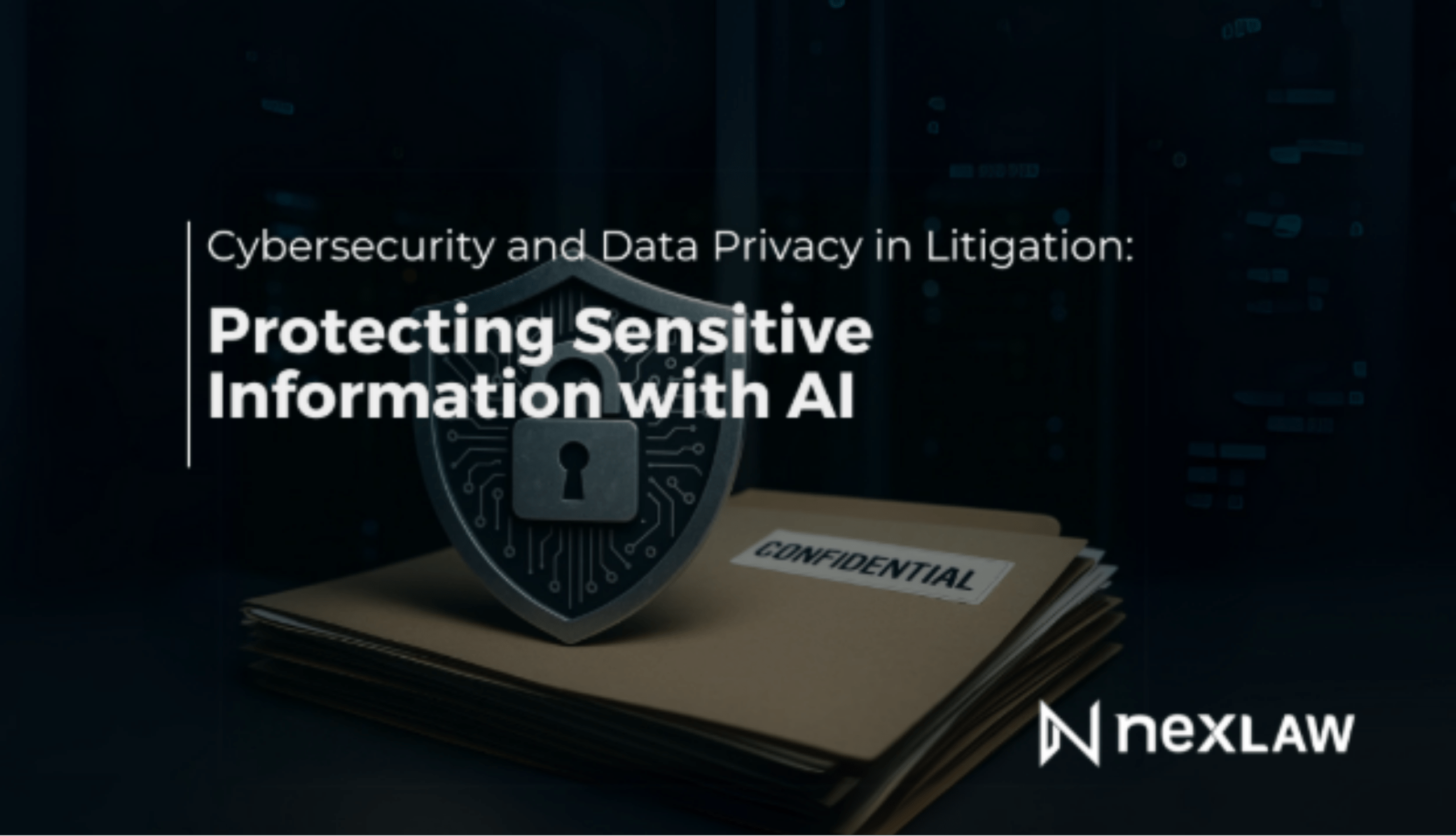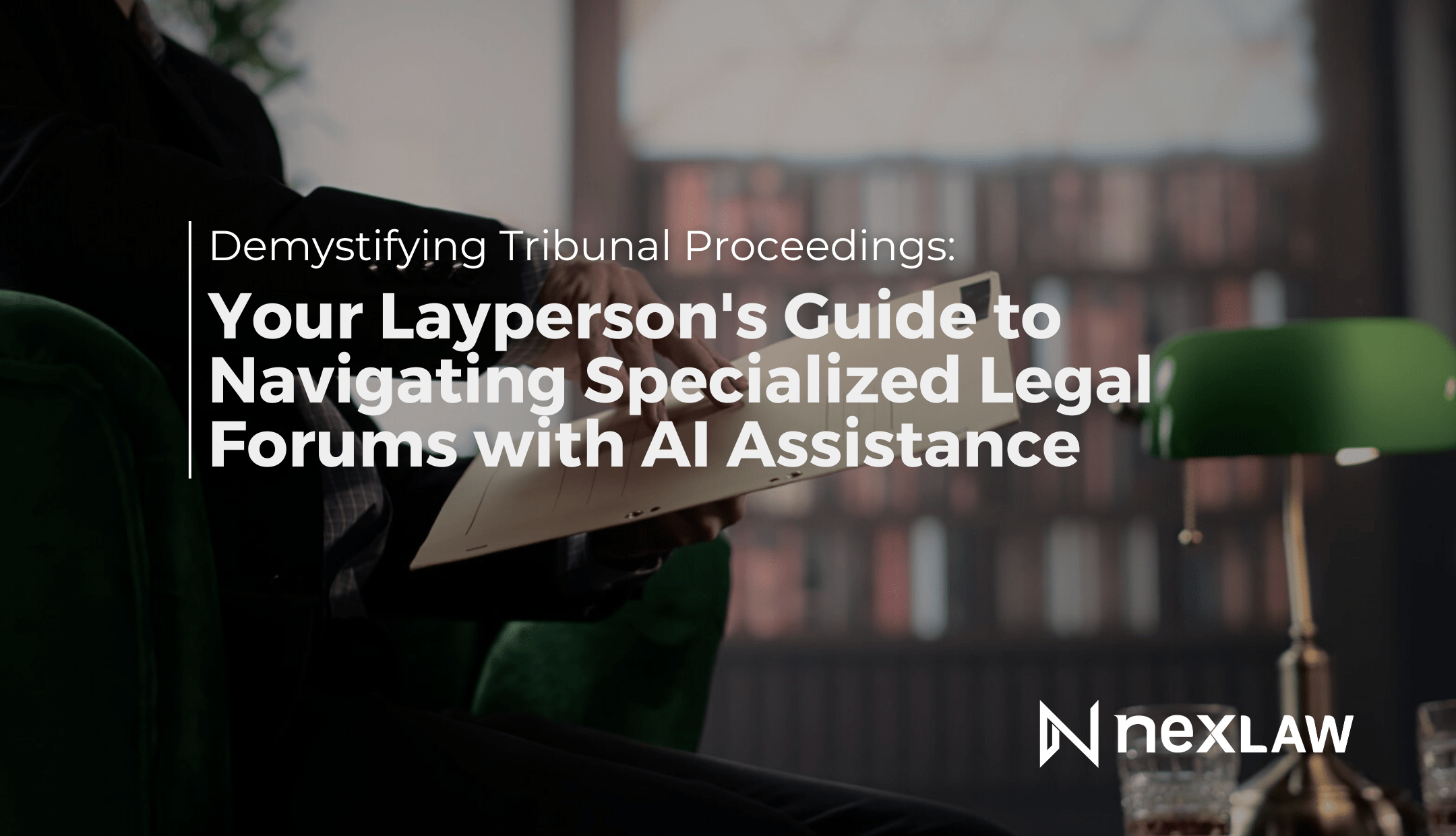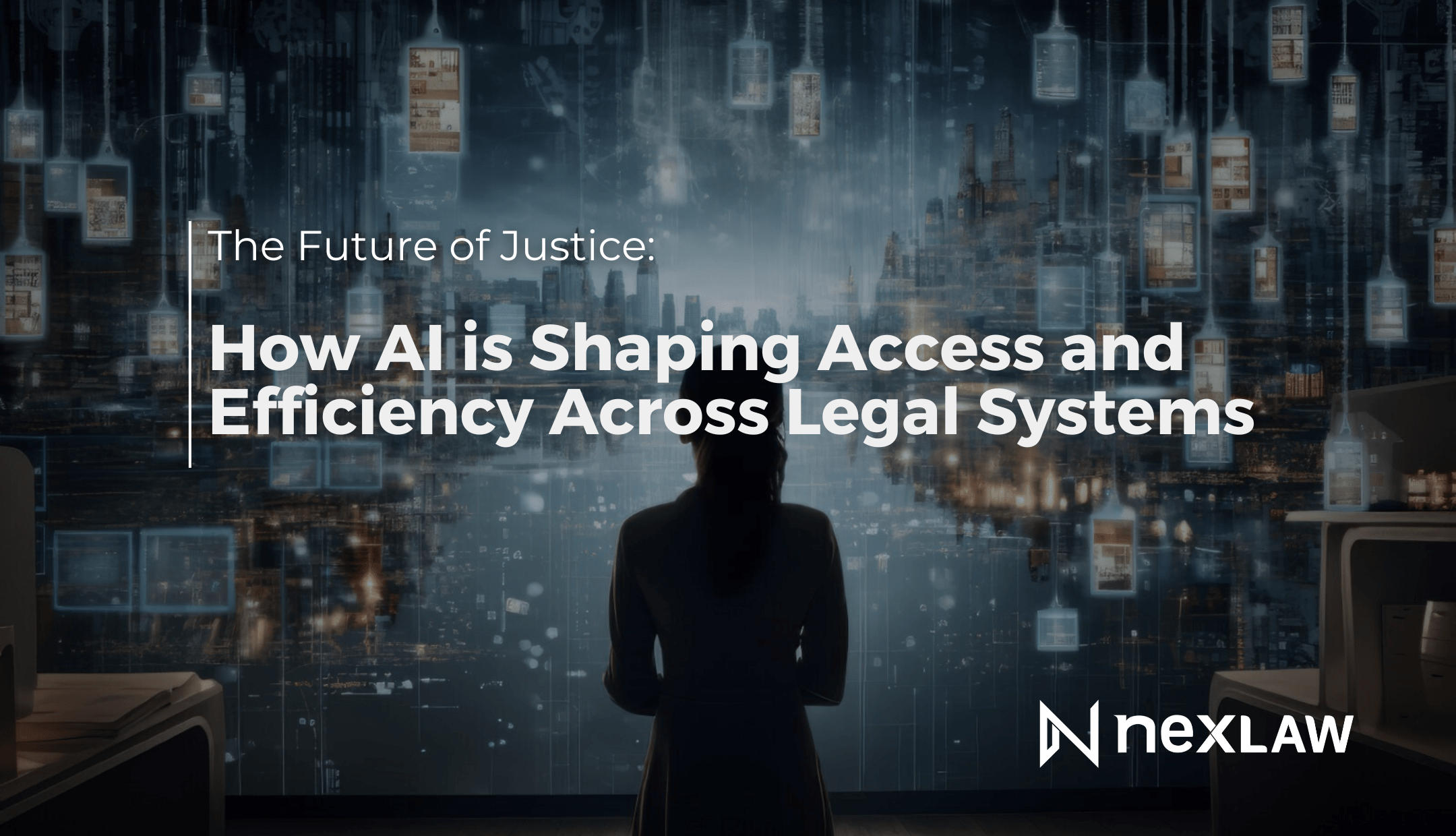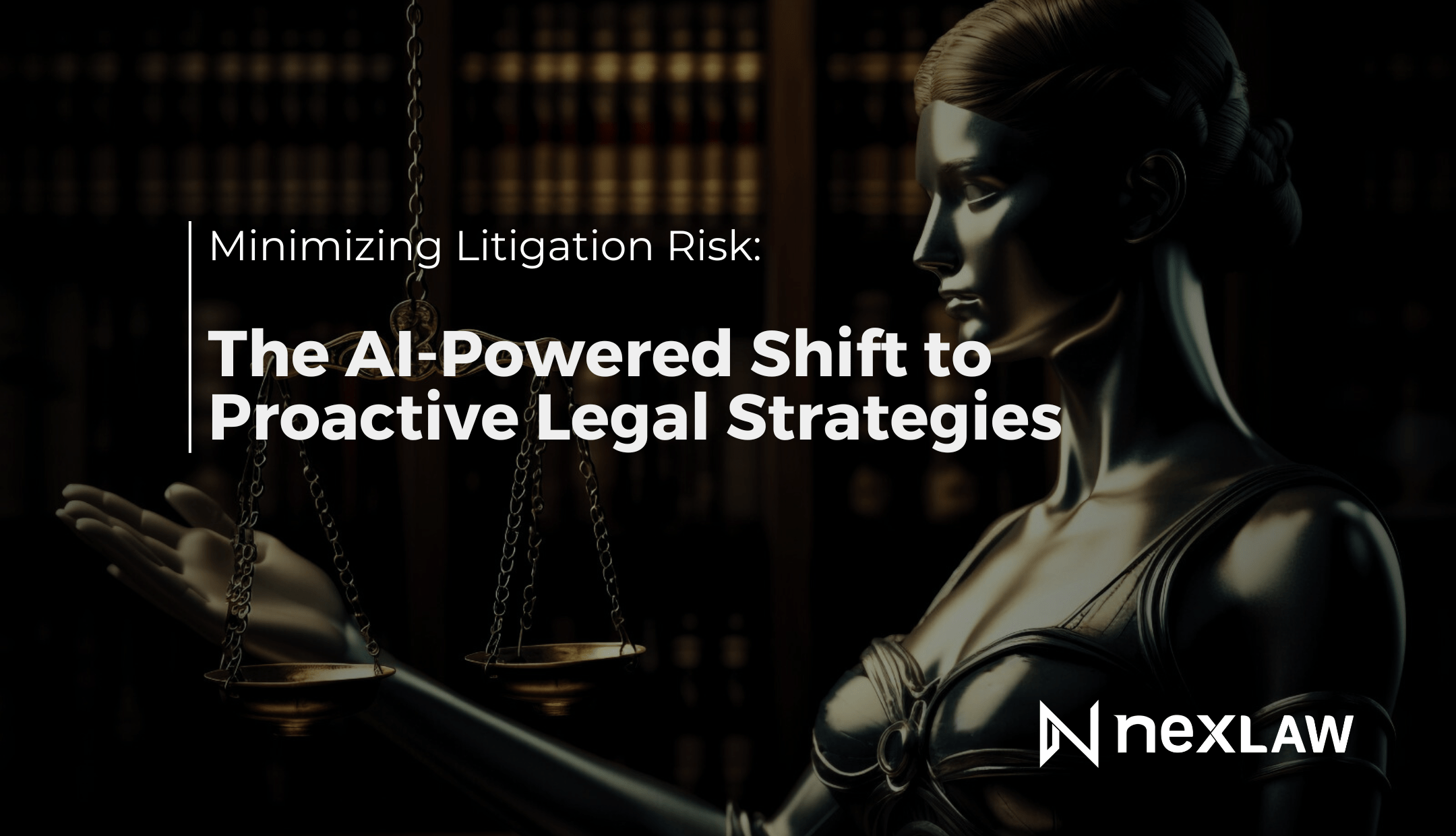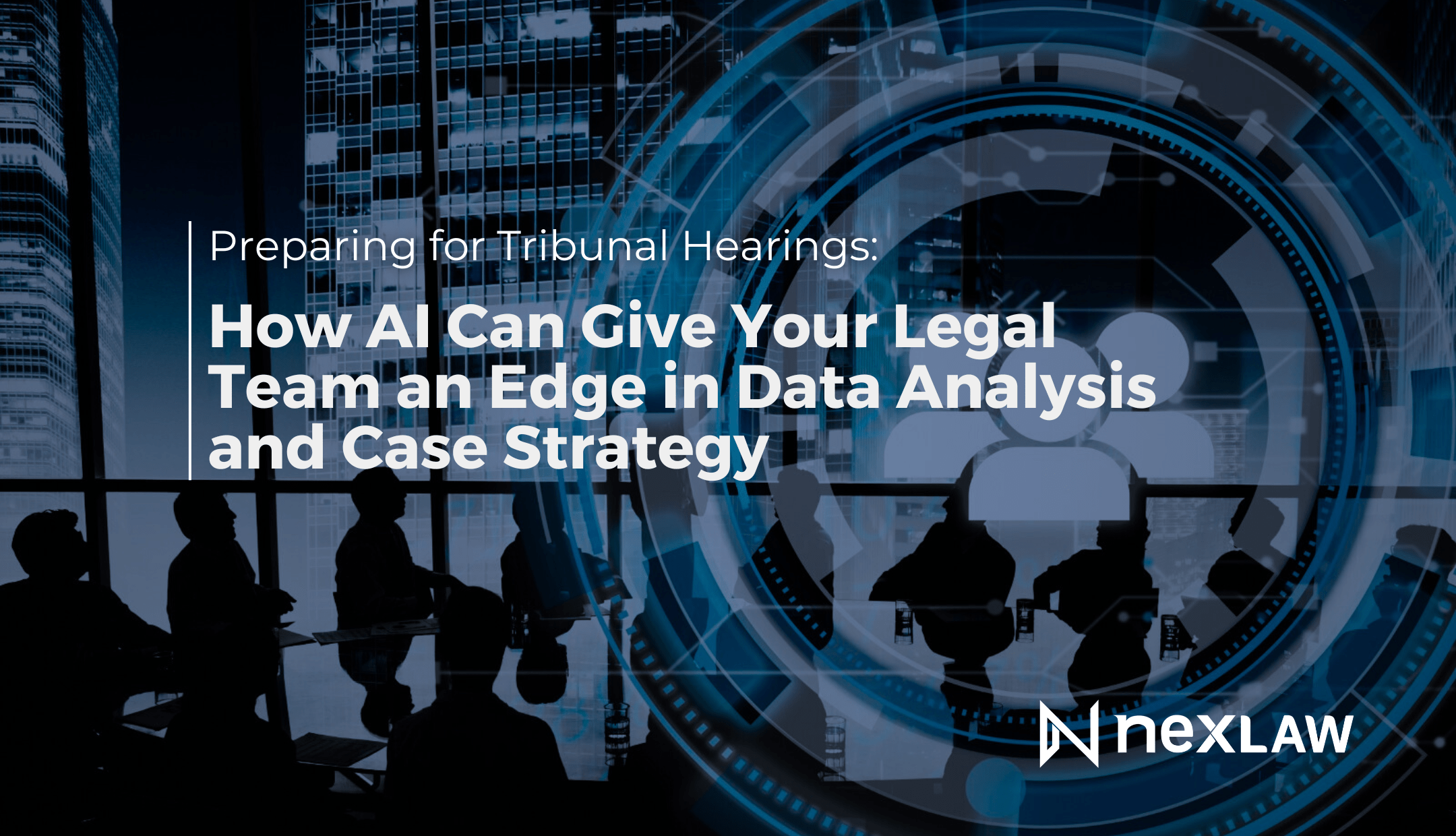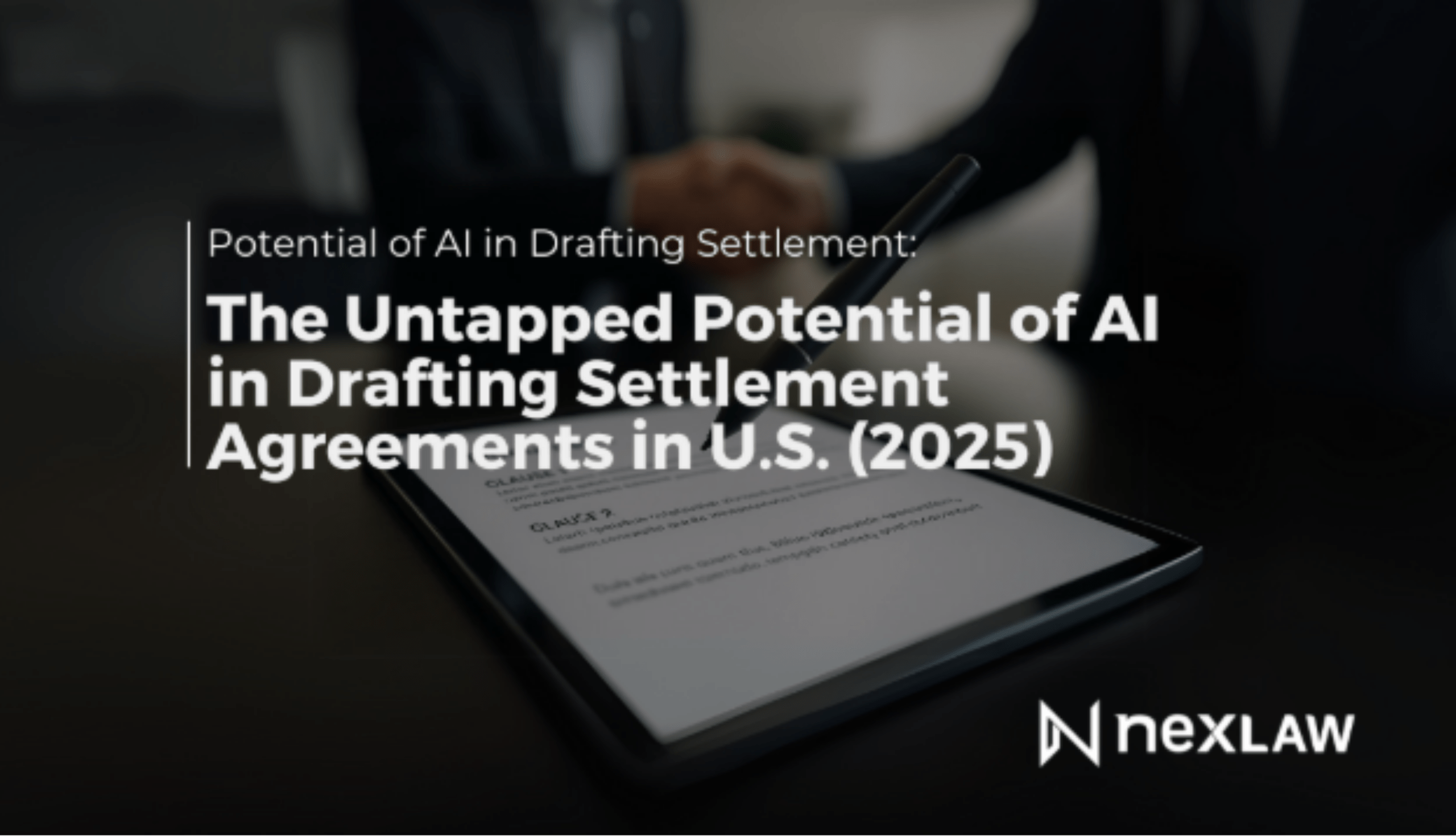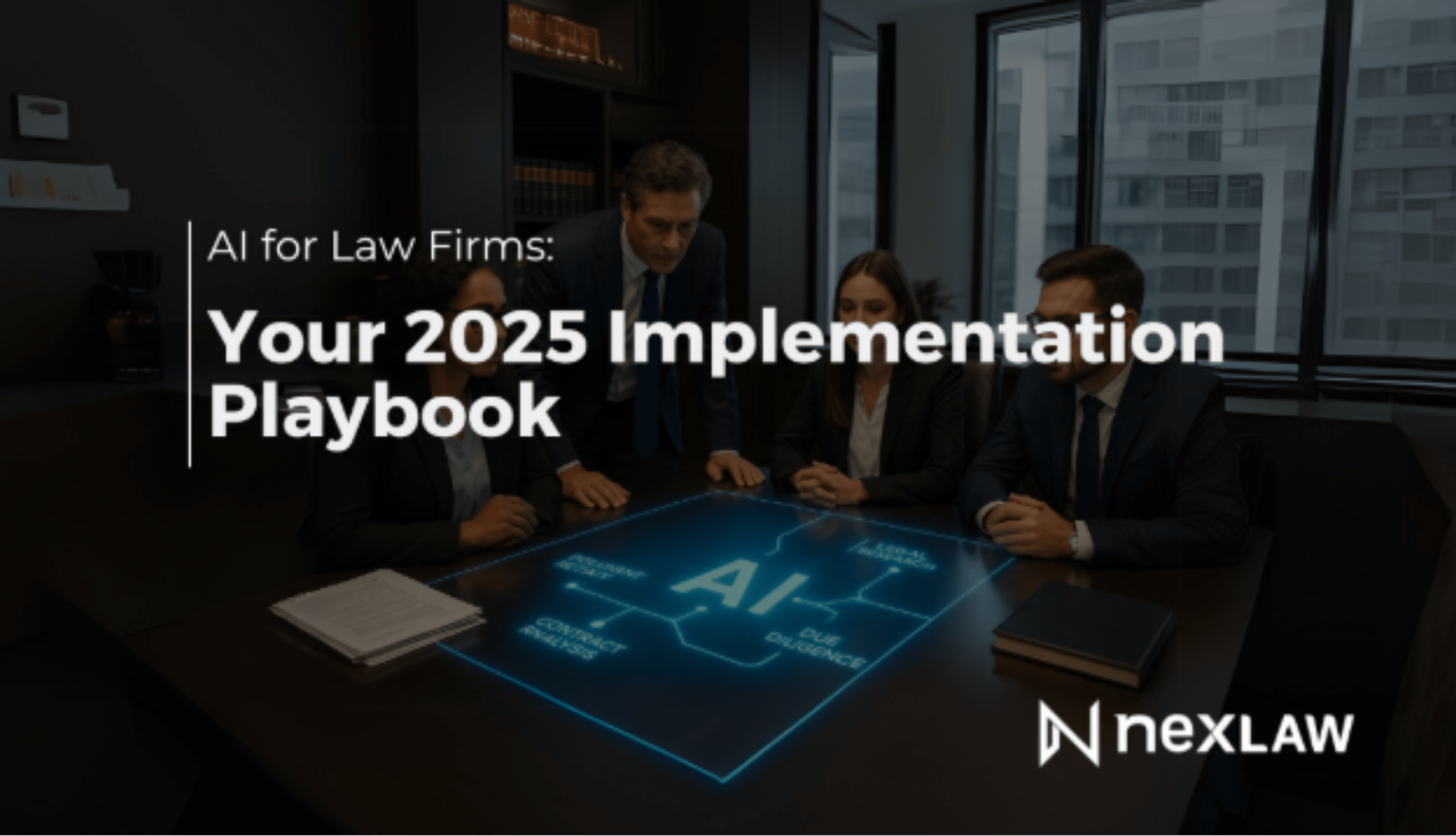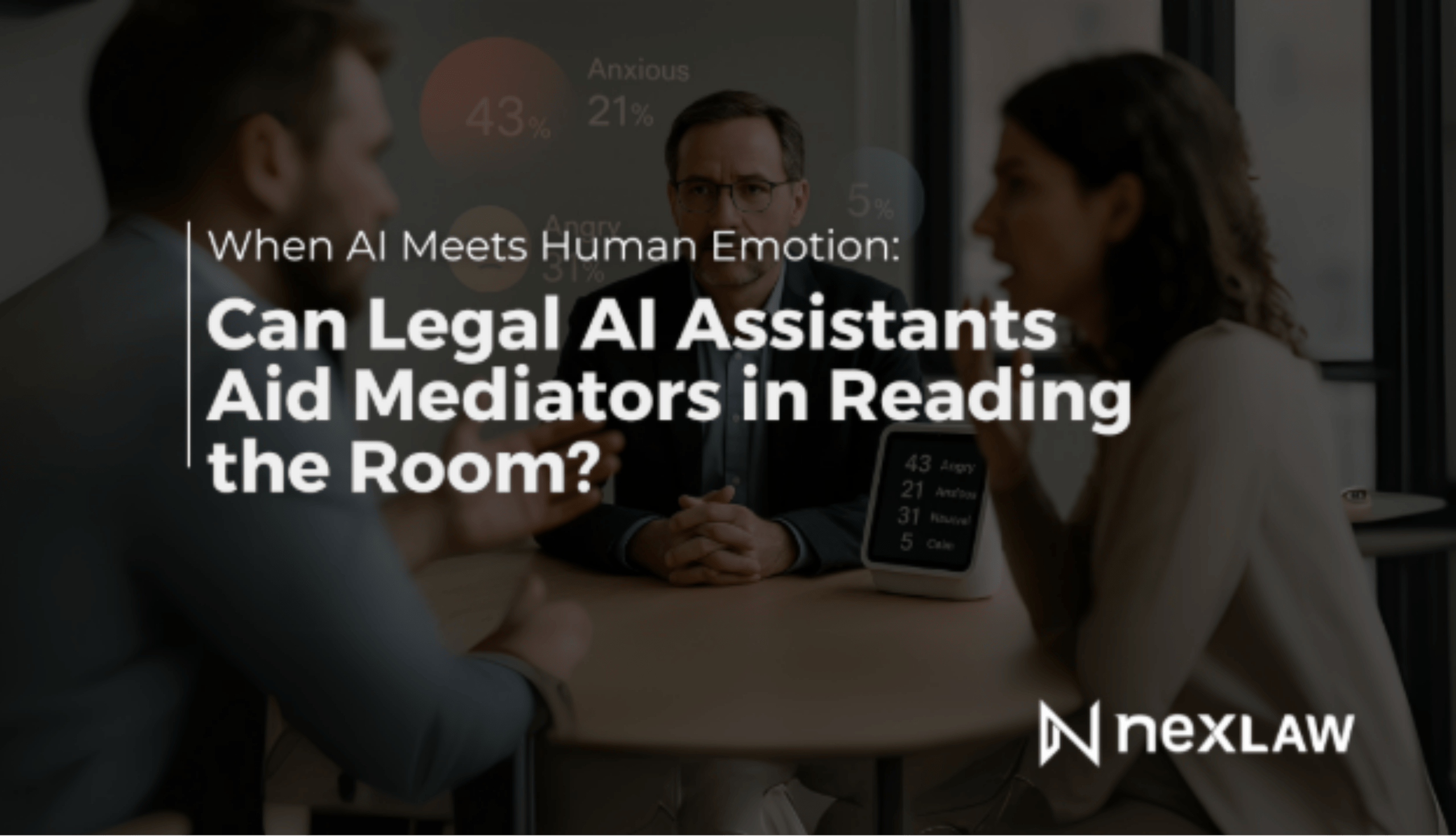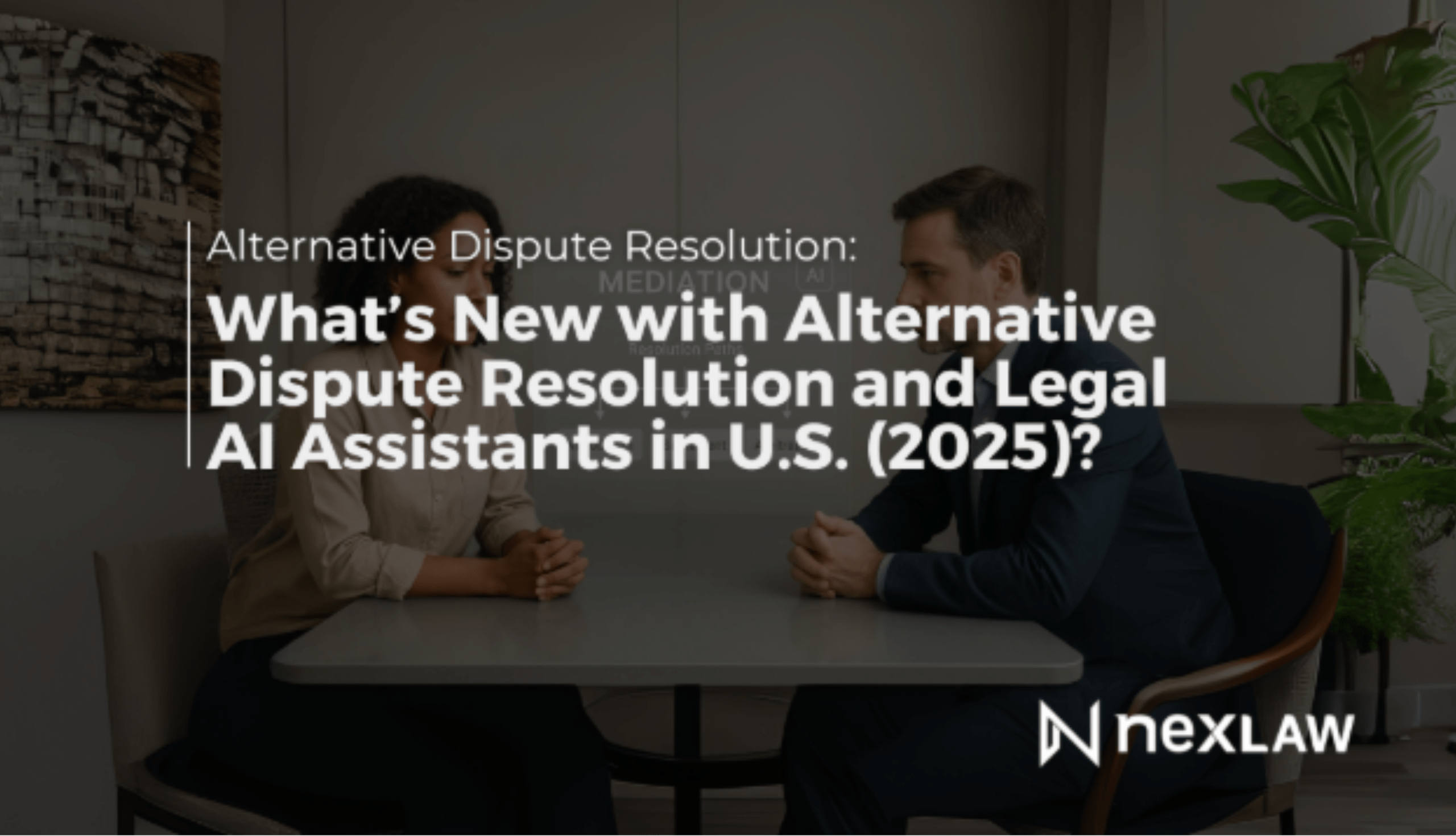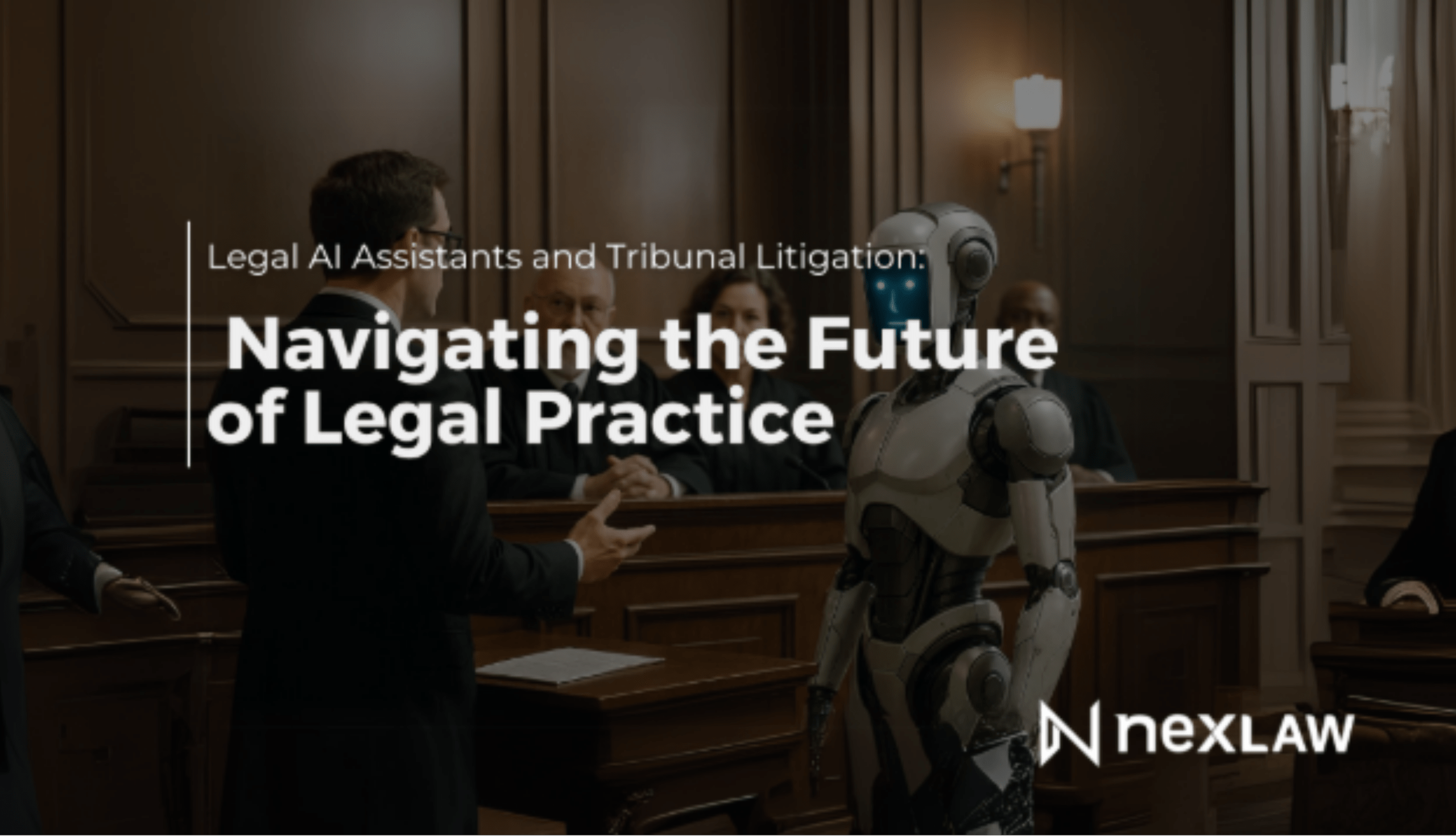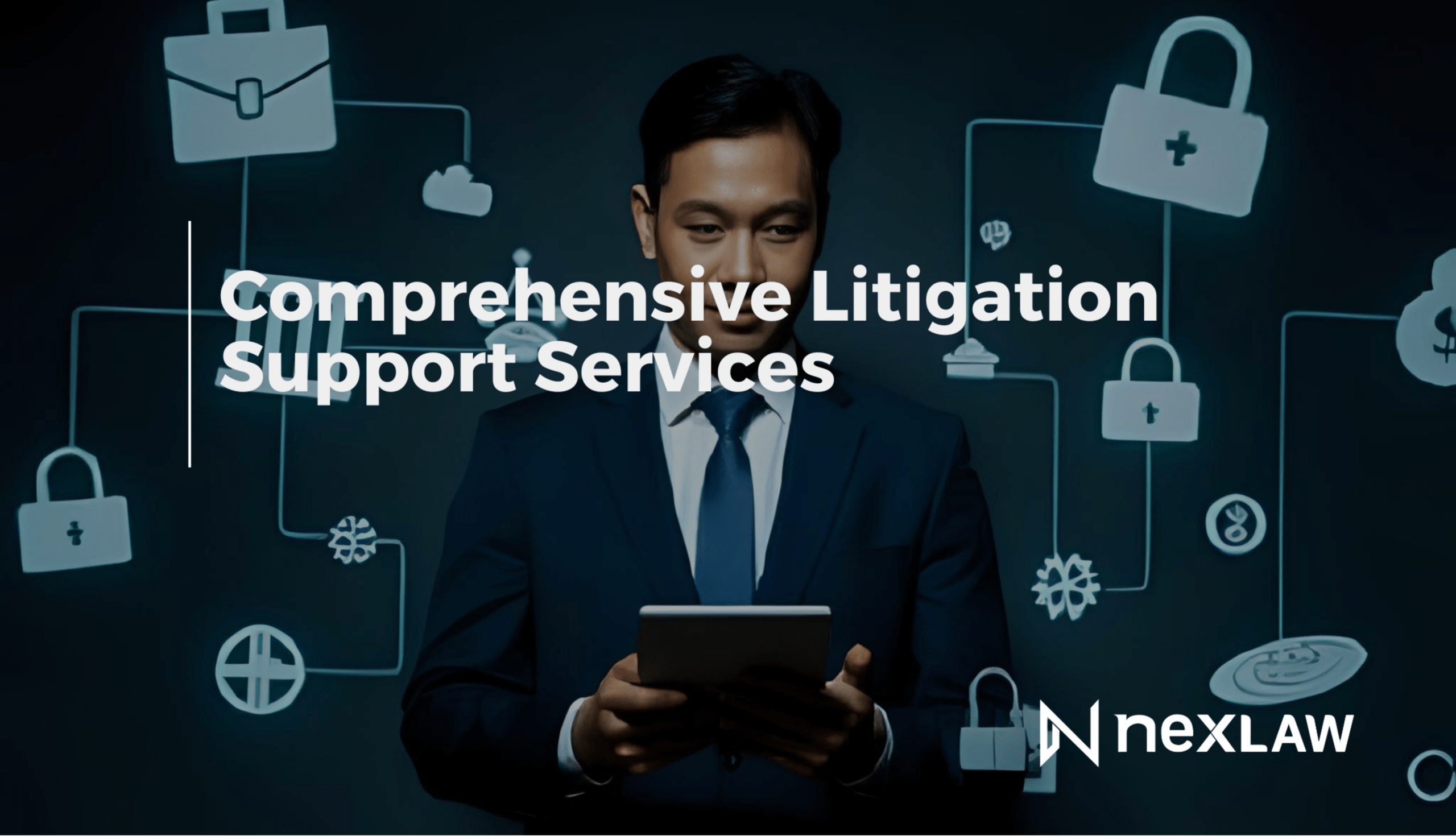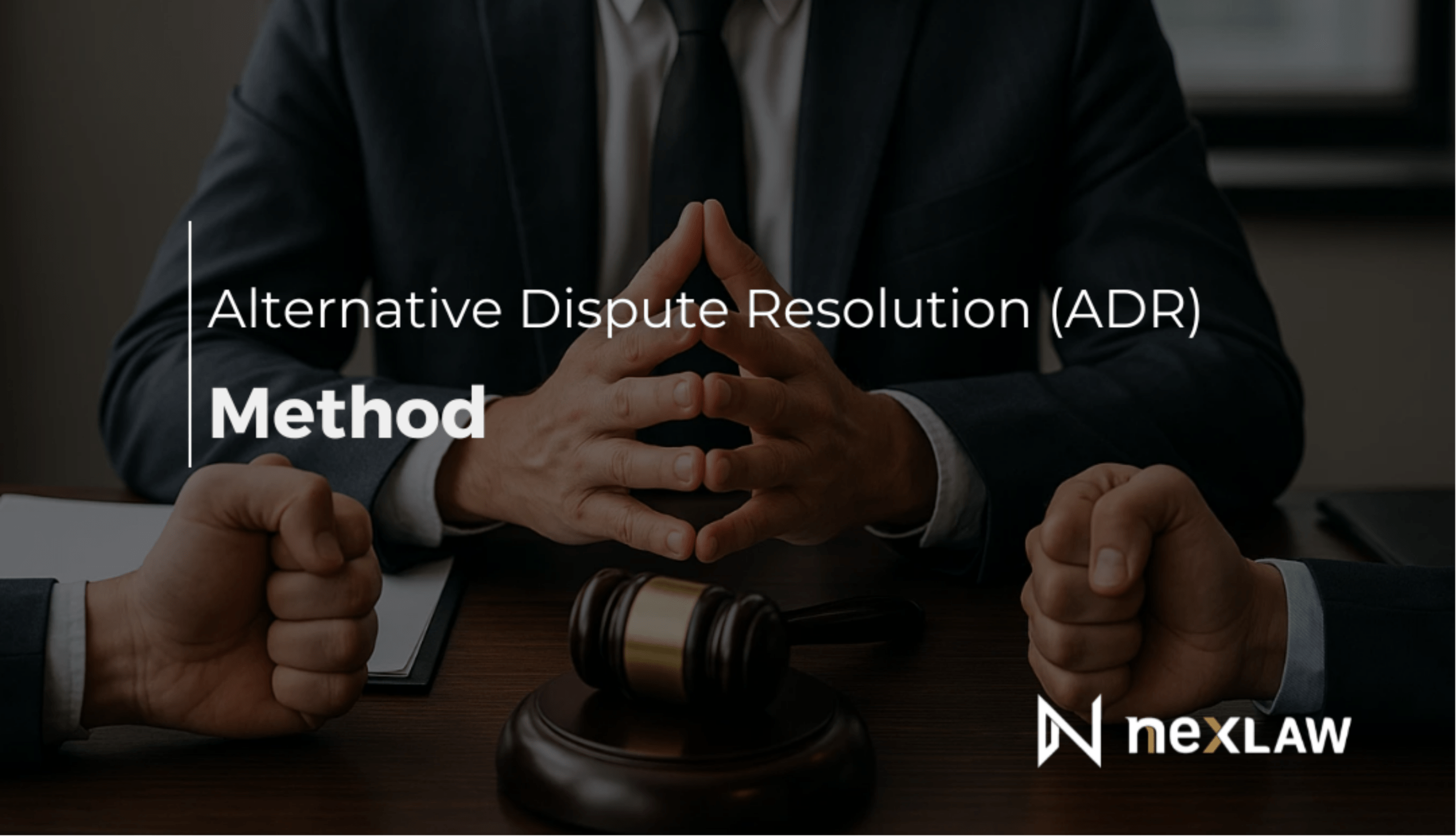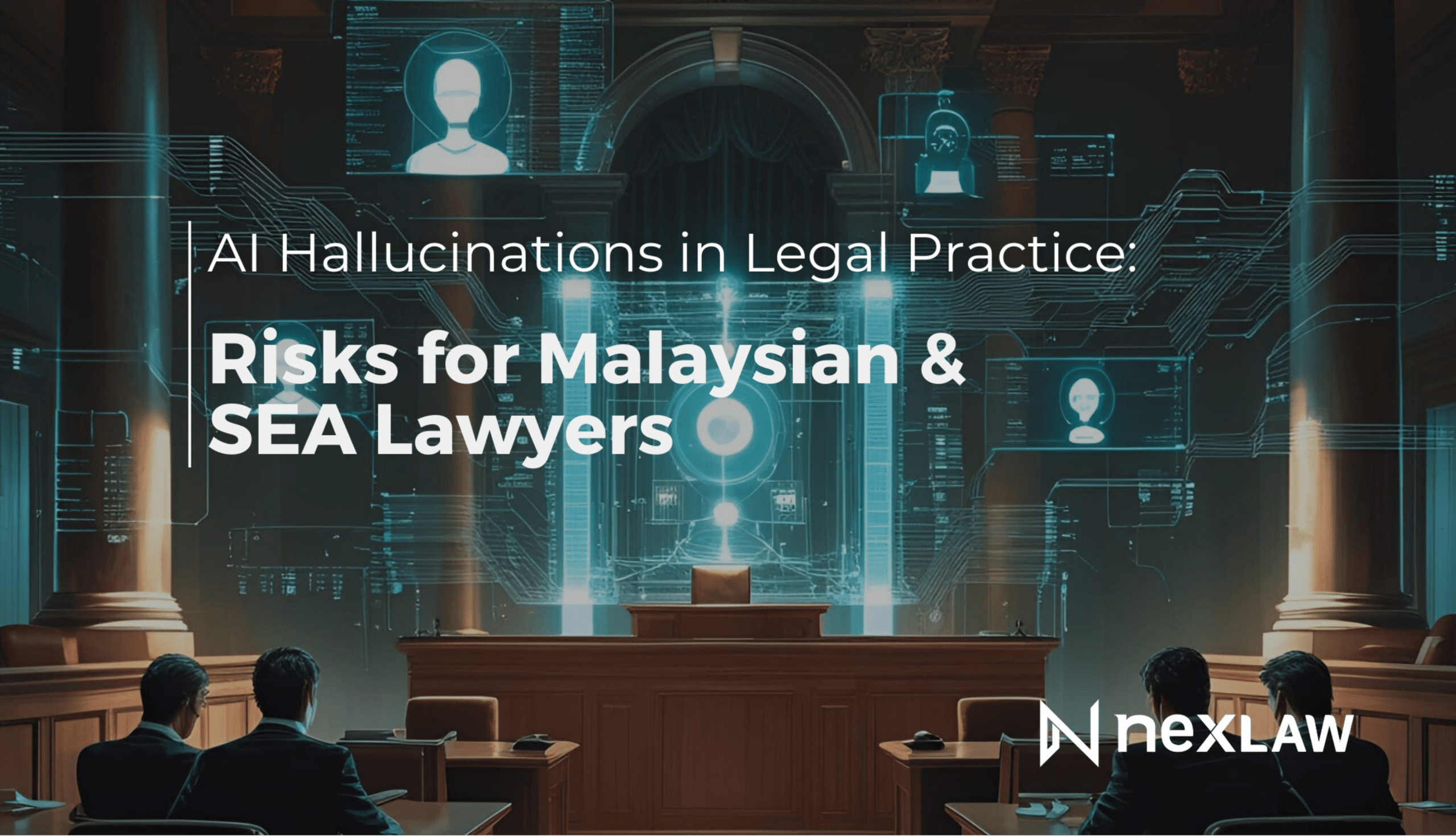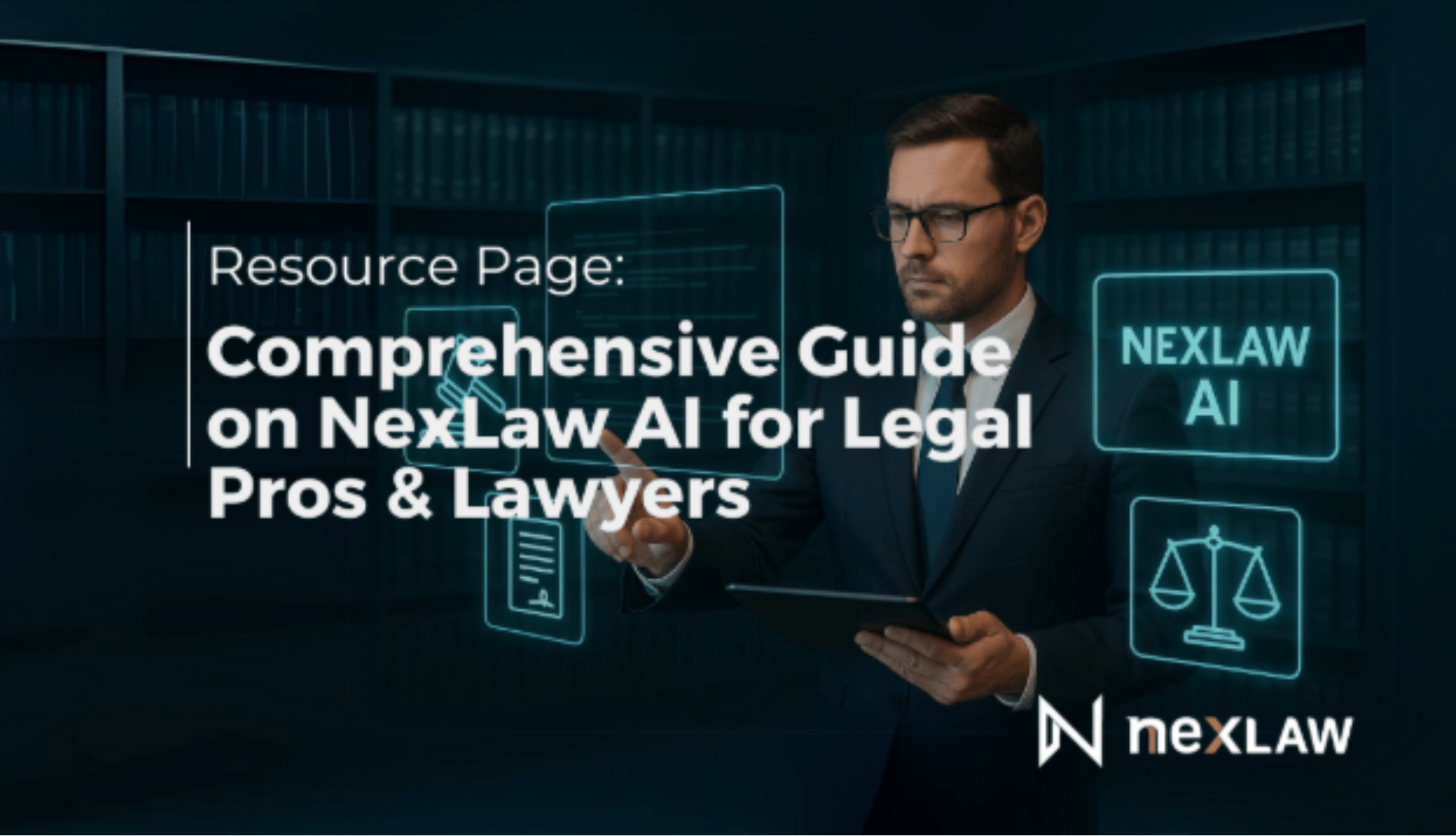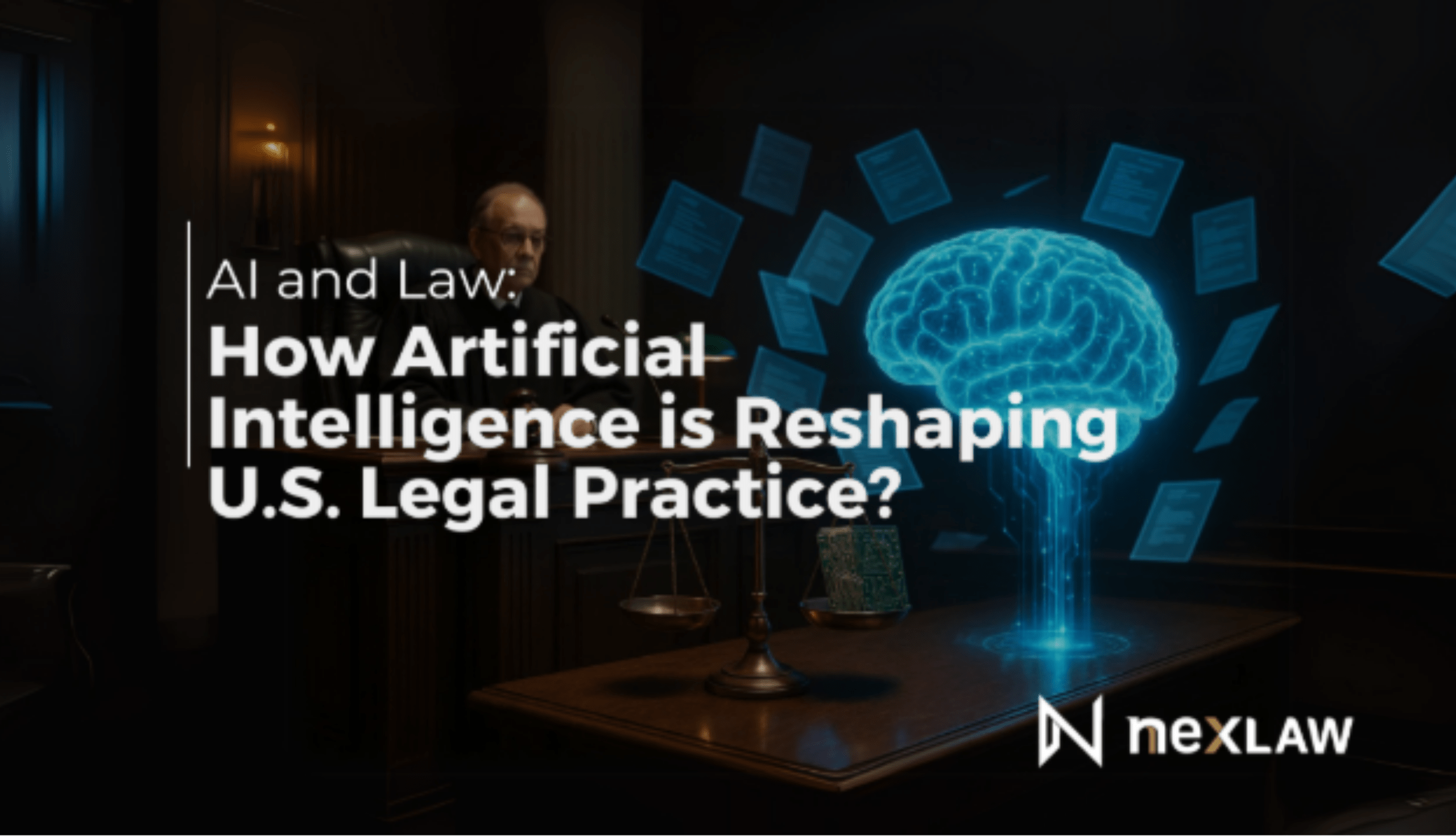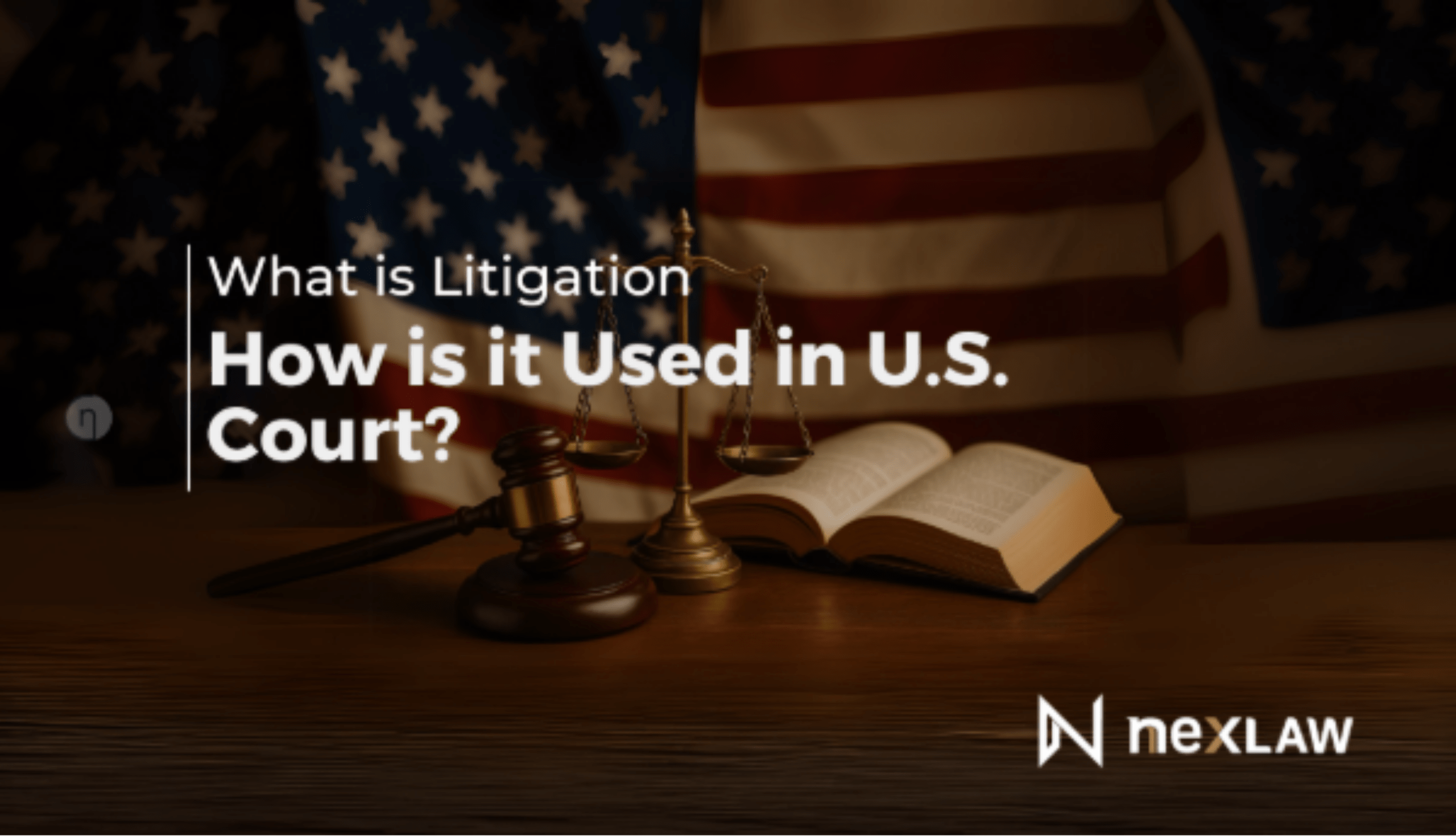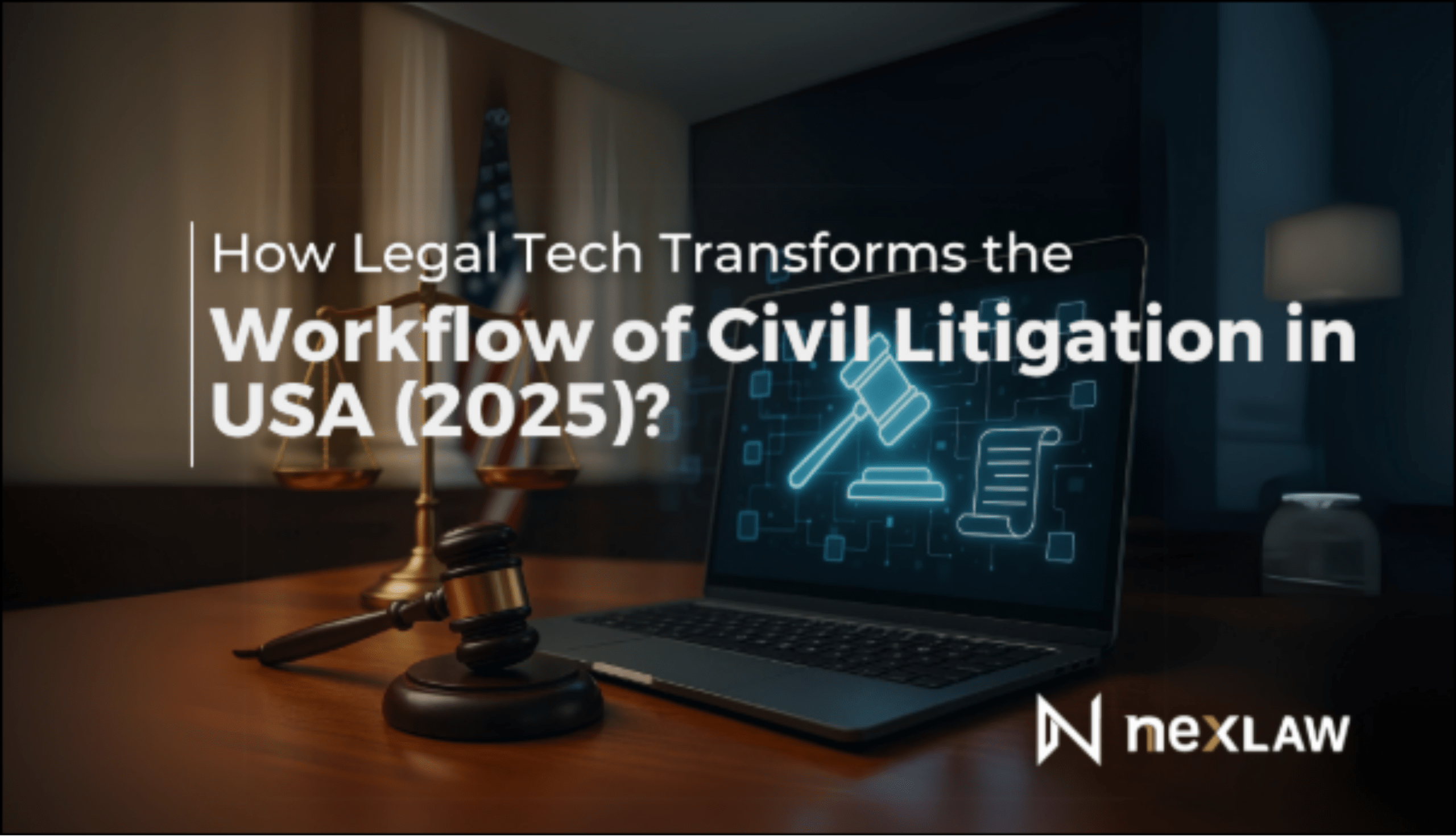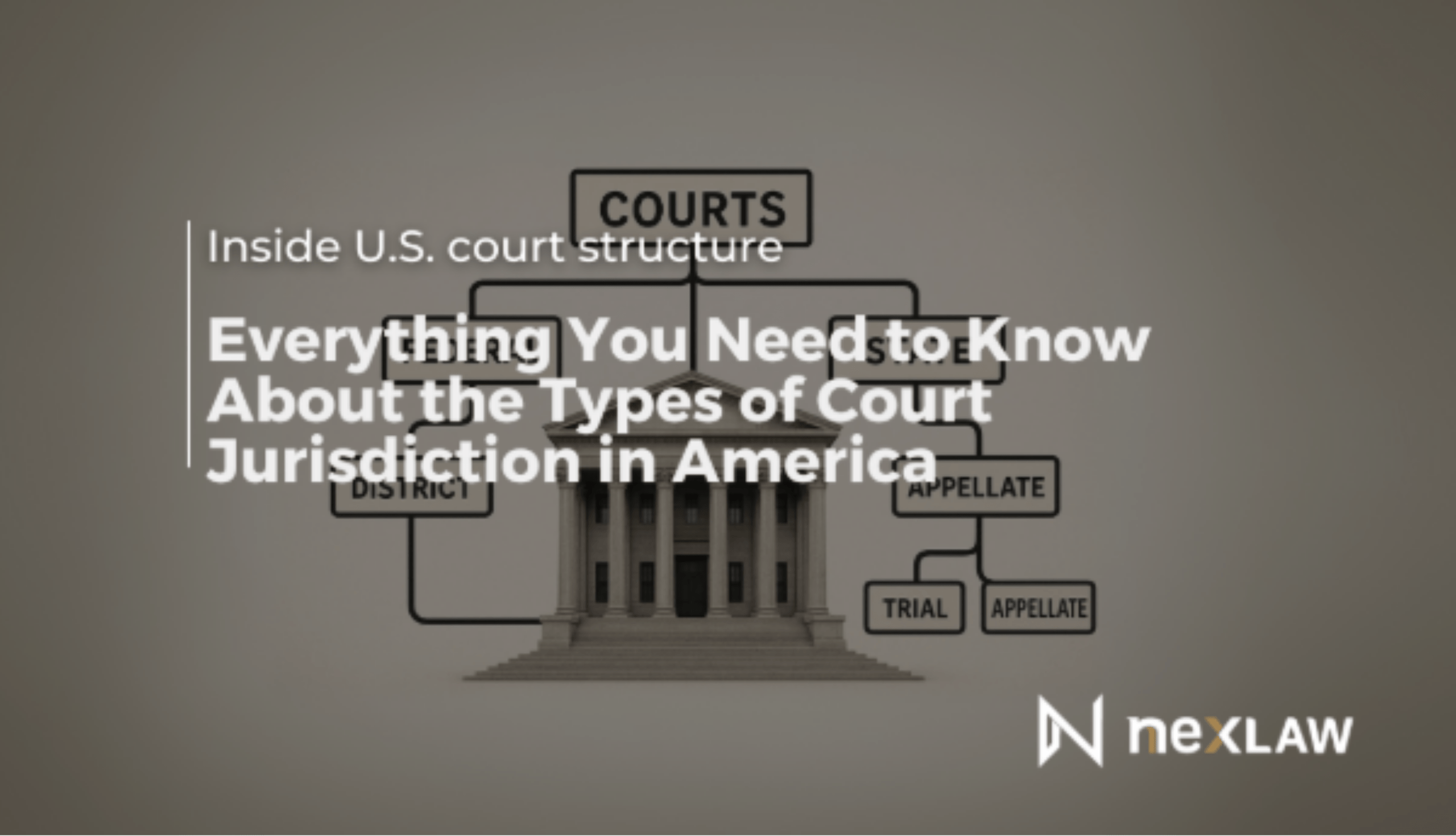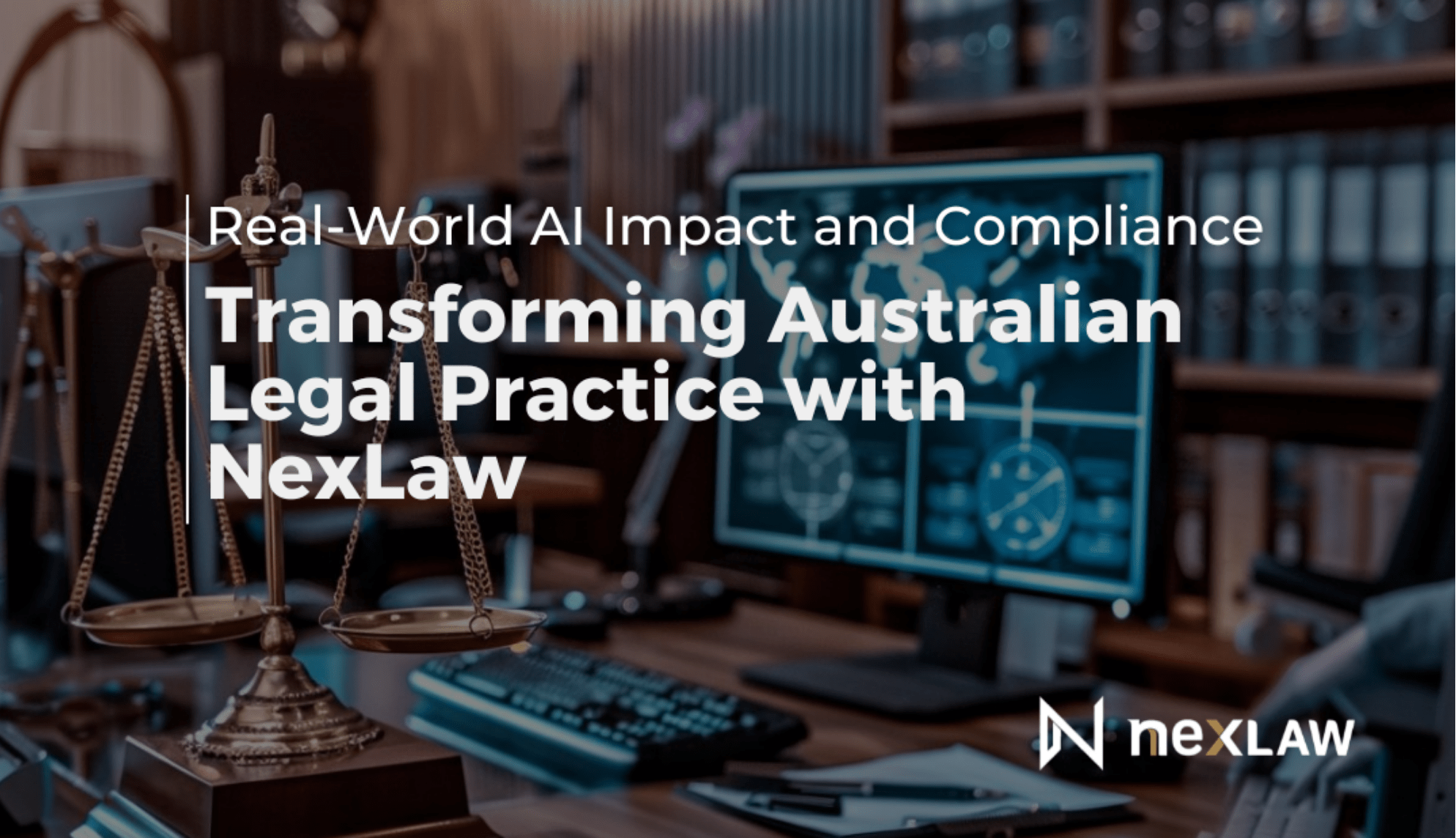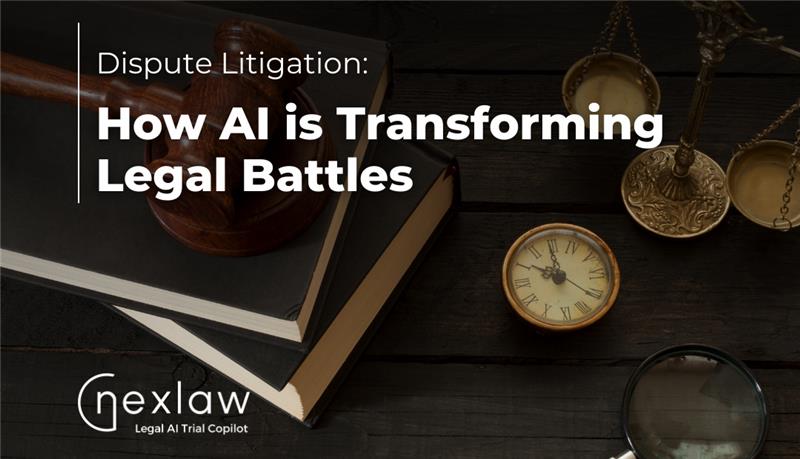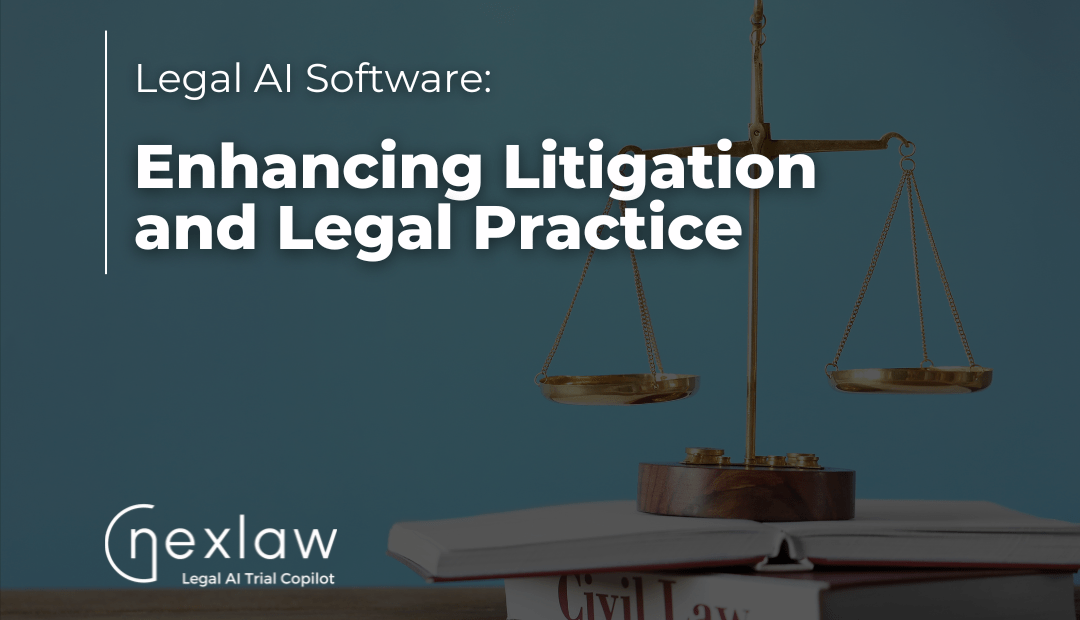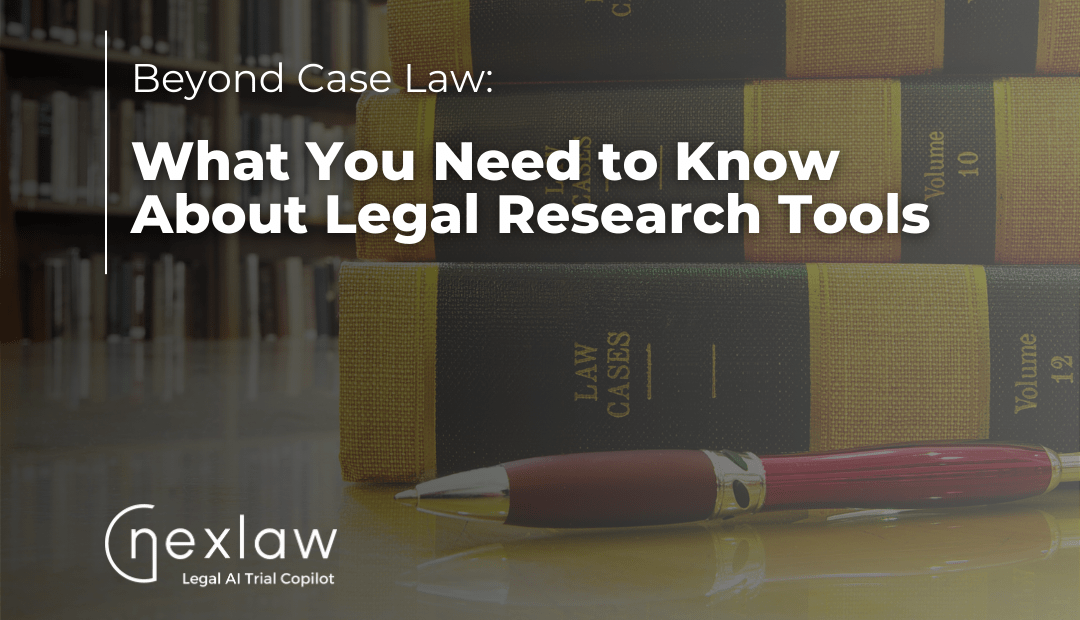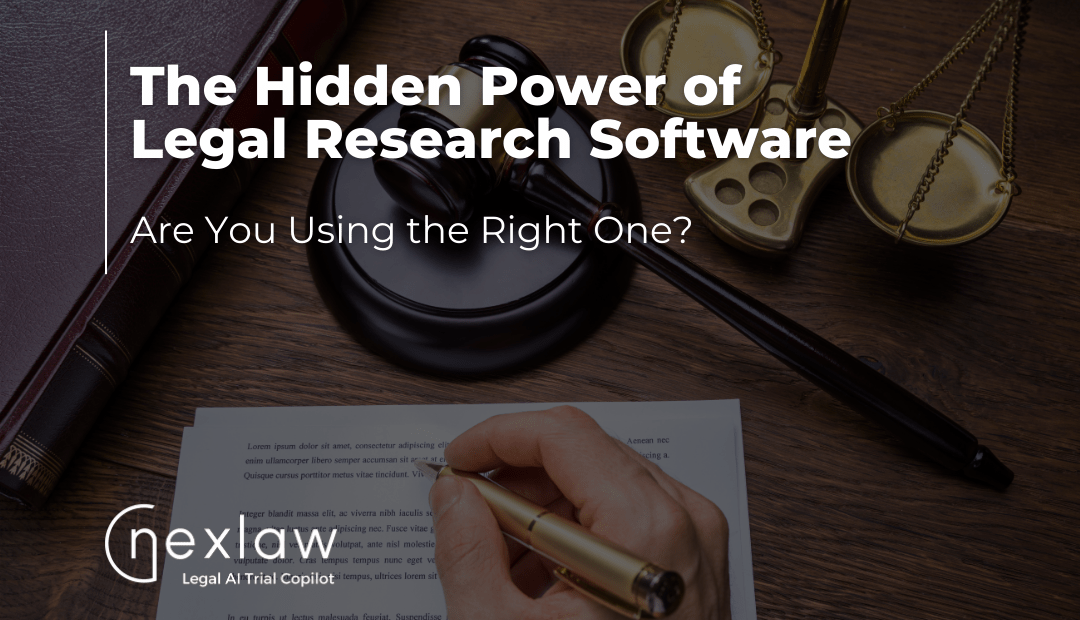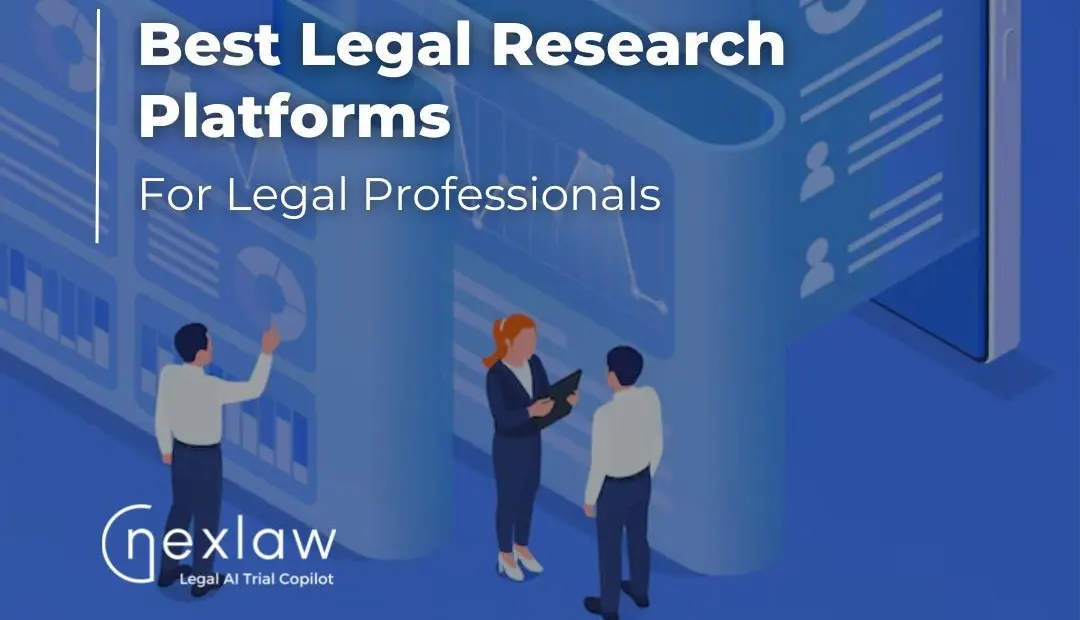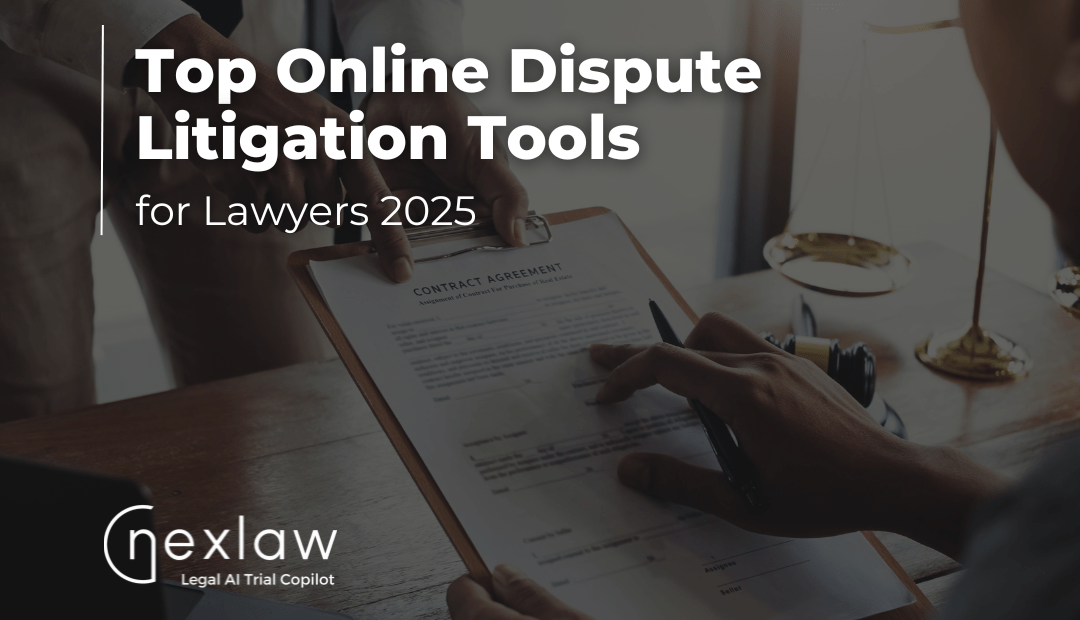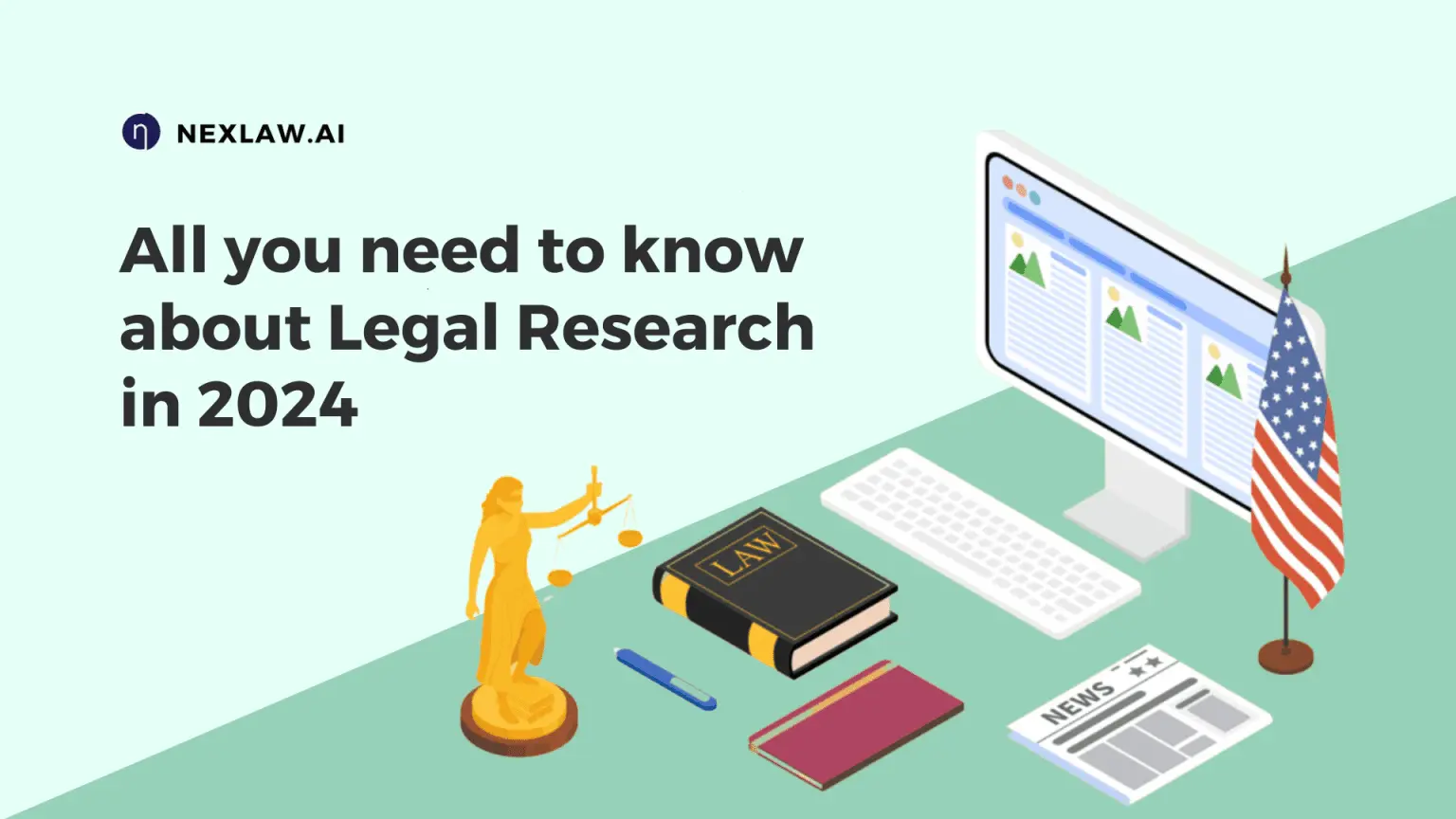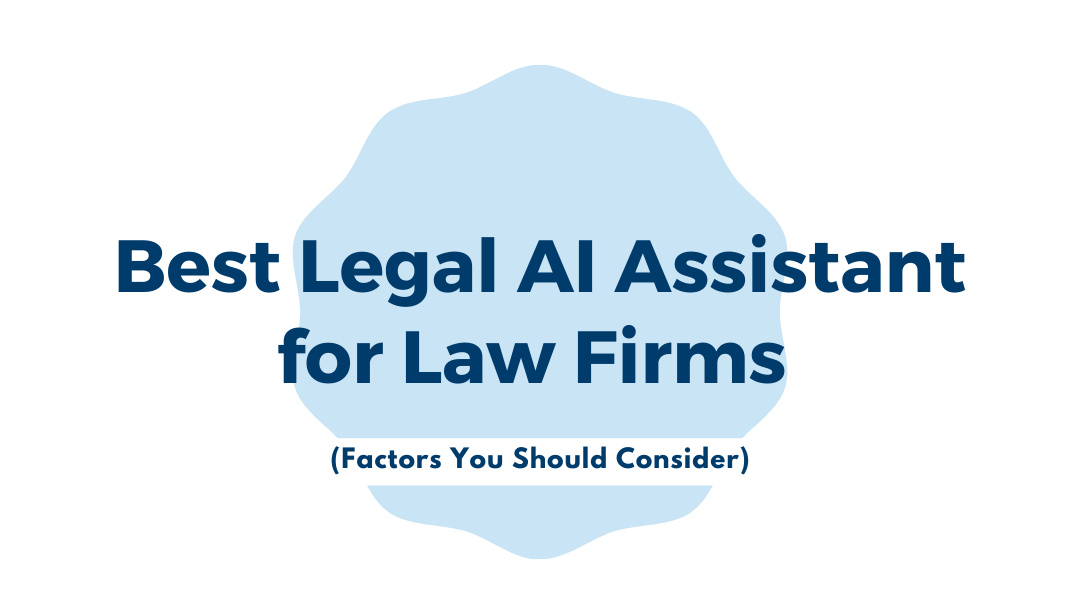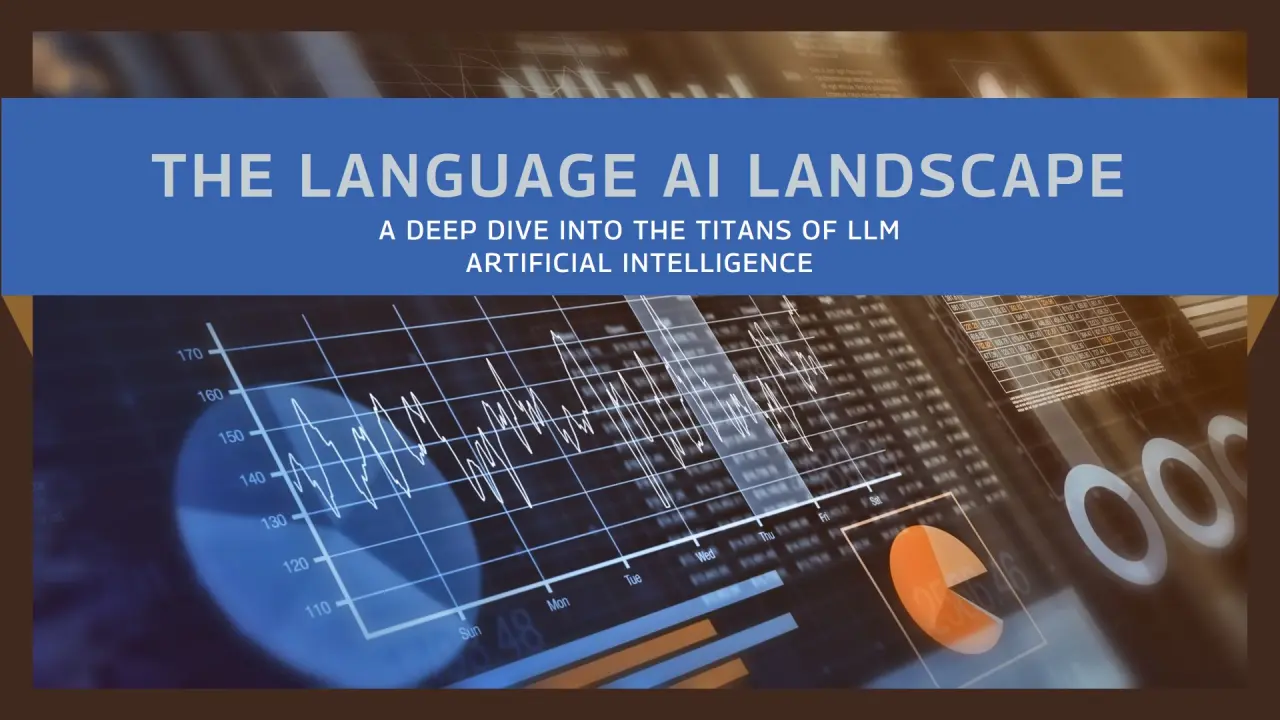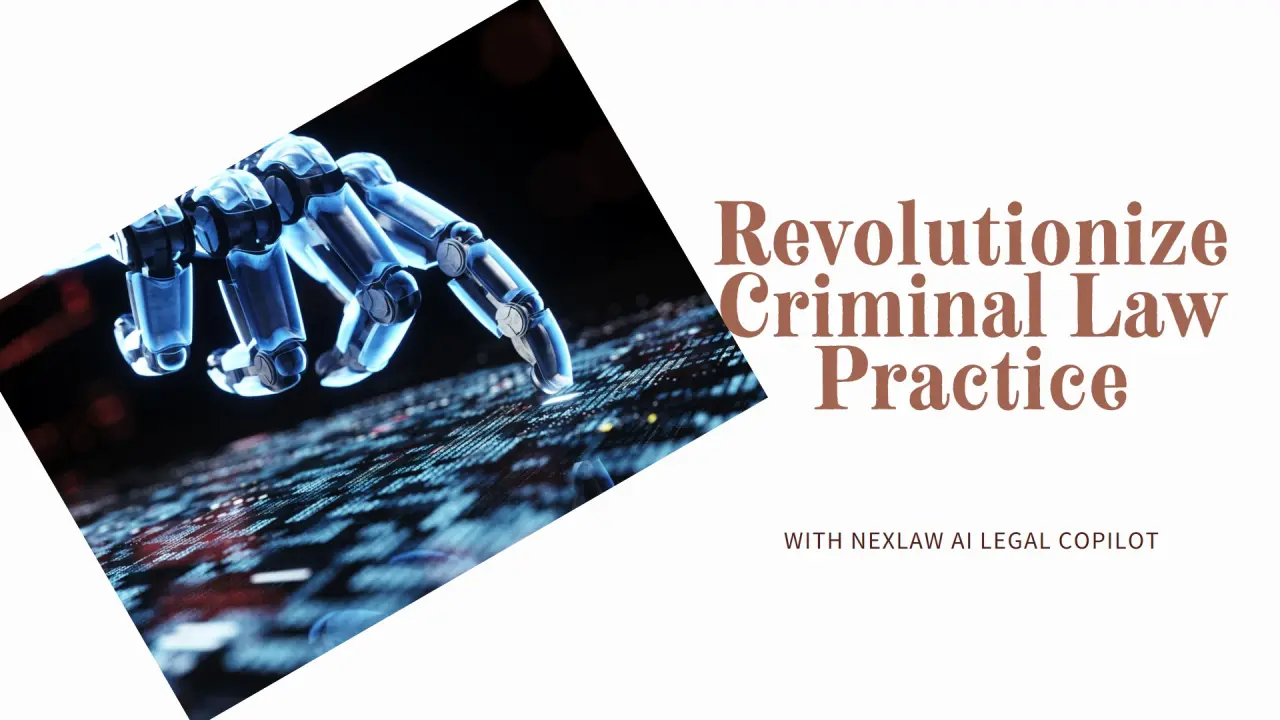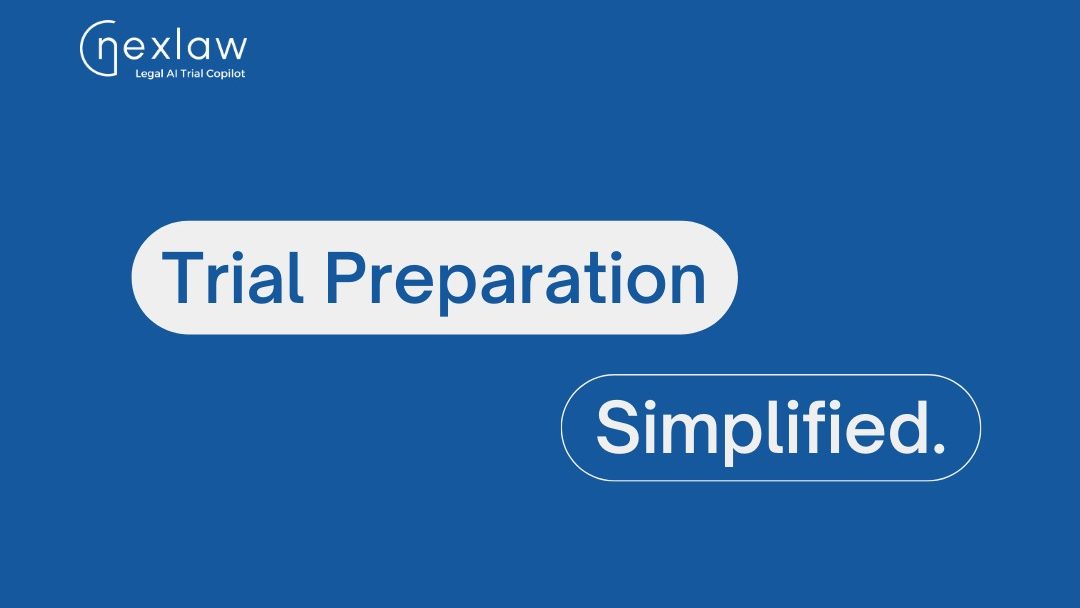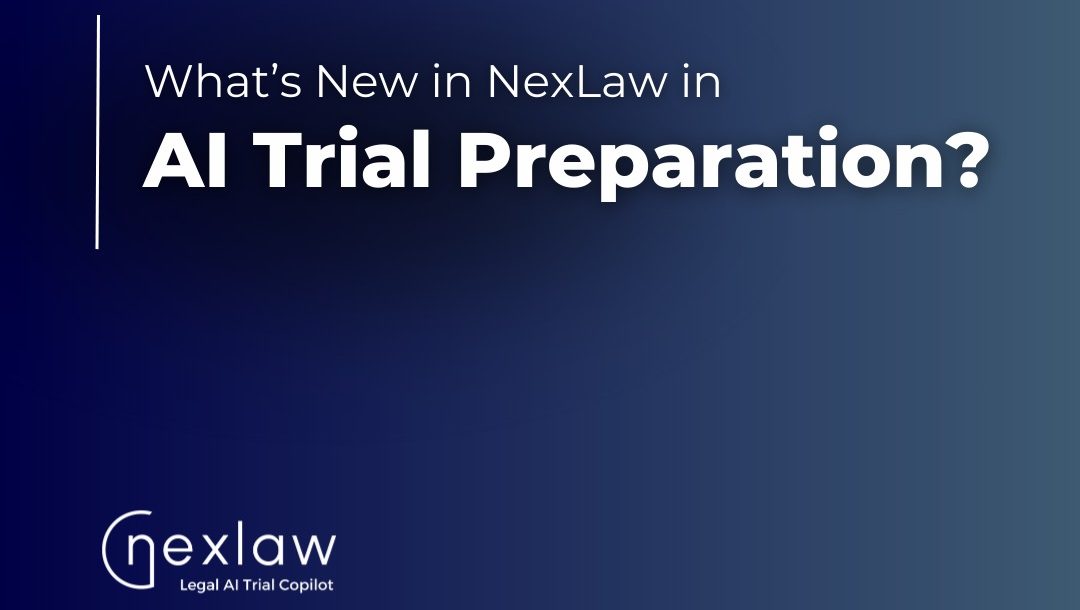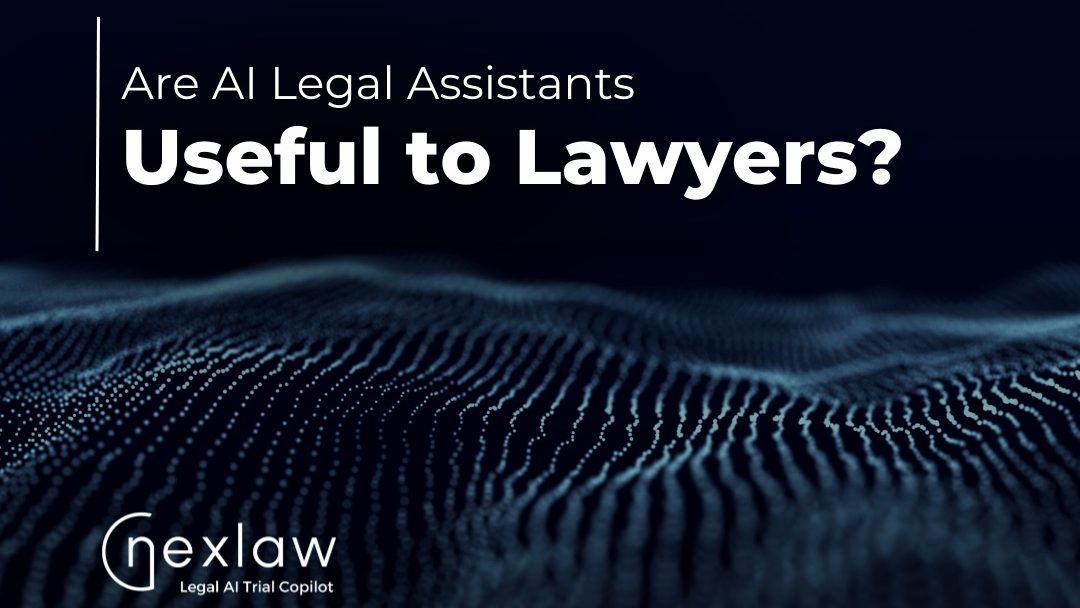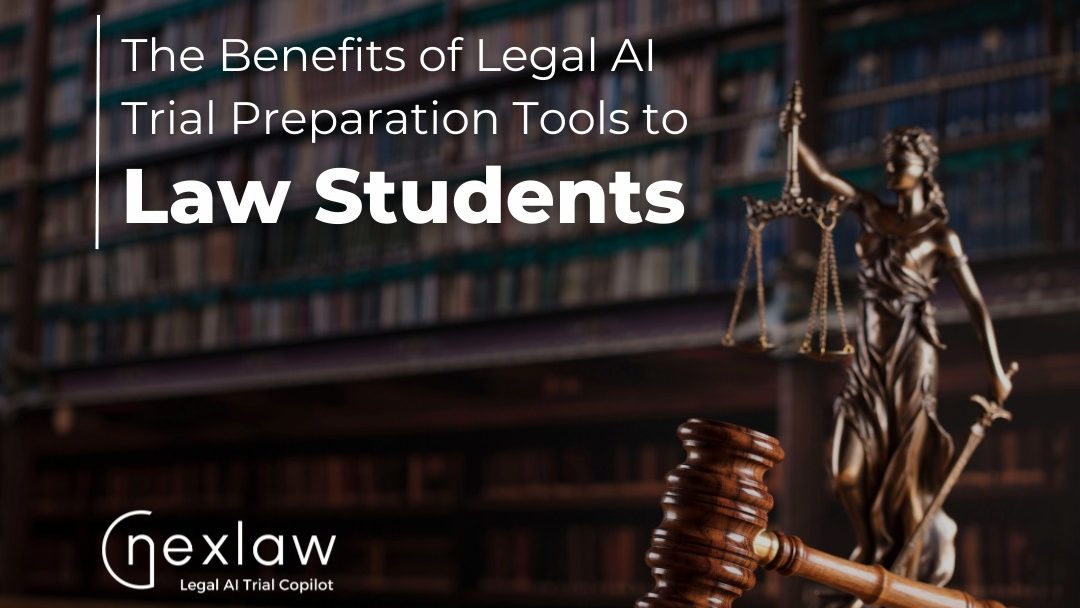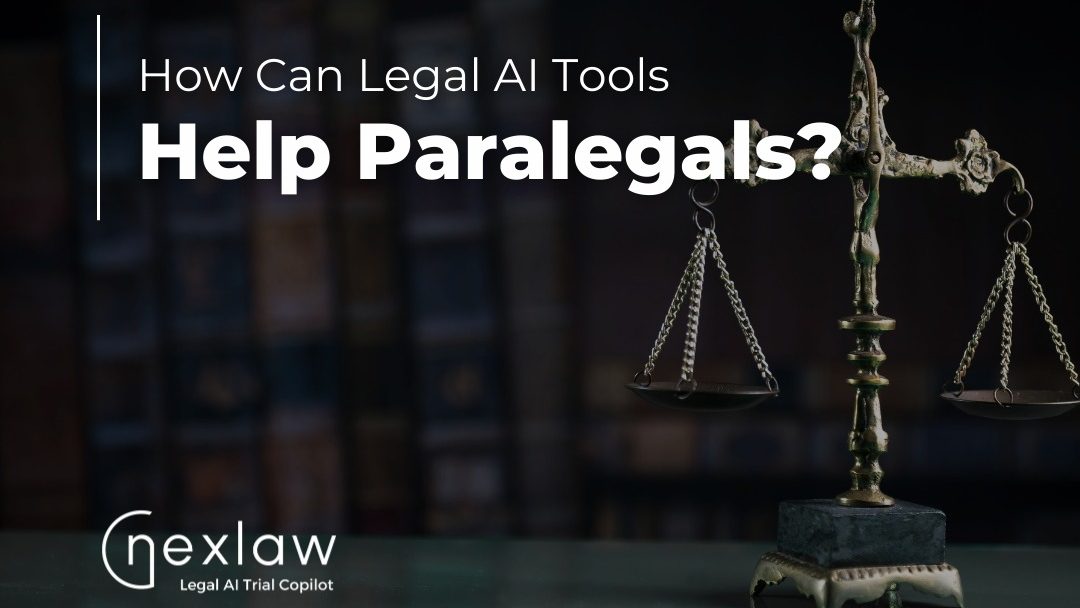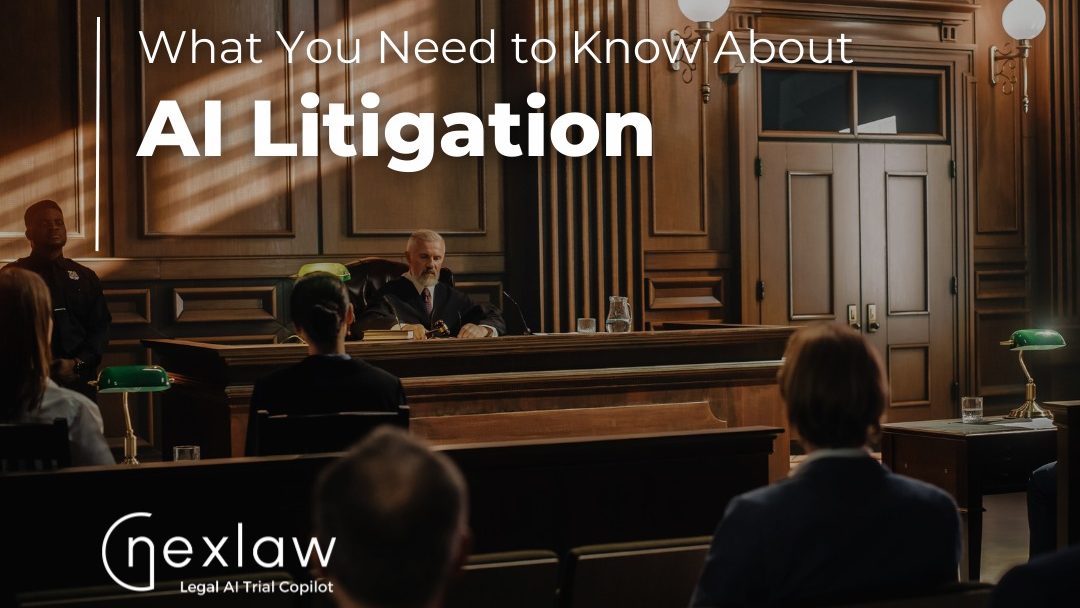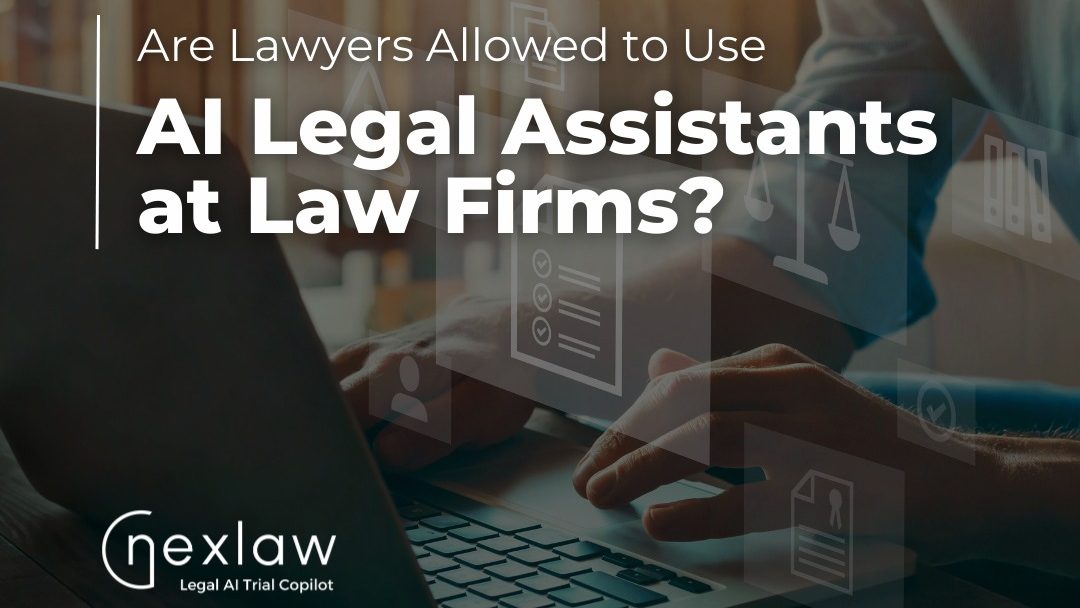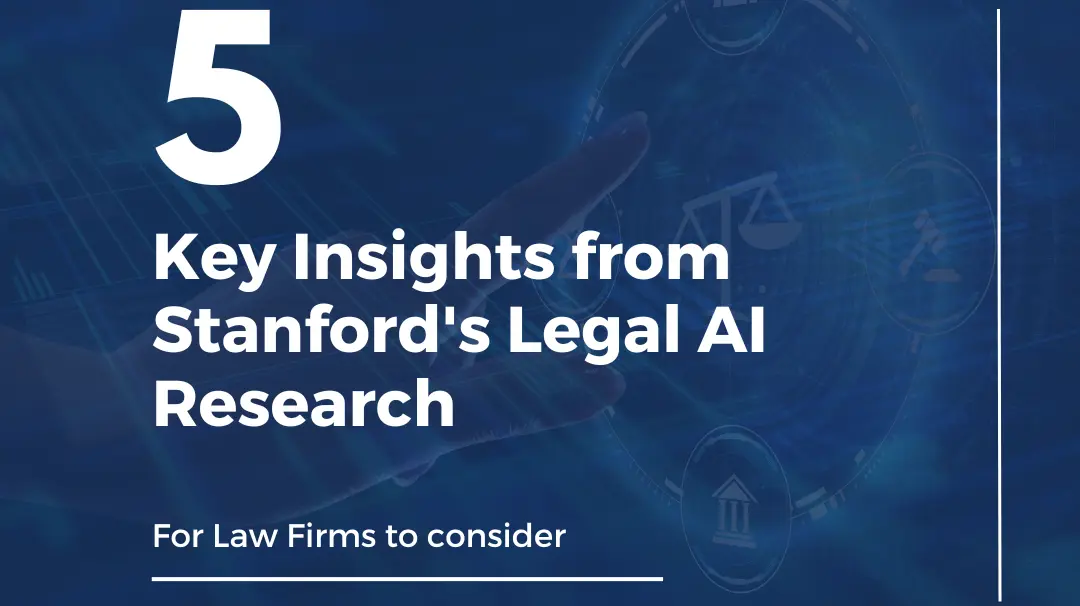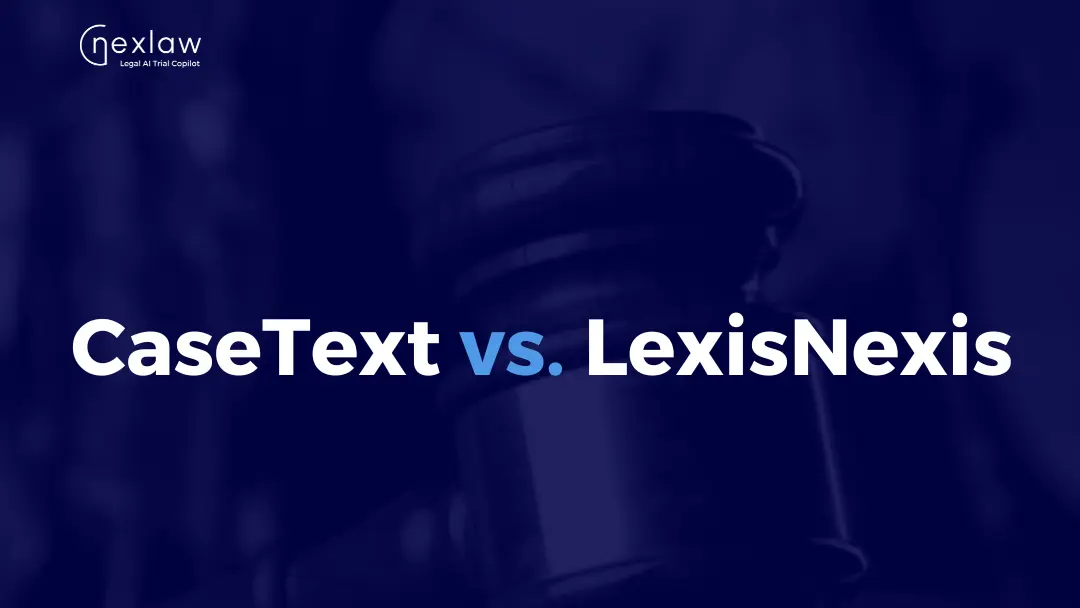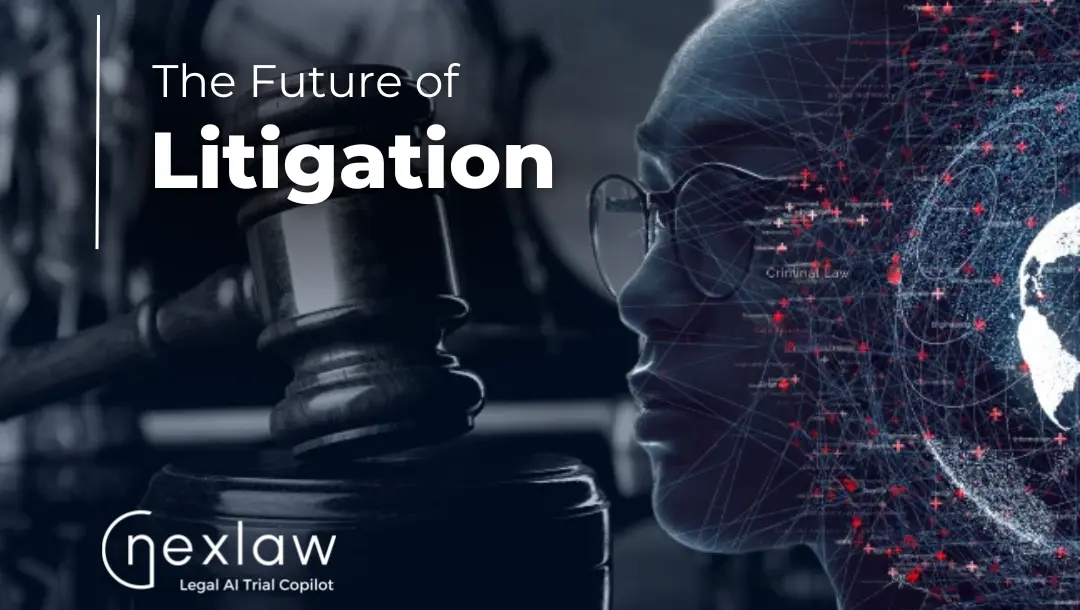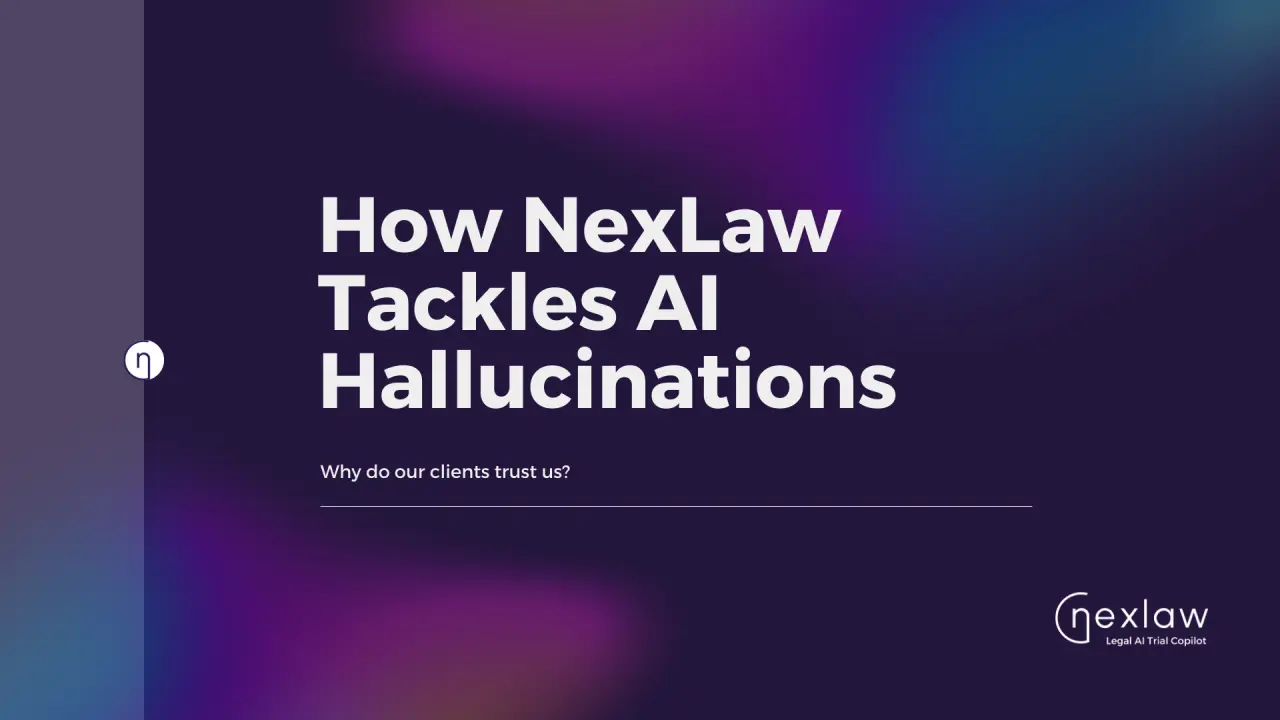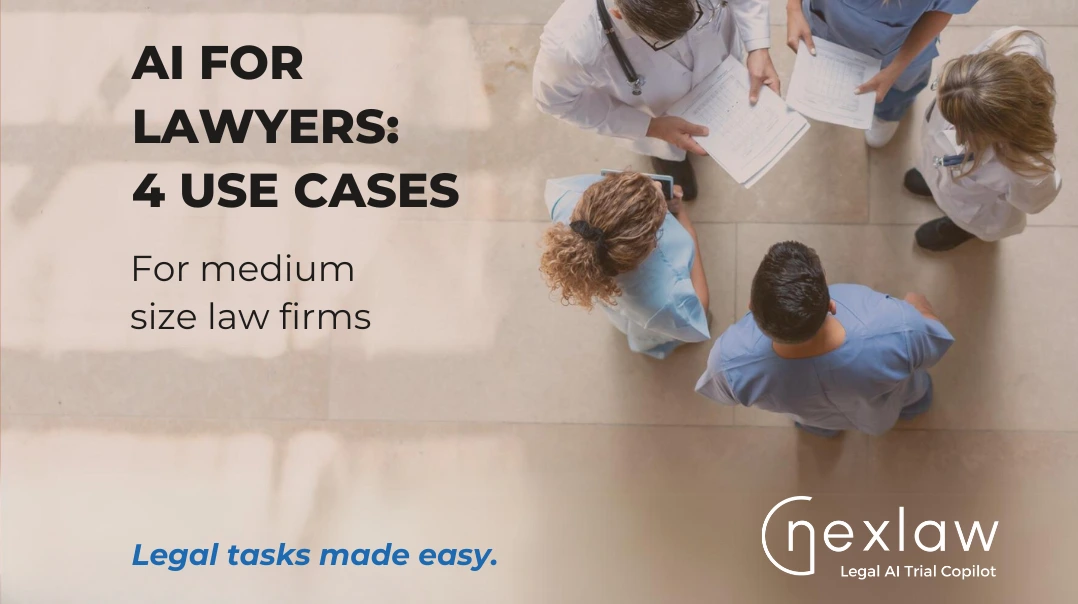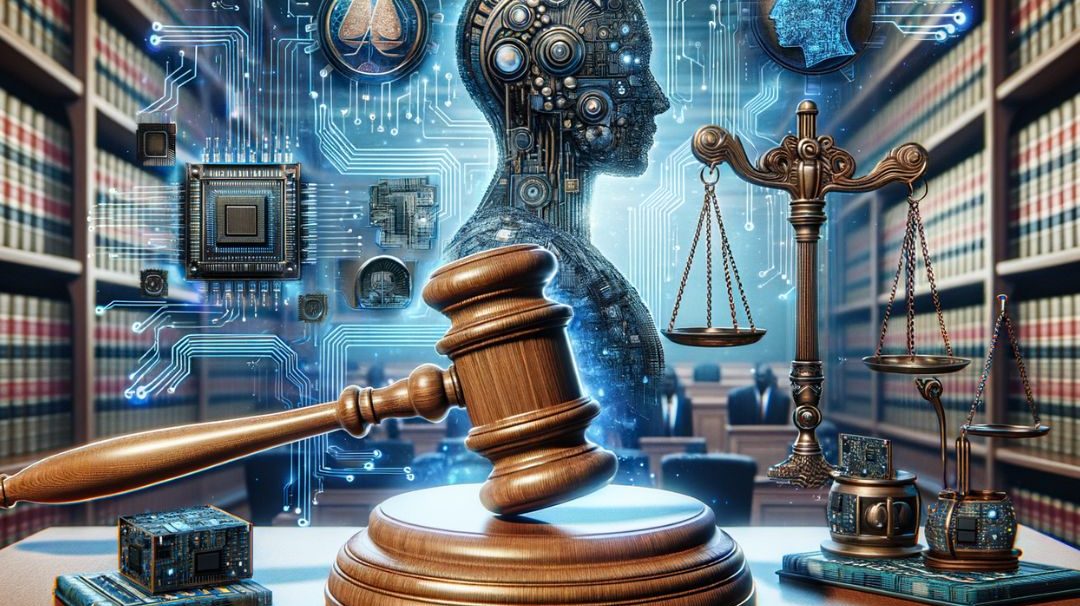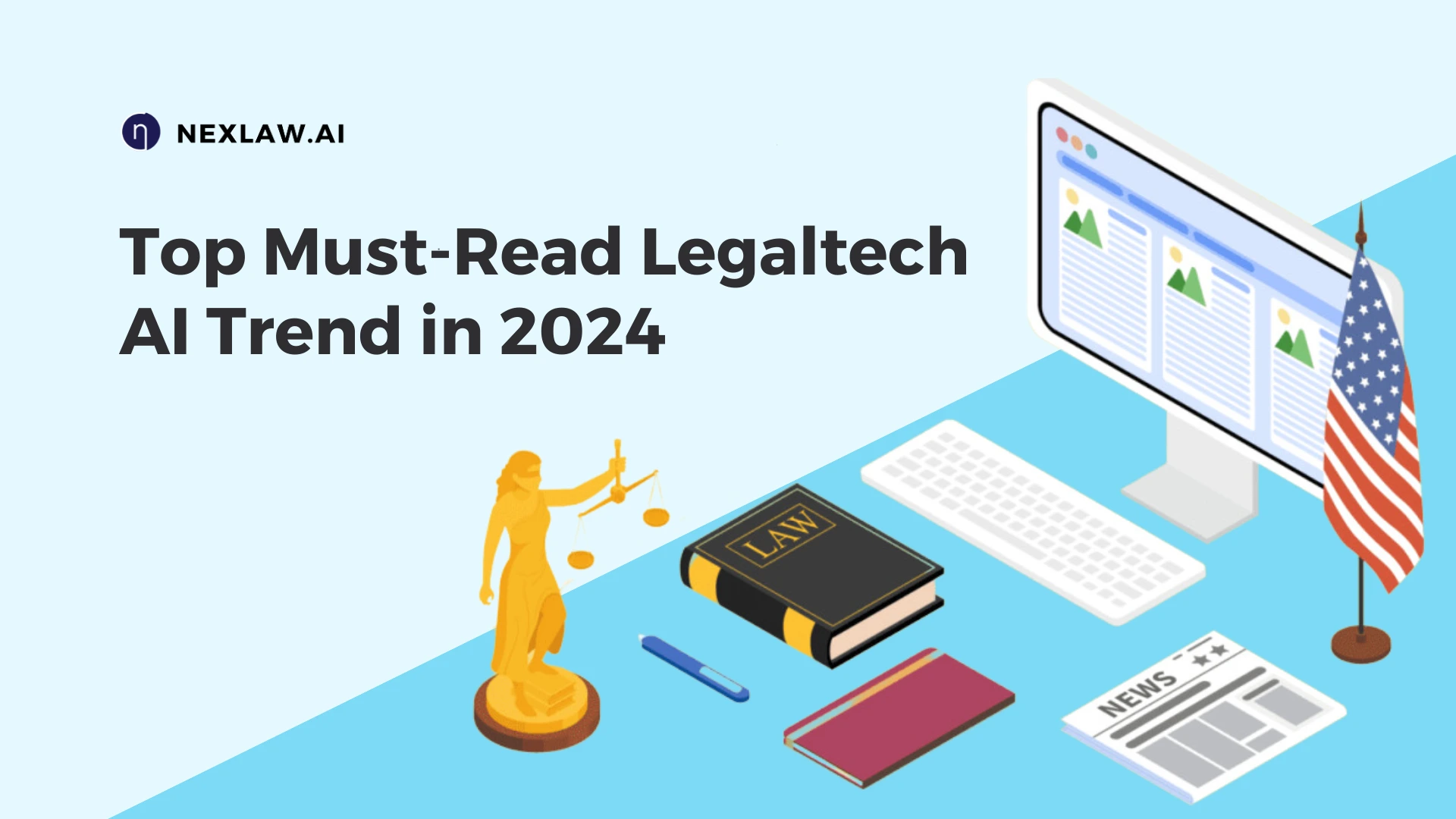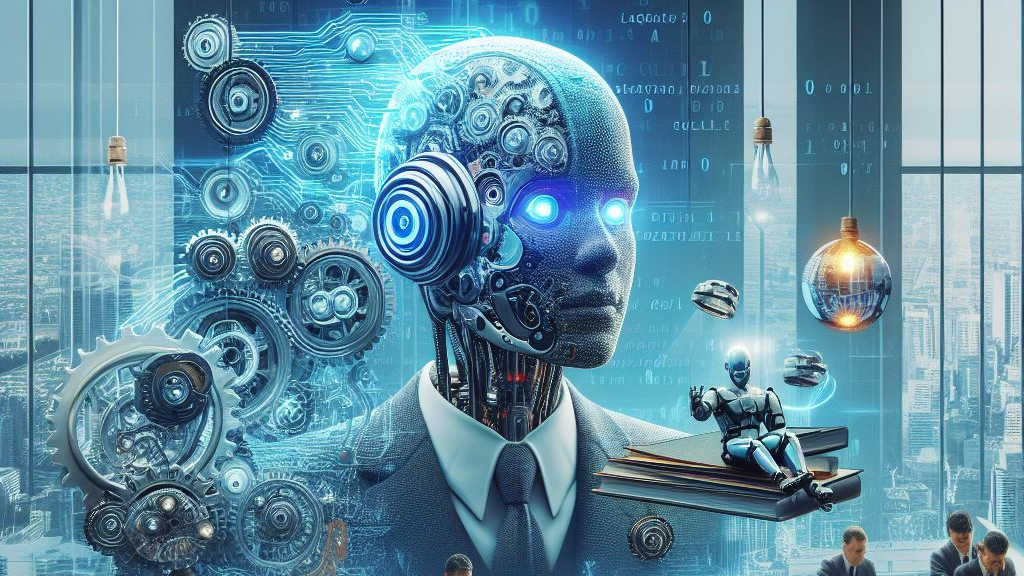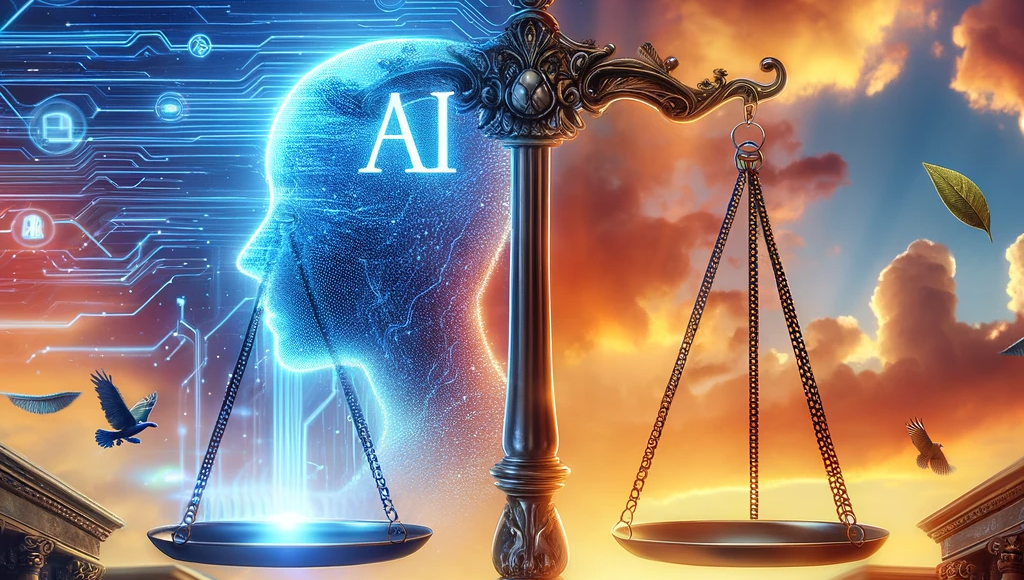How AI Mediation Platforms Can Resolve Deadlocks?
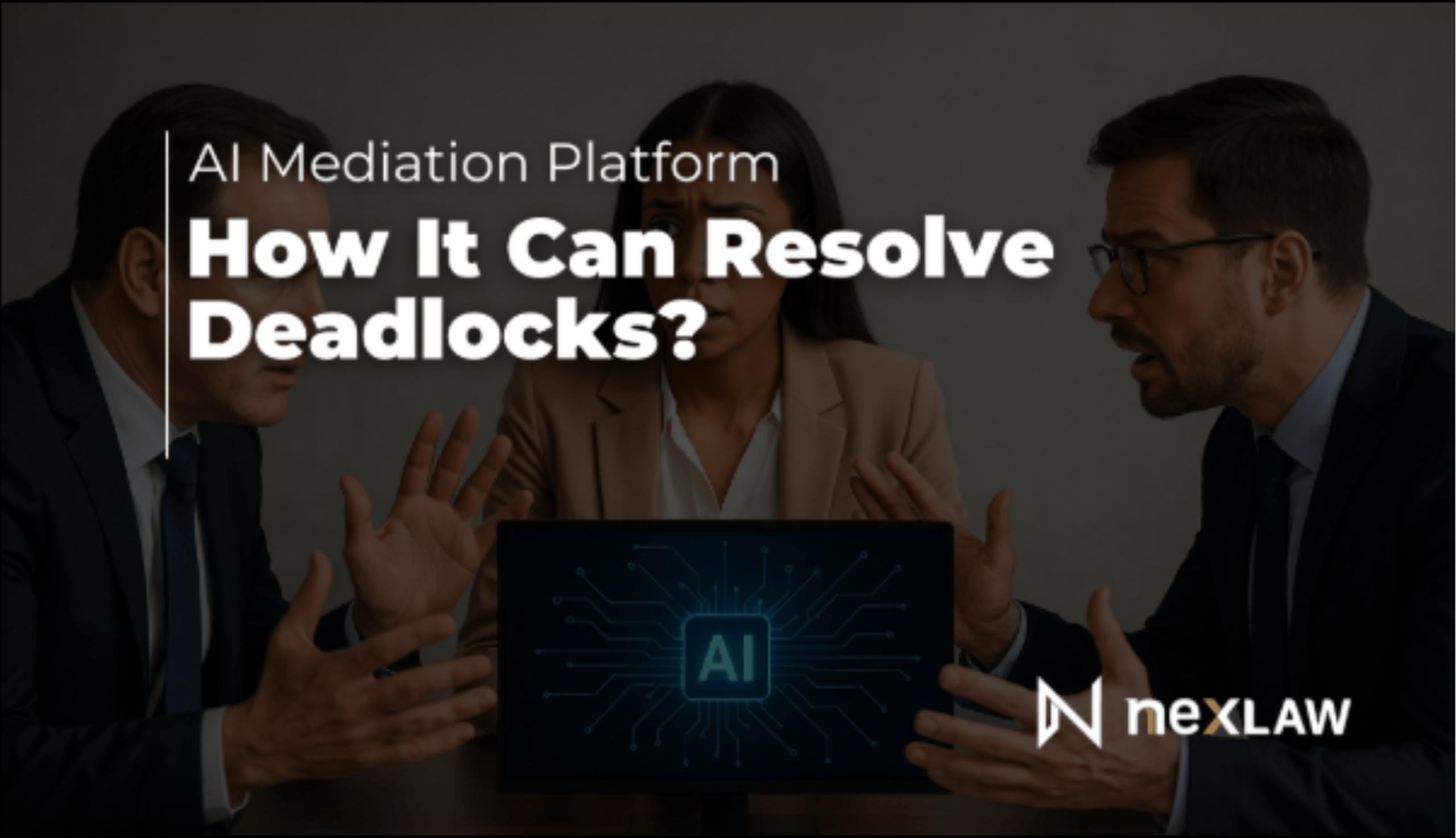
Related Posts
-
The Hybrid Future of International Commercial Disputes: Where Human Expertise Meets AI Efficiency with NexLaw.ai
-
The Global Courtroom: How International ODR and AI Are Revolutionizing Cross-Border Disputes
-
Minimizing Court Backlogs: The Preventative Power of AI in Early Dispute Resolution and Mediation
How AI Mediation Platforms Can Resolve Deadlocks?
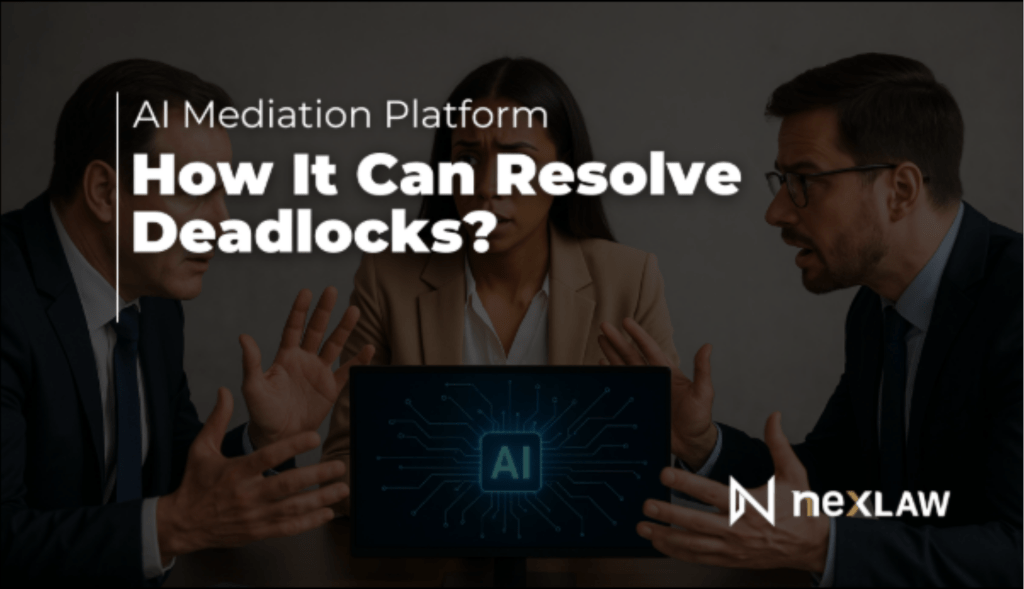
The landscape of dispute resolution is rapidly evolving. While traditional mediation relies on the skills of human mediators to guide parties toward settlement, artificial intelligence (AI) is emerging as a powerful tool to support and enhance the mediation process. But what does this look like in practice? Let’s explore the potential of AI mediation platforms through the lens of a real-world case.
The Challenge: A Commercial Lease Dispute at an Impasse
Imagine a high-stakes commercial lease dispute. The landlord is seeking $550,000 for alleged wrongful termination, while the tenant’s guarantor insists on paying no more than $120,000. After hours of negotiation, the parties reach a standstill. Emotions are running high and both sides are reluctant to make further concessions.
At this critical moment, the mediator introduces an unconventional element: an AI-powered mediation platform. The mediator explains that, if the parties cannot agree, the AI will suggest a fair settlement number based on its analysis of similar cases, contract terms and relevant legal principles.
How AI Mediation Software Can Break the Impasse
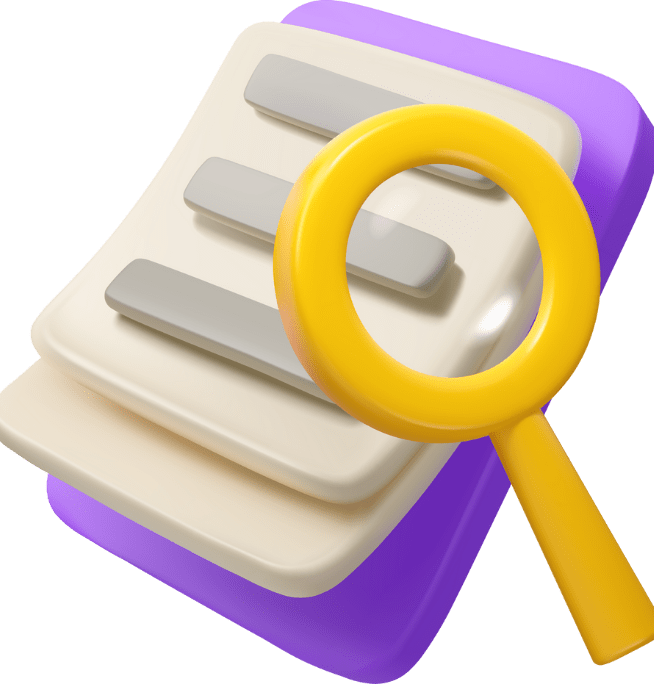
1. Data-Driven Recommendations
- AI mediation platforms excel at processing vast quantities of information in seconds.
- By analyzing previous case outcomes, statutory guidelines and even the parties’ negotiation history, the AI can generate a data-backed settlement range.
- In this scenario, the AI recommends $275,000-a midpoint grounded in precedent and objective analysis.

2. Encouraging Constructive Negotiation
- Faced with the prospect of letting an impartial AI determine the outcome, both parties are motivated to re-engage in direct negotiation.
- The AI’s presence serves as a neutral “reality check,” helping parties reassess their positions and focus on practical solutions rather than emotional standoffs.

3. Enhancing Efficiency and Reducing Costs
- Traditional mediation can be time-consuming and expensive, especially when complex documents and legal arguments are involved.
- AI mediation platforms streamline the process by summarizing key issues, highlighting points of agreement and flagging potential risks.
- This allows mediators and parties to concentrate on substantive matters, reducing both the duration and cost of mediation.

4. Minimizing Bias and Increasing Transparency
- One of the strengths of AI is its ability to remain impartial.
- Unlike human mediators, who may be influenced by unconscious biases or emotional cues, AI platforms apply consistent criteria to every case.
- This transparency can build trust in the process, particularly in high-conflict or cross-cultural disputes.
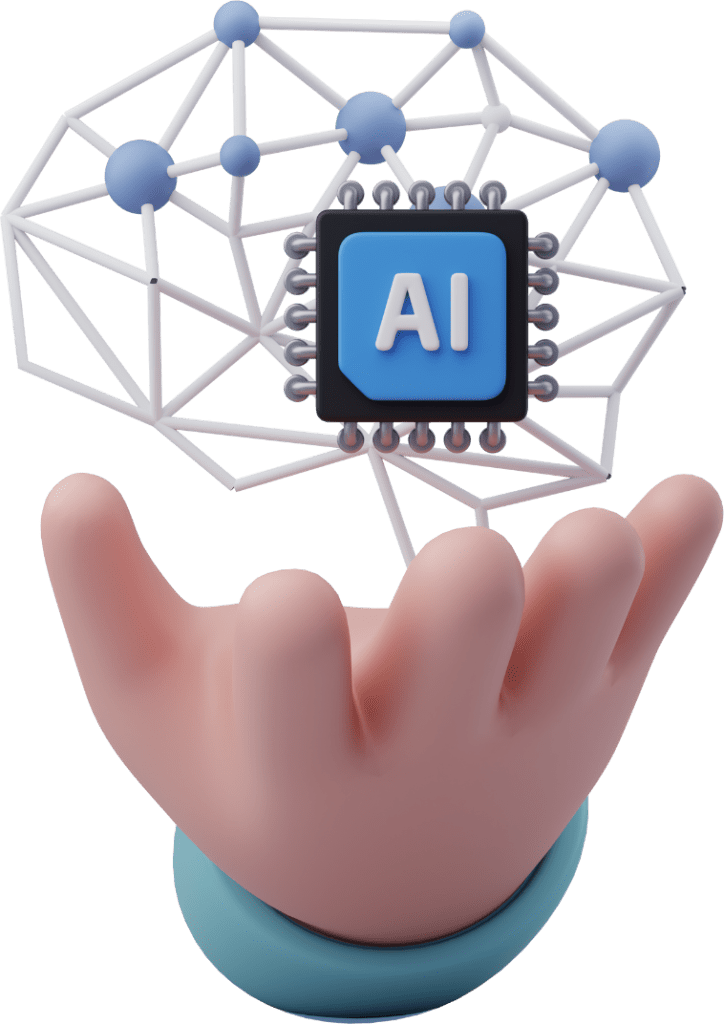
5. Supporting, Not Replacing, Human Mediators
- It’s important to note that AI mediation software is designed to assist, not replace, skilled mediators.
- While AI can analyze data and suggest options, it cannot fully address the emotional dynamics or nuanced communication that are often central to resolution.
- The most effective approach is a hybrid one, where AI handles information processing and logistics.
- Freeing mediators to focus on relationship-building and creative problem-solving.
The Outcome: A Mutually Satisfactory Agreement
In our case, the parties ultimately settle for $270,000-just below the AI’s recommendation. Both sides feel their positions have been fairly considered and the mediator credits the AI platform with breaking the deadlock. The parties sign the agreement and when told the AI’s suggested figure, express satisfaction with the fairness of the process.

Act now to transform your
practice and achieve your goals.
Risks and Considerations
While the benefits of AI mediation platforms are clear, there are important caveats:
- Accuracy and “Hallucinations”: AI tools can sometimes generate inaccurate or irrelevant suggestions if not properly supervised. Human oversight remains essential.
- Emotional Intelligence: AI cannot replace the human touch needed to manage anger, fear, or mistrust-factors that often underlie disputes.
- Confidentiality: Parties must ensure that any AI platform used complies with data privacy and security standards.
See NexLaw in Action
Start your free trial and kick off your legal AI journey with a personalized demo
*By submitting the form, you agree to the Terms of Service and Privacy Policy
NexLaw AI: AI for Lawyers
he integration of AI into mediation is still in its early stages but the direction in the U.S. legal system is unmistakable. As AI platforms become more advanced, they are poised to deliver even greater value for American practitioners-especially in case analysis, risk assessment and outcome prediction tailored to U.S. jurisdiction. For U.S. mediators, lawyers and disputing parties, AI mediation software offers a unique opportunity to resolve conflicts more efficiently, transparently and fairly, while addressing the specific demands of American legal practice.
Legal professionals across the United States who want to leverage the latest in legal tech are increasingly turning to specialized solutions like NexLaw AI. NexLaw’s AI Legal Assistants automates document review, summarize U.S. case law and deliver real-time, jurisdiction-specific insights to support more informed decision-making, all while maintaining strict security and confidentiality standards. Ready to Experience NexLaw? Book your Personalised Demo now!
Interested In Features Like This?
Receive complimentary access to our resources and a personalized live demo tailored to your needs.
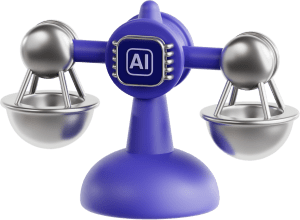
Related Articles
“Daubert” Motions in the AI Era:
Navigating the Future of AI and Law
Trial Prep Just Got a Whole Lot Easier
Top Trends of Legal AI in 2024



